In the years leading up to my conversion, I gradually became fascinated by Thomas á Kempis’s devotional text, The Imitation of Christ. I encountered it first in the letters of the young Samuel Beckett, and next in the interviews of Estonian composer Arvo Pärt, and then in all kinds of other unexpected places. Among them, this 1877 letter from Vincent Van Gogh to his beloved brother, Theo:
(more…)Category: Art
Easter 2024: A Roman Pilgrimage
Holy Thursday

On Holy Thursday, we visit St Peter’s Square and enter St Peter’s Basilica in Vatican City. We spend time in prayer at the Altar of the Crucifixion of Saint Peter; at the Chapel of the Sacrament; and at the Tomb of Saint Peter the Apostle underneath the Main Altar (Saint Peter’s Baldachin).
Green Fashion at the Green Man Festival
“Gather up the leftover fragments, that nothing may be lost.” (Jn 6:12)
—
In late August, Jenn and I attended the Green Man Festival in Wales, UK. While representing the Fashion Department of the University of South Wales, Jenn, her colleague Emma, and several of their students facilitated upcycling workshops with industry partners Hiut Denim and the Sustainable Studio.
It was my first time at the festival, and so I was surprised to find myself carrying a Guest Pass, chatting with ITV Wales News presenters, and visiting the behind-the-scenes Press Tent for the recording of a podcast.
The workshops were a great success, with festival goers of all ages dropping by to give new life to old garments, and create personal DIY zines from mainstream magazines, in a space that offered opportunities to reflect, to experiment, and to play.
Since the Green Man Festival trades on that mysterious alchemy where mud is transformed into music and memory, it was fitting to see so many discarded and forgotten objects tailored for a bright future.

















































World Youth Day Pilgrimage, Portugal 2023
“Mary arose and went with haste” (Luke 7:39)
“It is the smallest of all the seeds, but when it has grown it is the biggest shrub of all and becomes a tree so that the birds of the air come and shelter in its branches.” (Matt 13:32)
“The Lord’s is the earth and its fullness, the world and all its peoples.” (Ps 23)
—
In July and August, I accompanied the Archdiocese of Cardiff and the Diocese of Menevia on a two-week pilgrimage to World Youth Day in Lisbon, Portugal. I acted as one of the Team Leaders joining over fifty other pilgrims on the journey, including Archbishop Mark O’Toole and five young pilgrims from St David’s Catholic Sixth Form College in Cardiff.
The first week was spent in the Diocese of Porto, exploring the rich cultural history and life of the Church from our local accommodation in the town of Aguda. Our second week was spent in Fàtima, where we visited key historical sites and welcomed Pope Francis to a public prayer service before the Shrine. The trip culminated in World Youth Day itself, a major event that hosted around 1.5 million pilgrims to a communal all-night vigil and Mass.
The pilgrimage was one of the most personally and professionally satisfying events of my life and career. I moderated a Q&A between pilgrims and the Archbishop where a range of challenging topics were discussed with patience, openness and nuance; and it was a privilege to lead an Examen in a Chapel of Reconciliation in Fátima itself. The places and people we encountered helped to broaden and deepen my understanding of the universal Church; the happy and excited atmosphere of some of the events was like nothing I have experienced before; and it was a joy and a reward to spend time building so many meaningful relationships with my fellow pilgrims. I will be forever grateful for this opportunity, and the many graces it has afforded.
Here are a few images from the trip.
Day One
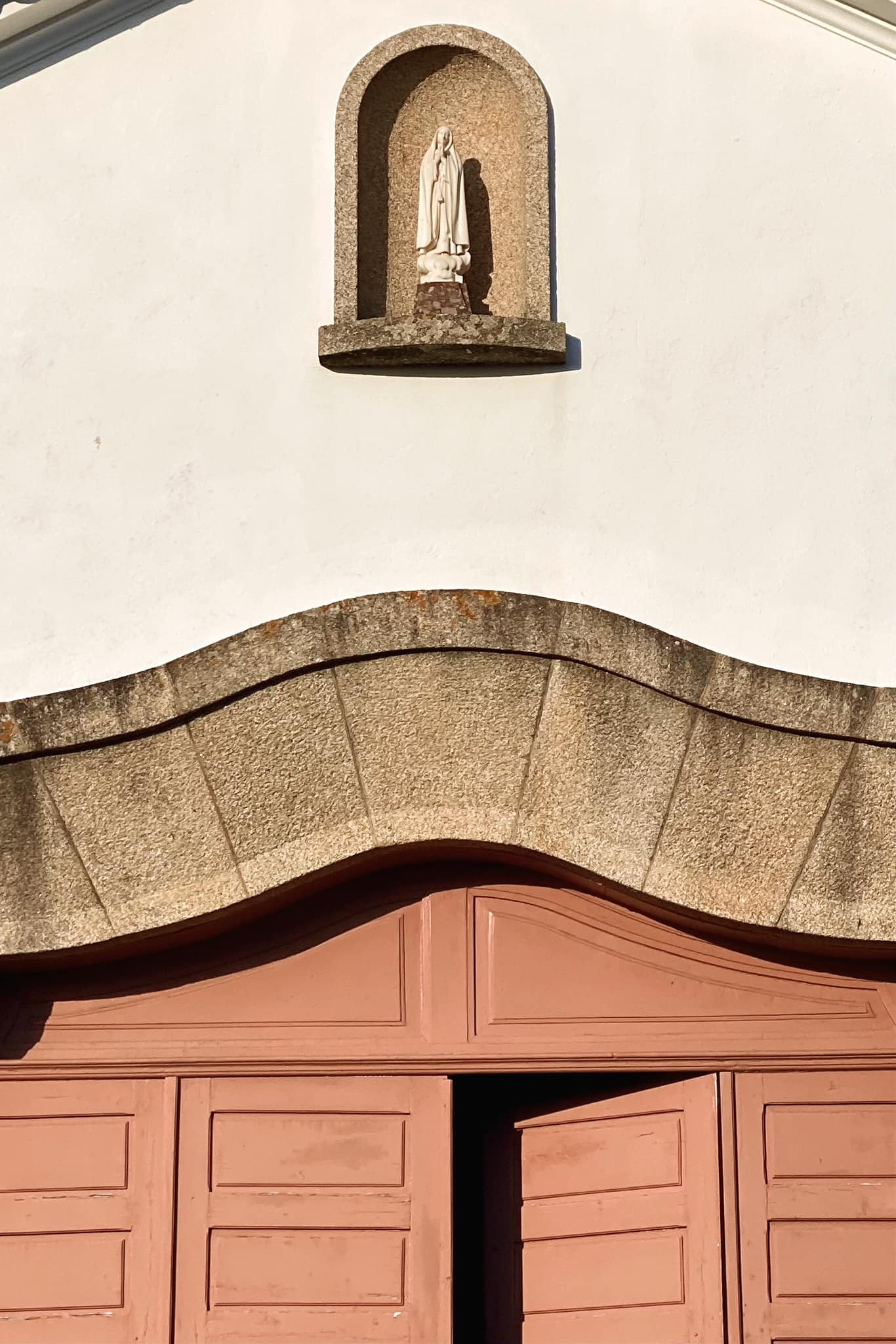
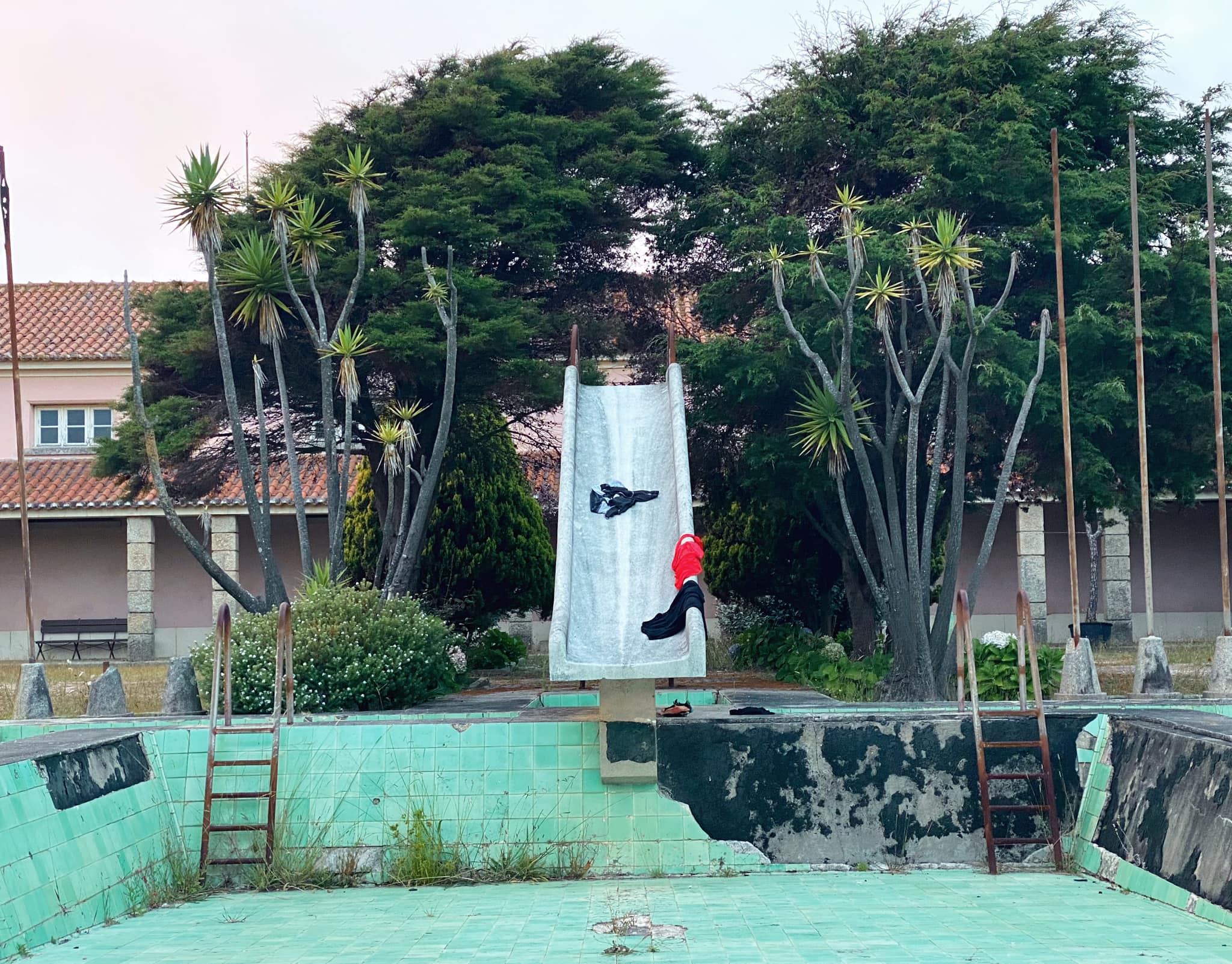
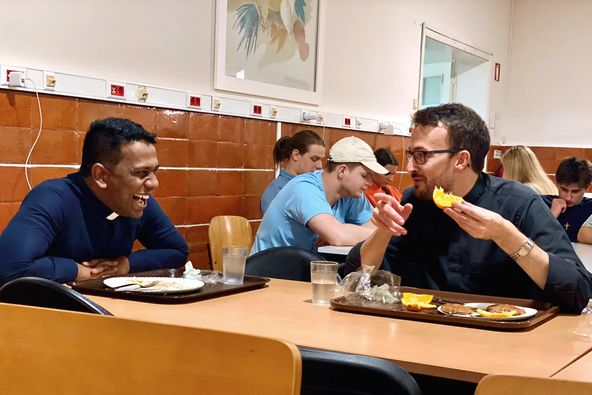


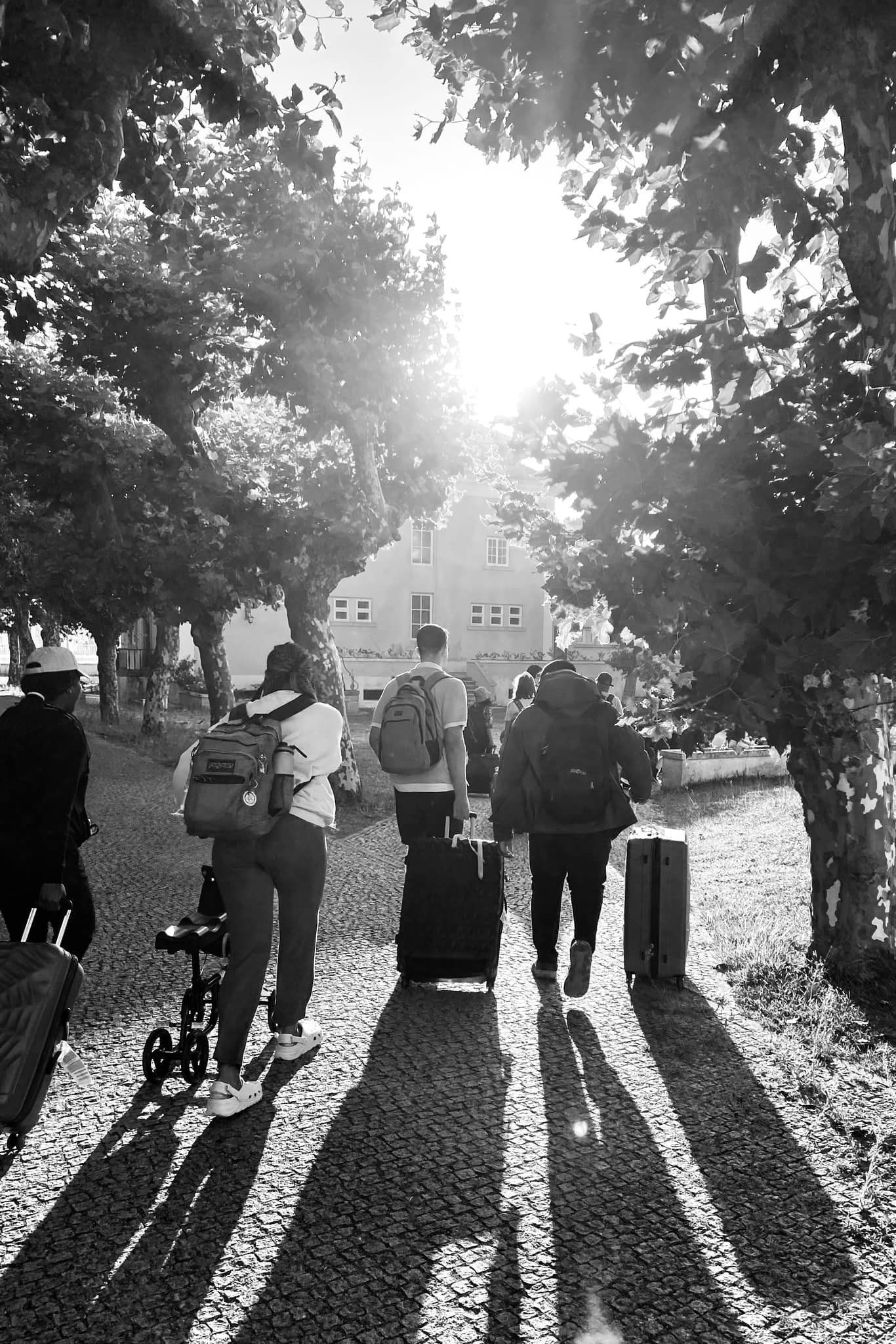
Day Two
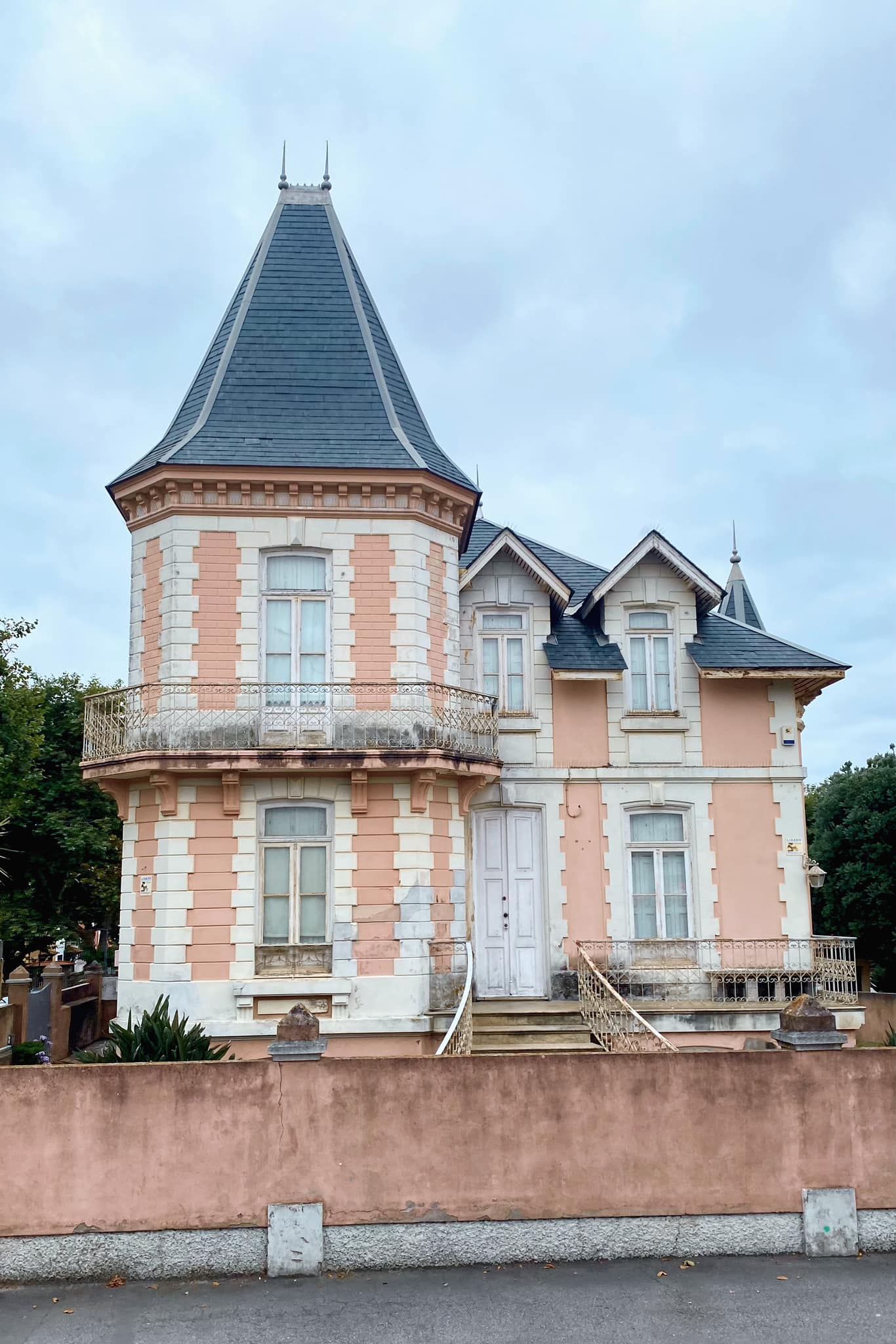
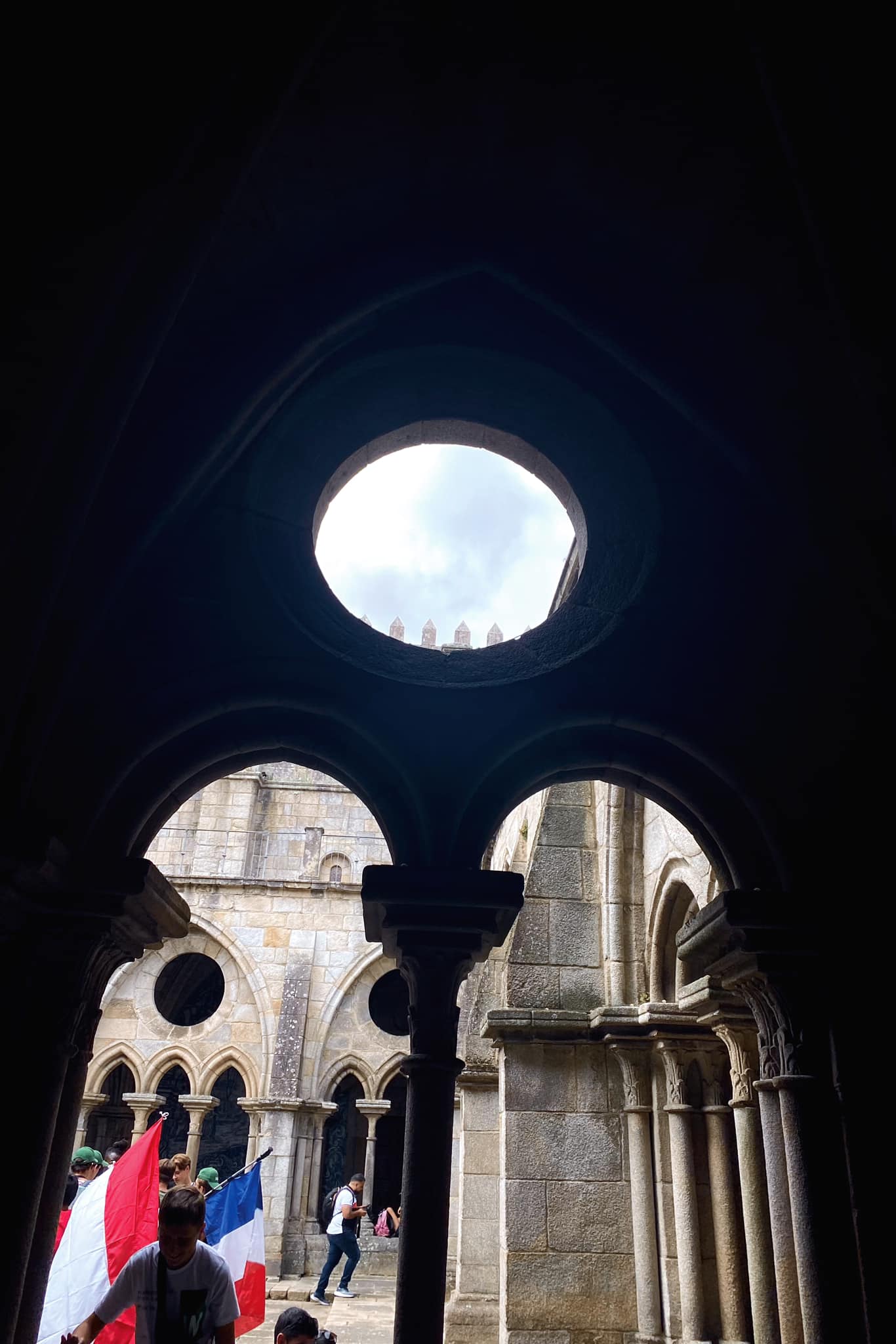

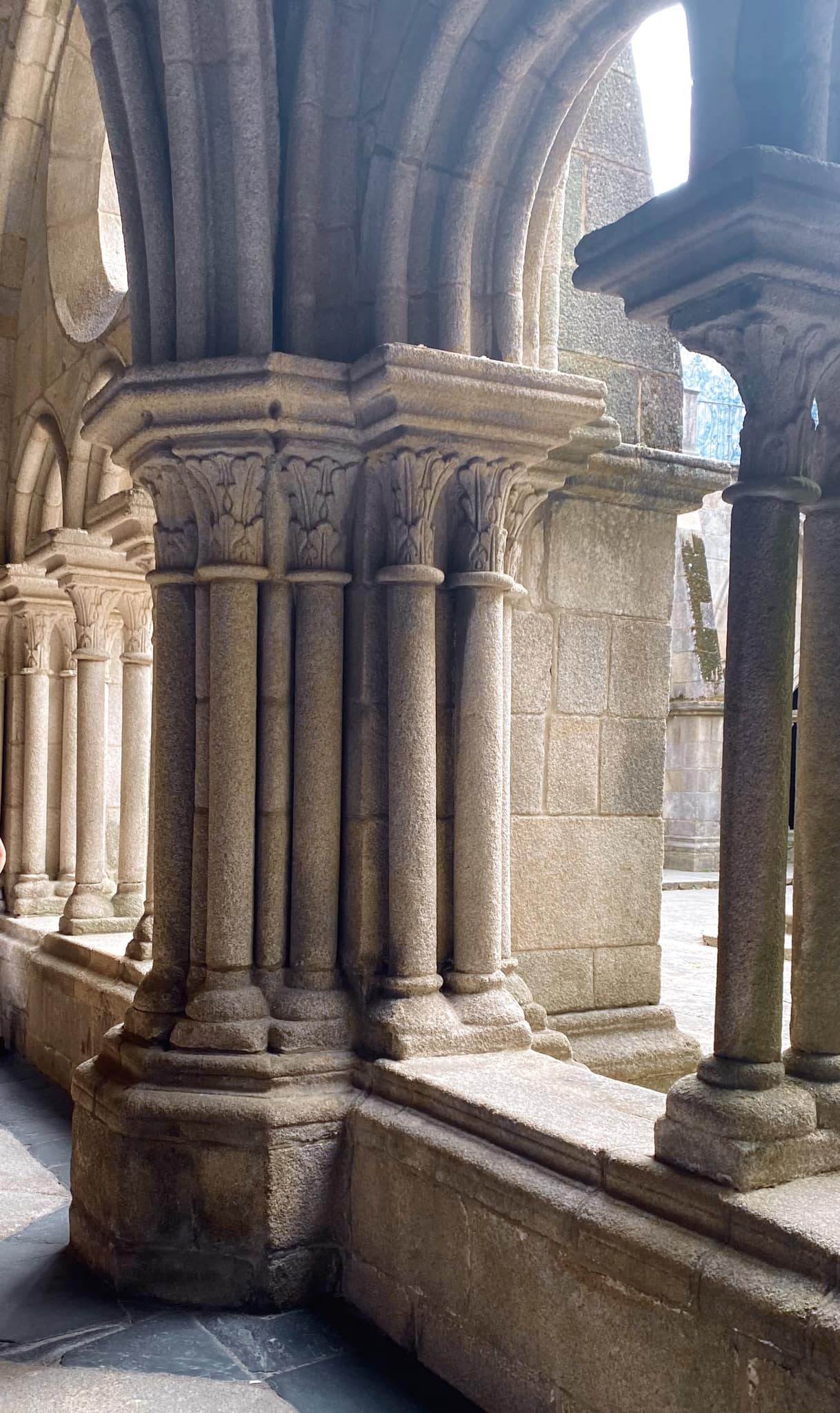
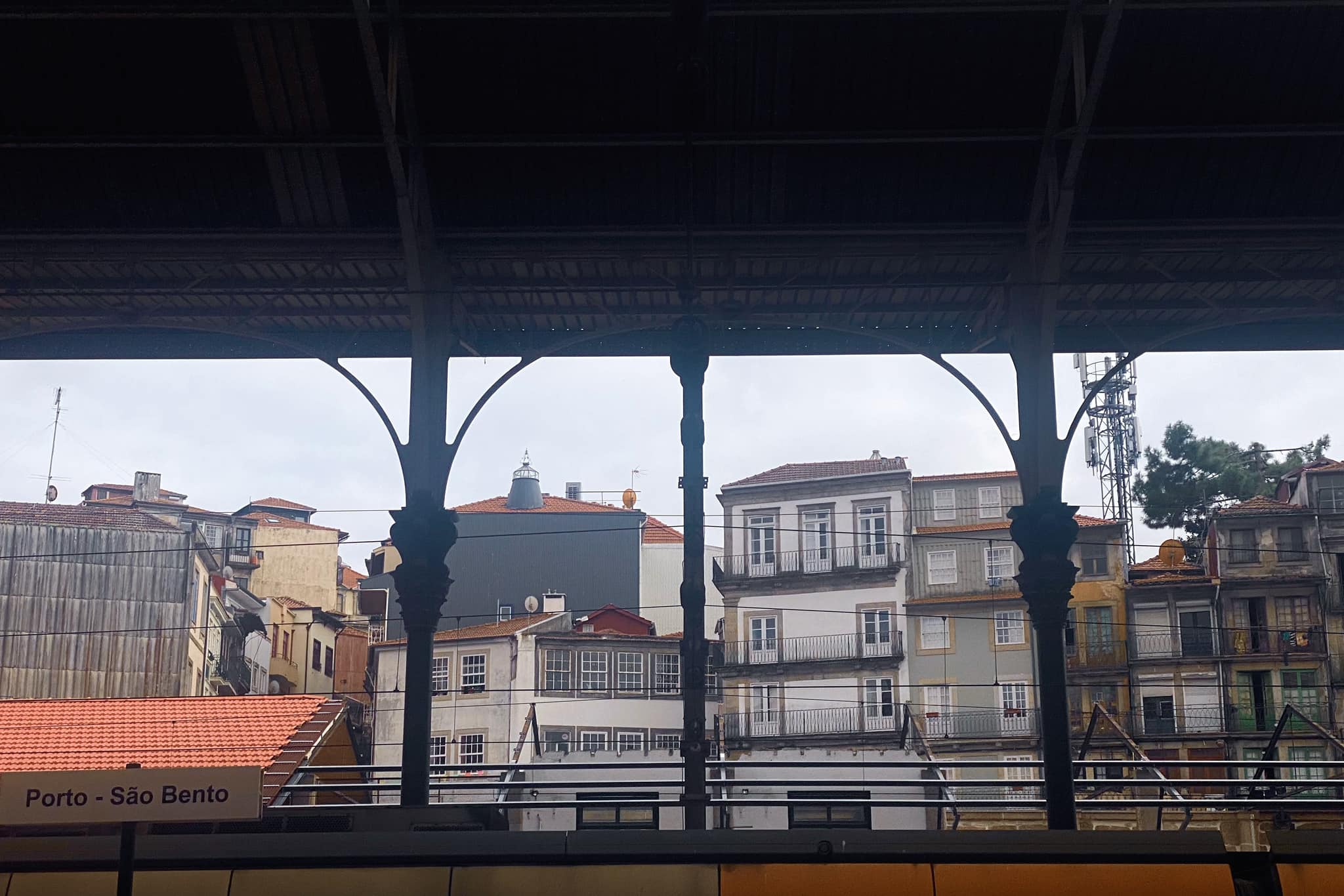
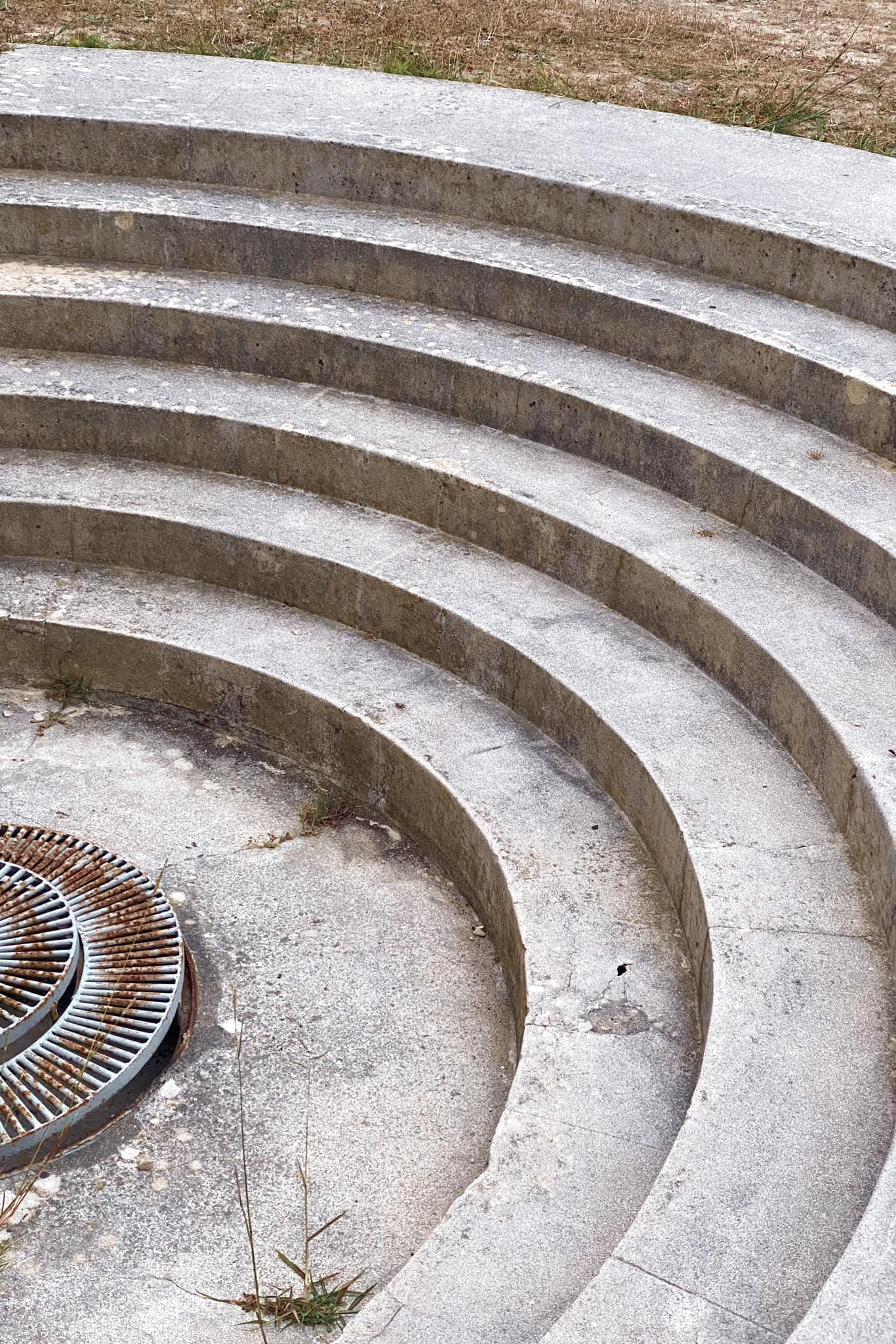

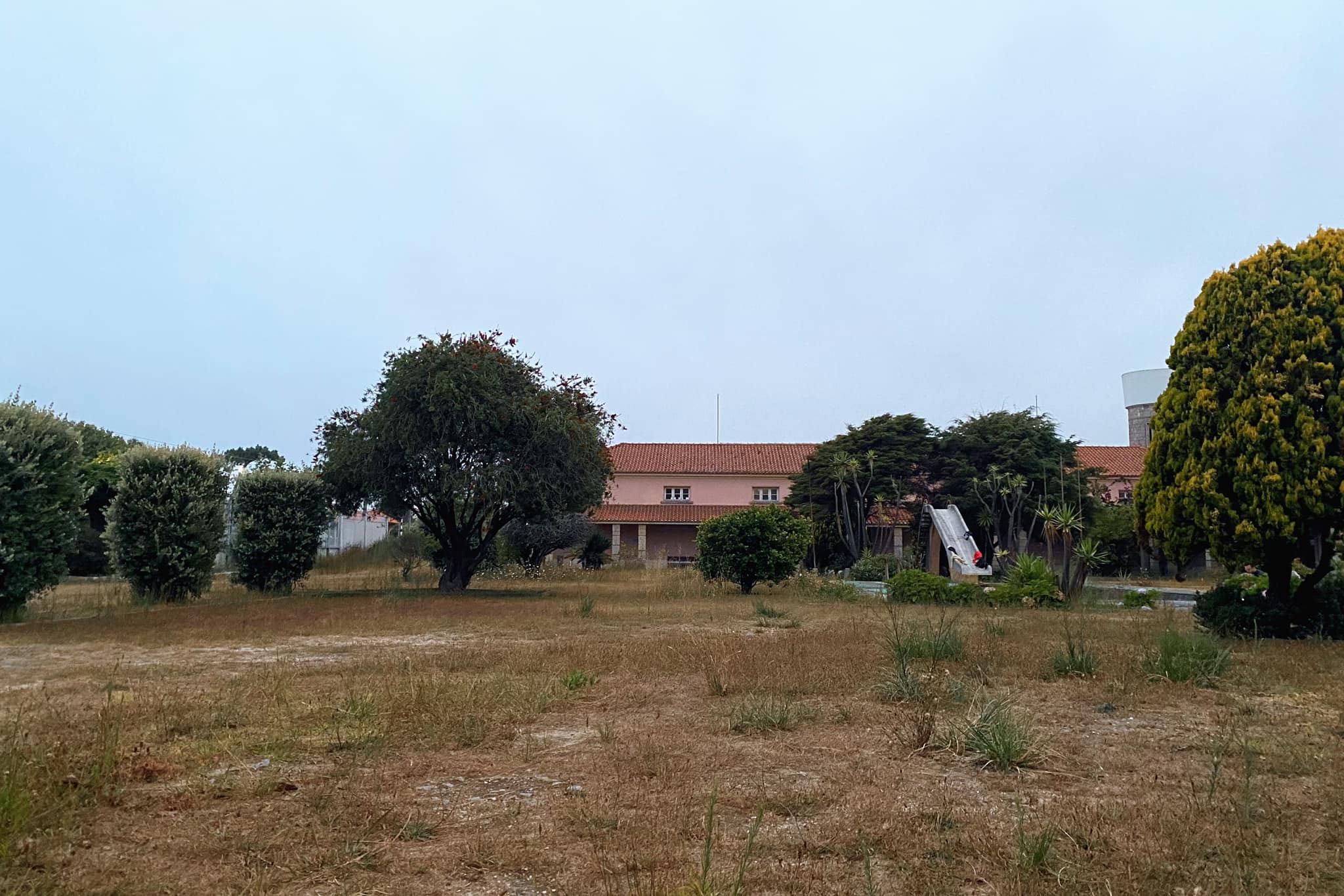
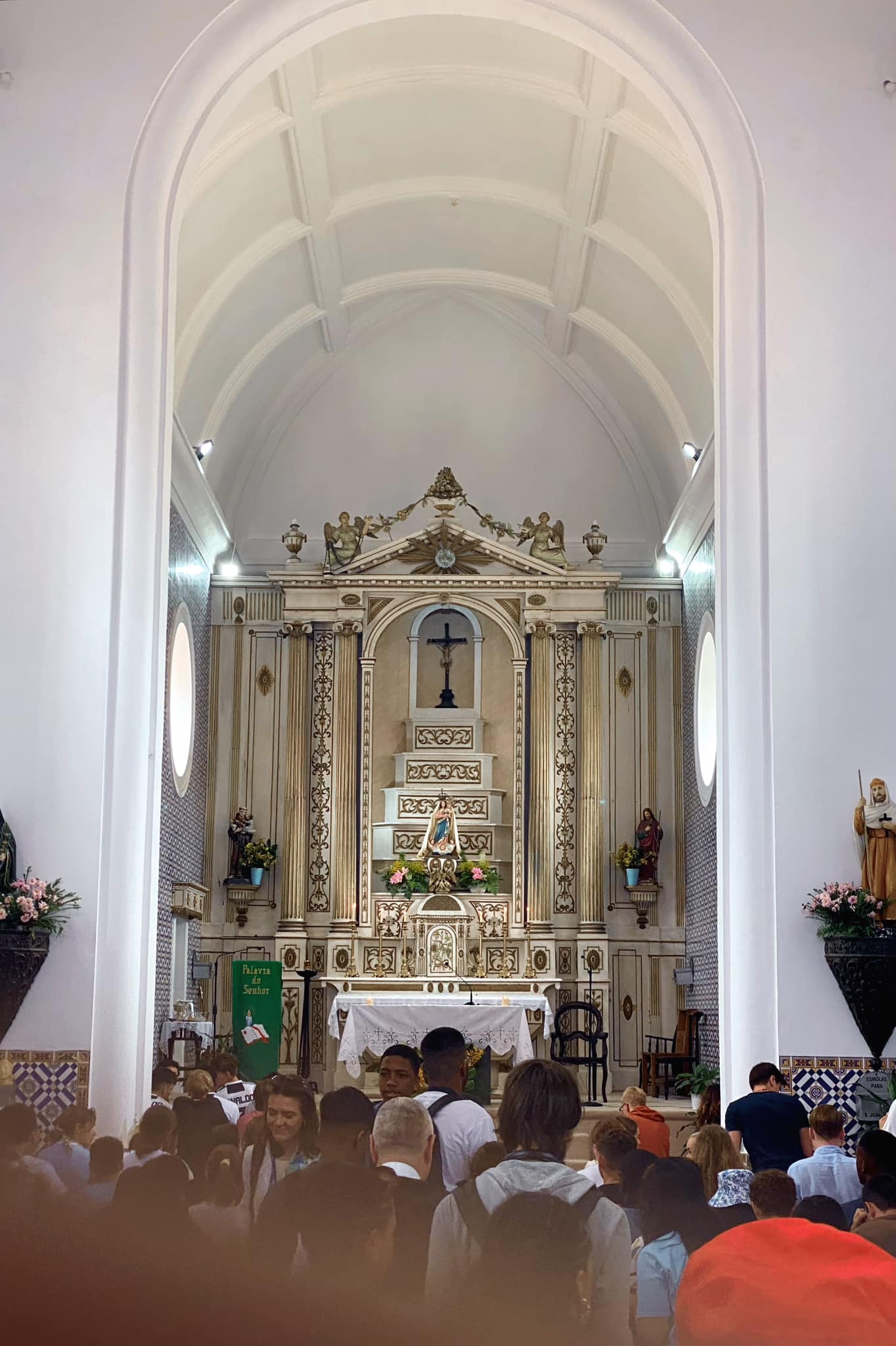
Days Three and Four





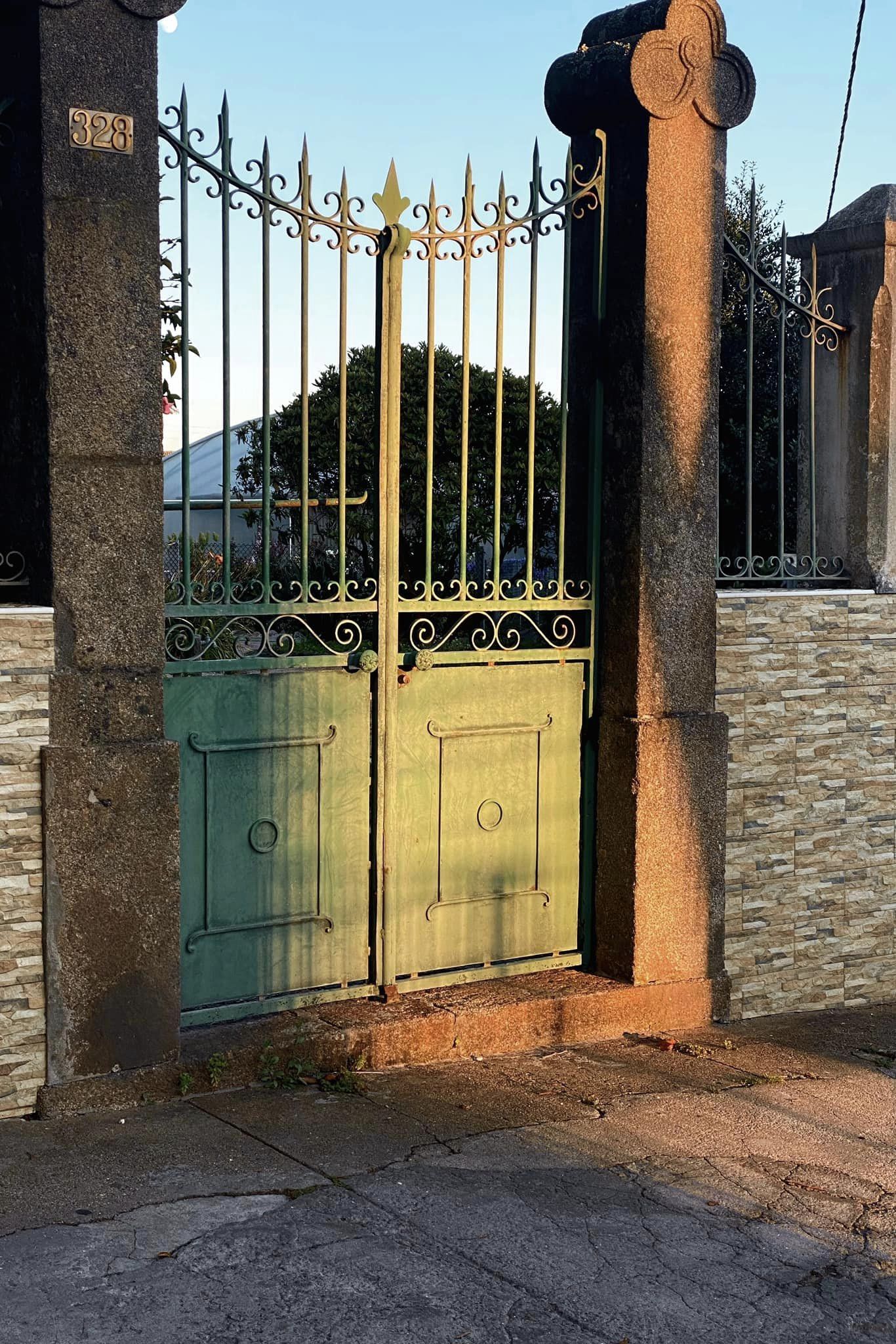


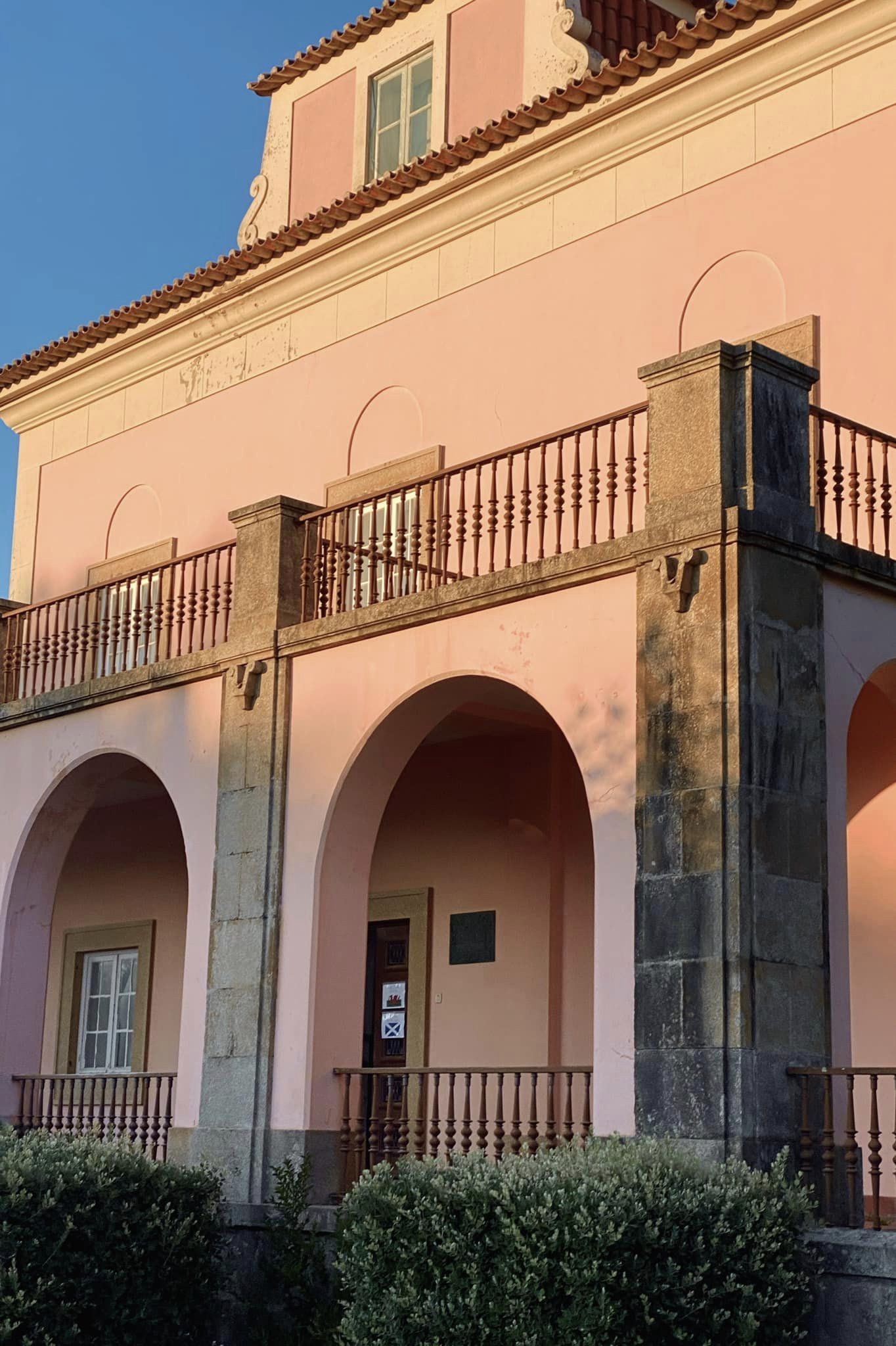

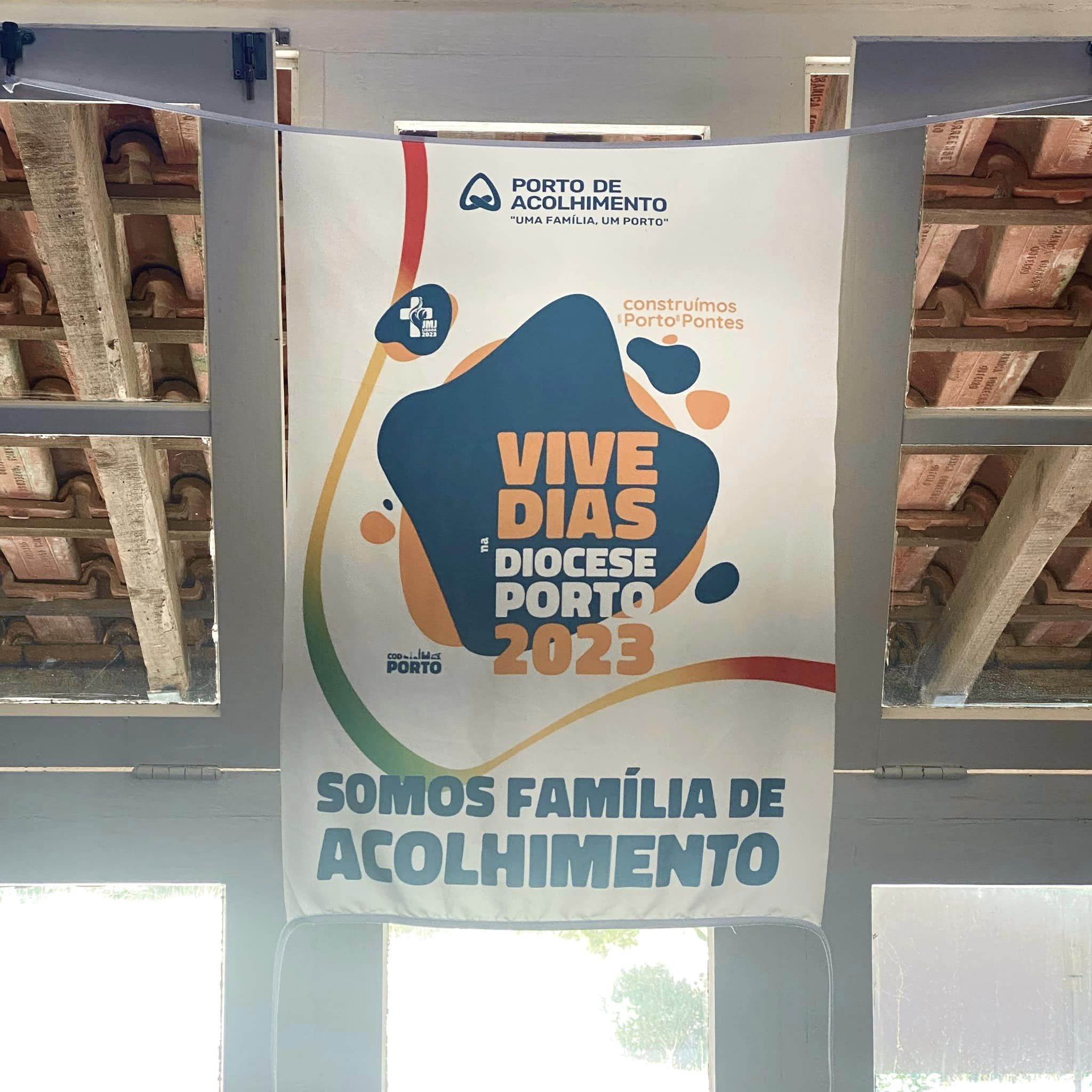


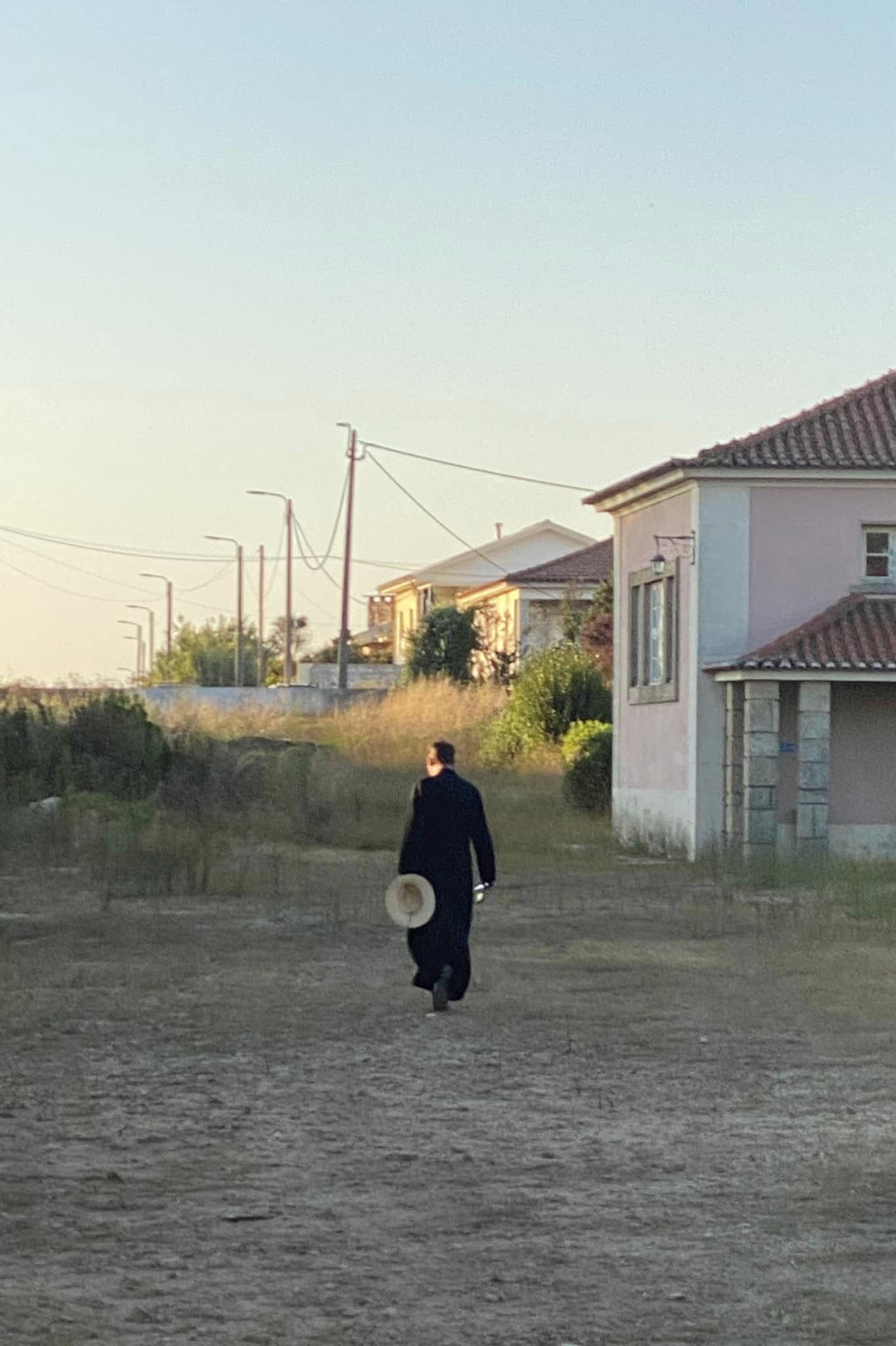
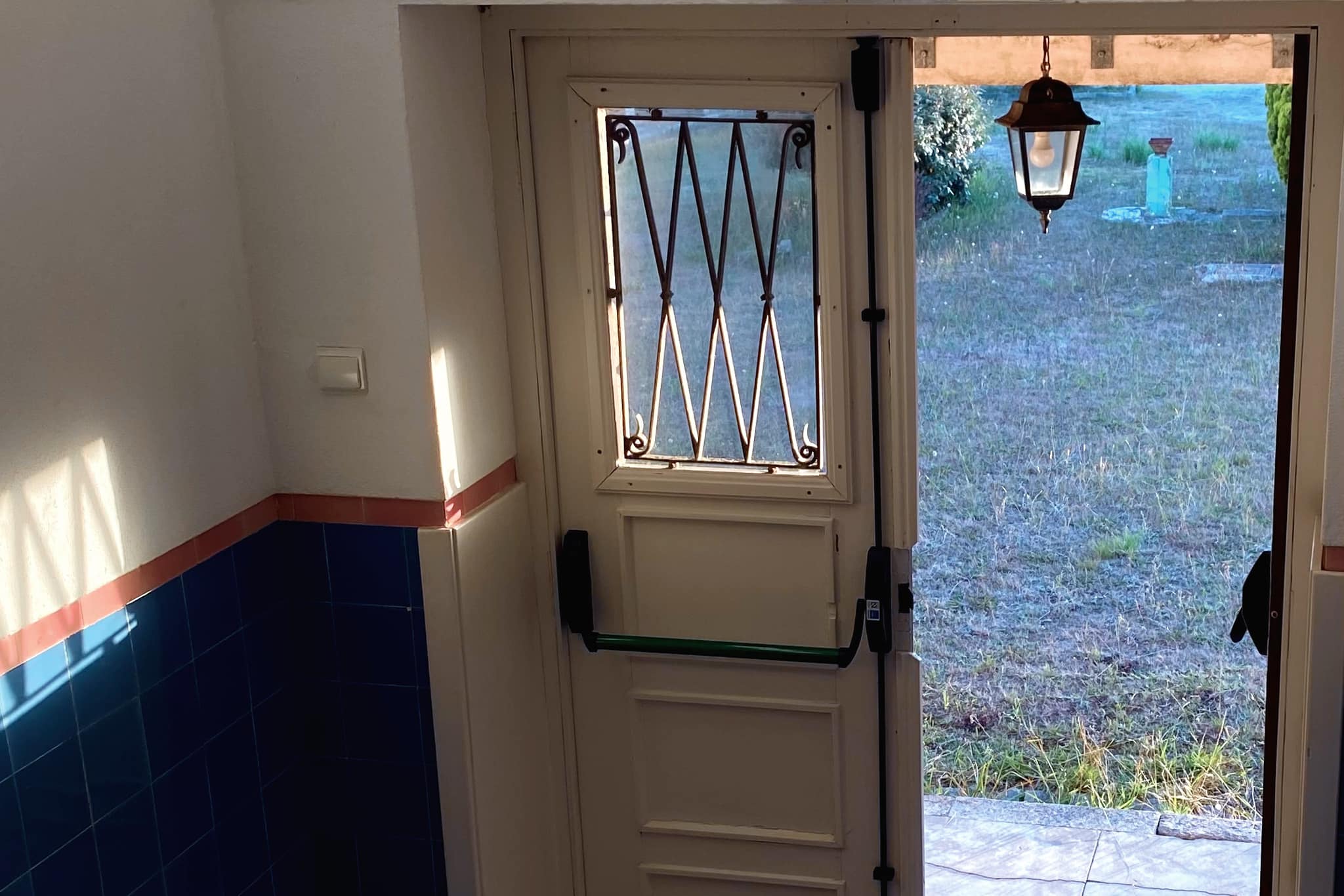
Day Five

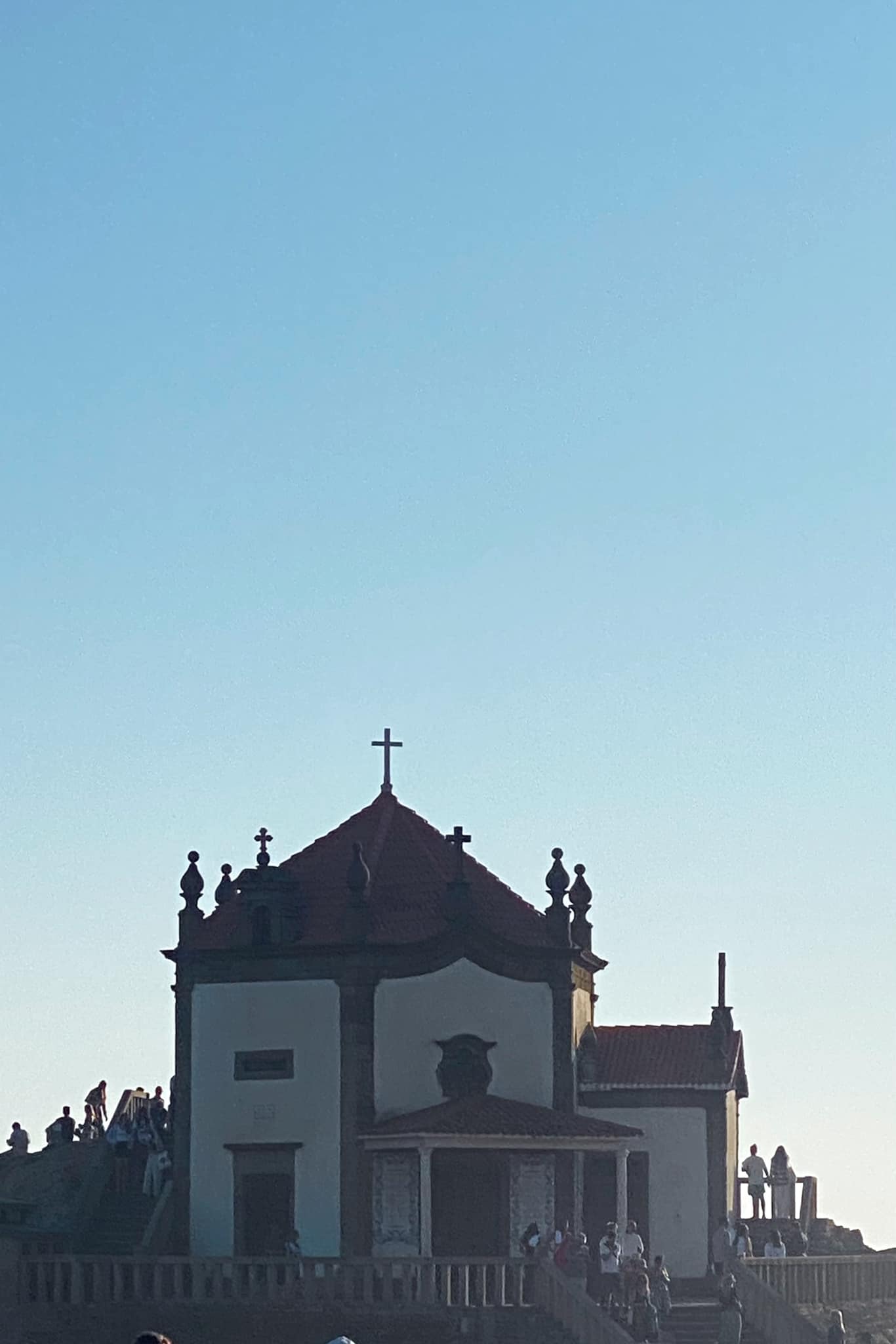
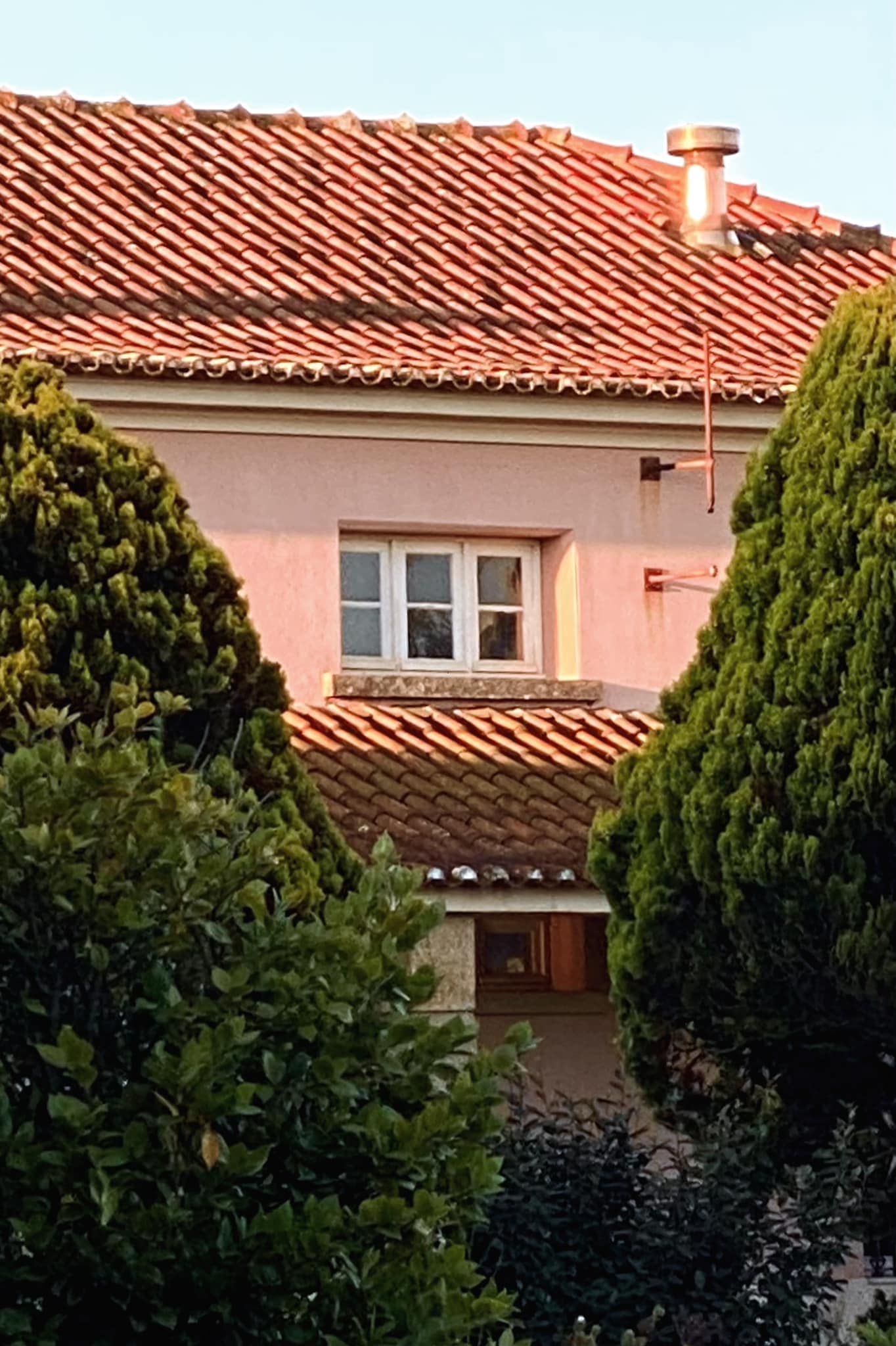

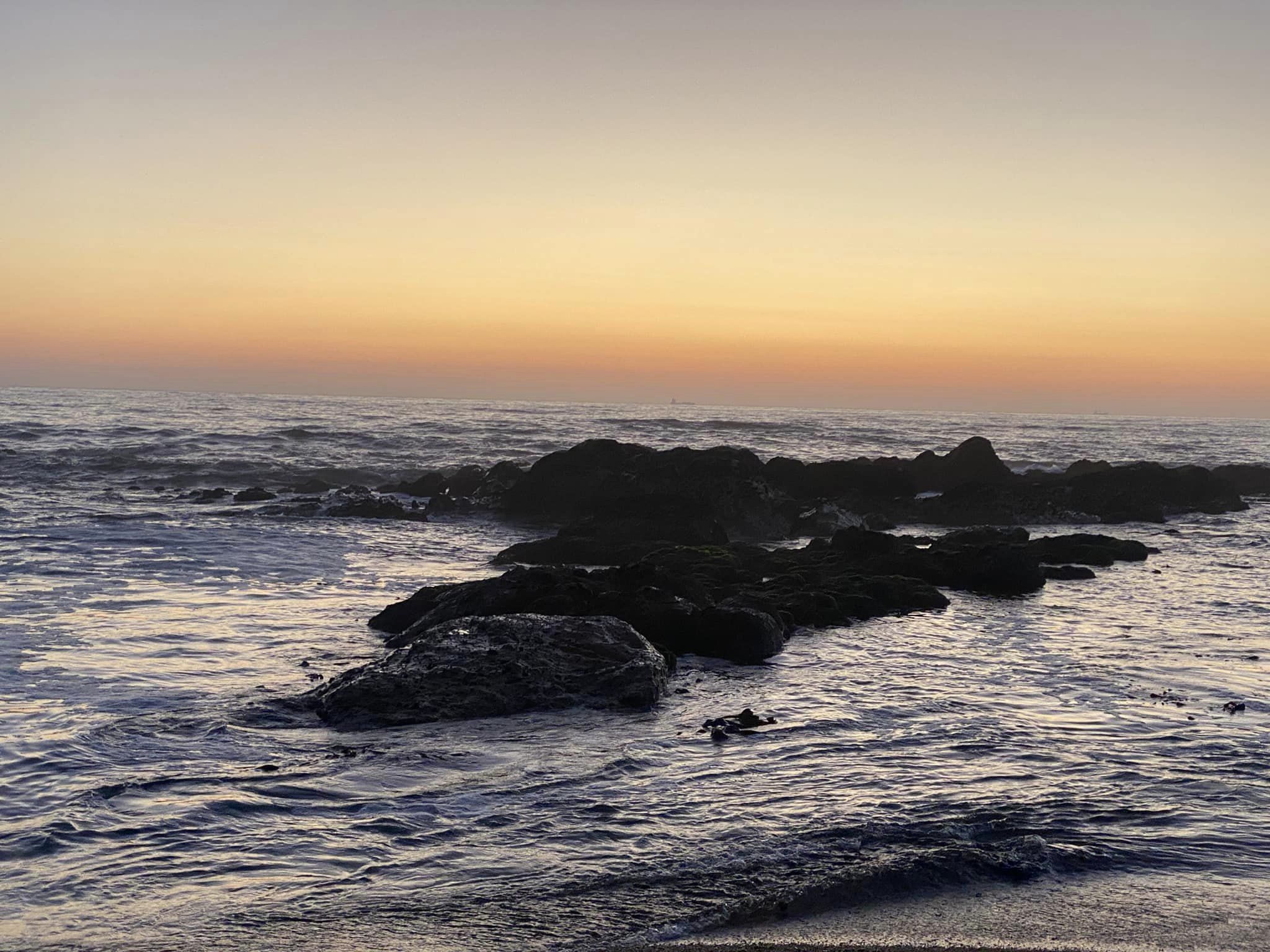
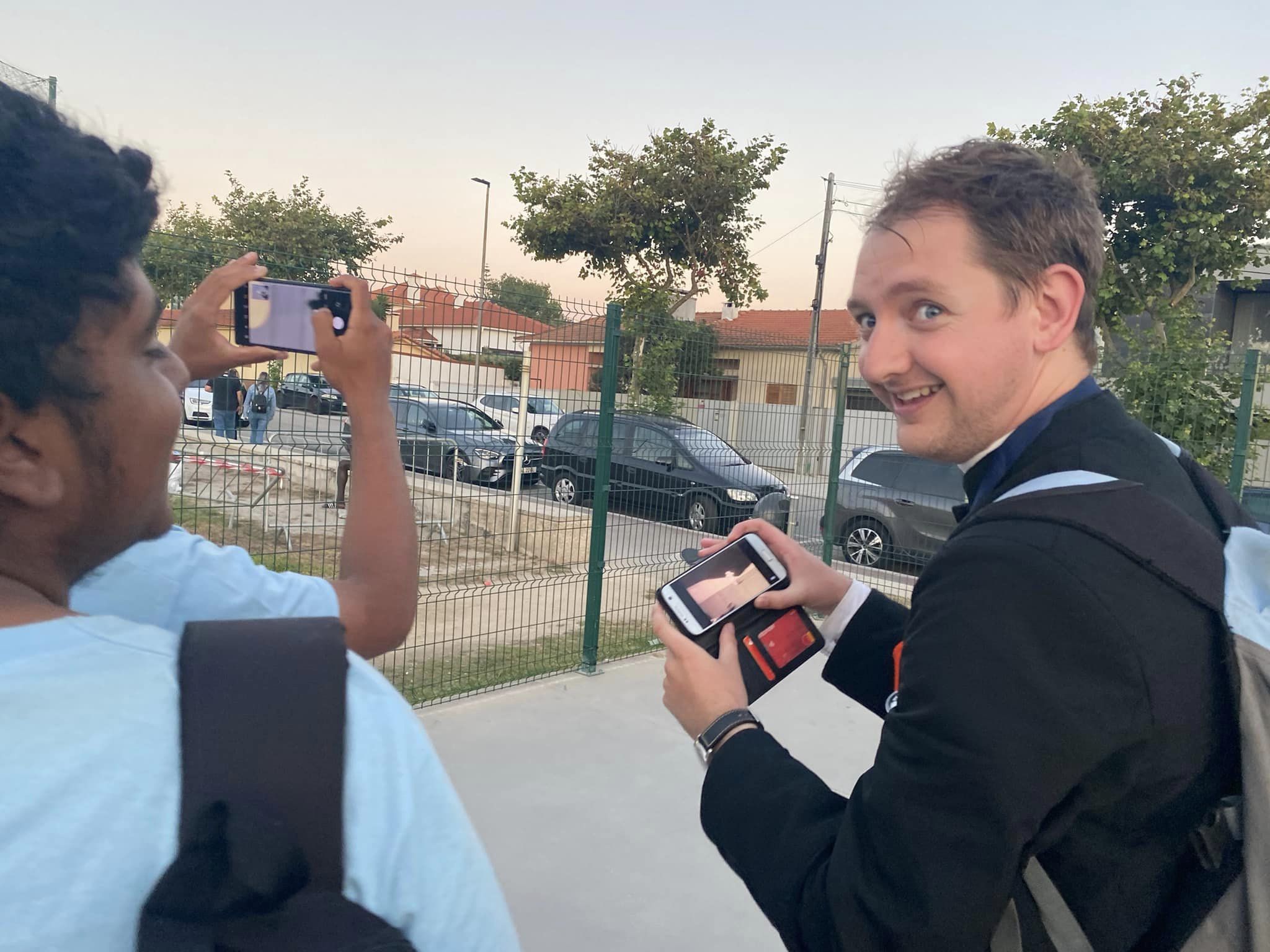


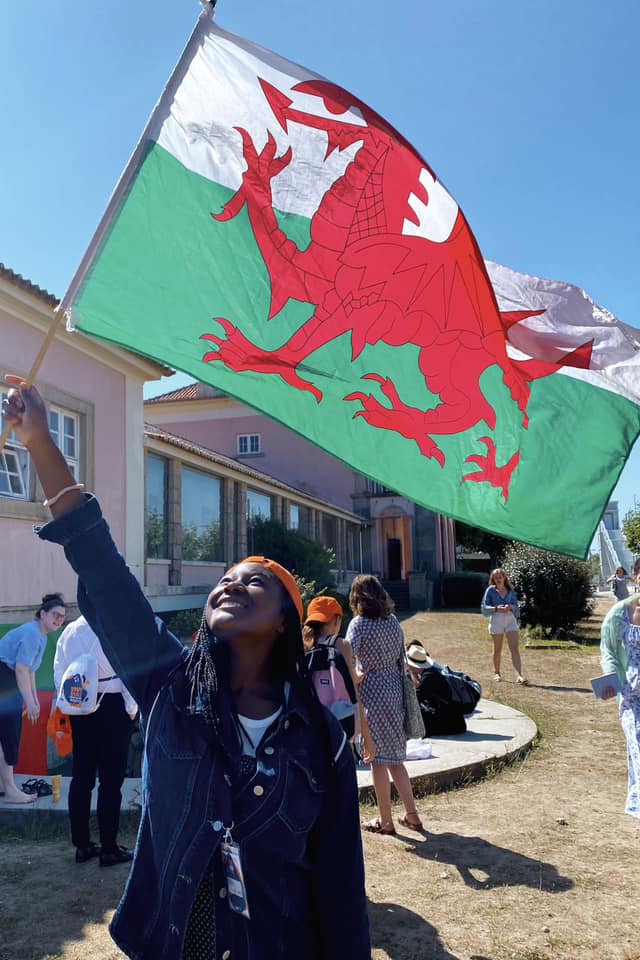
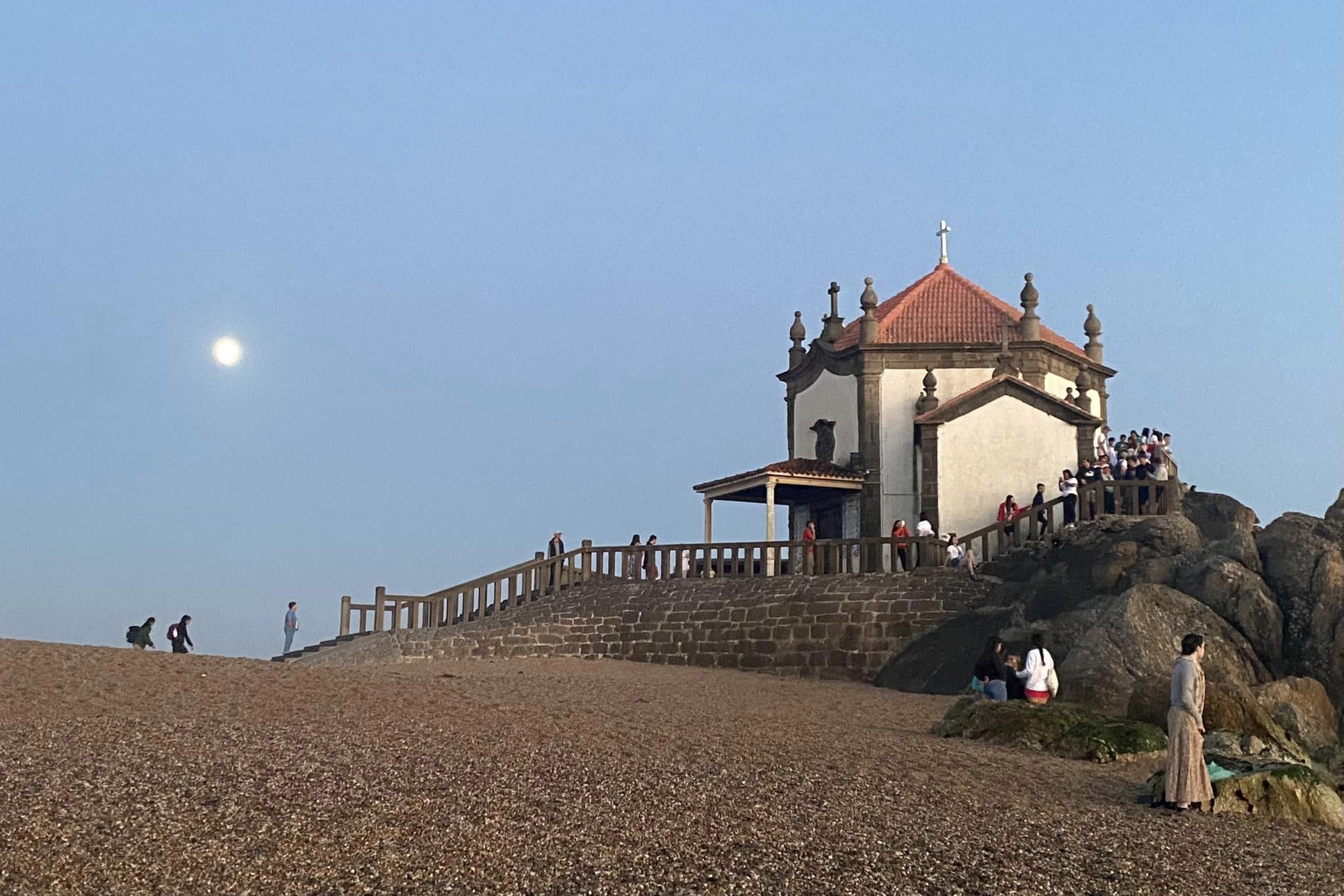
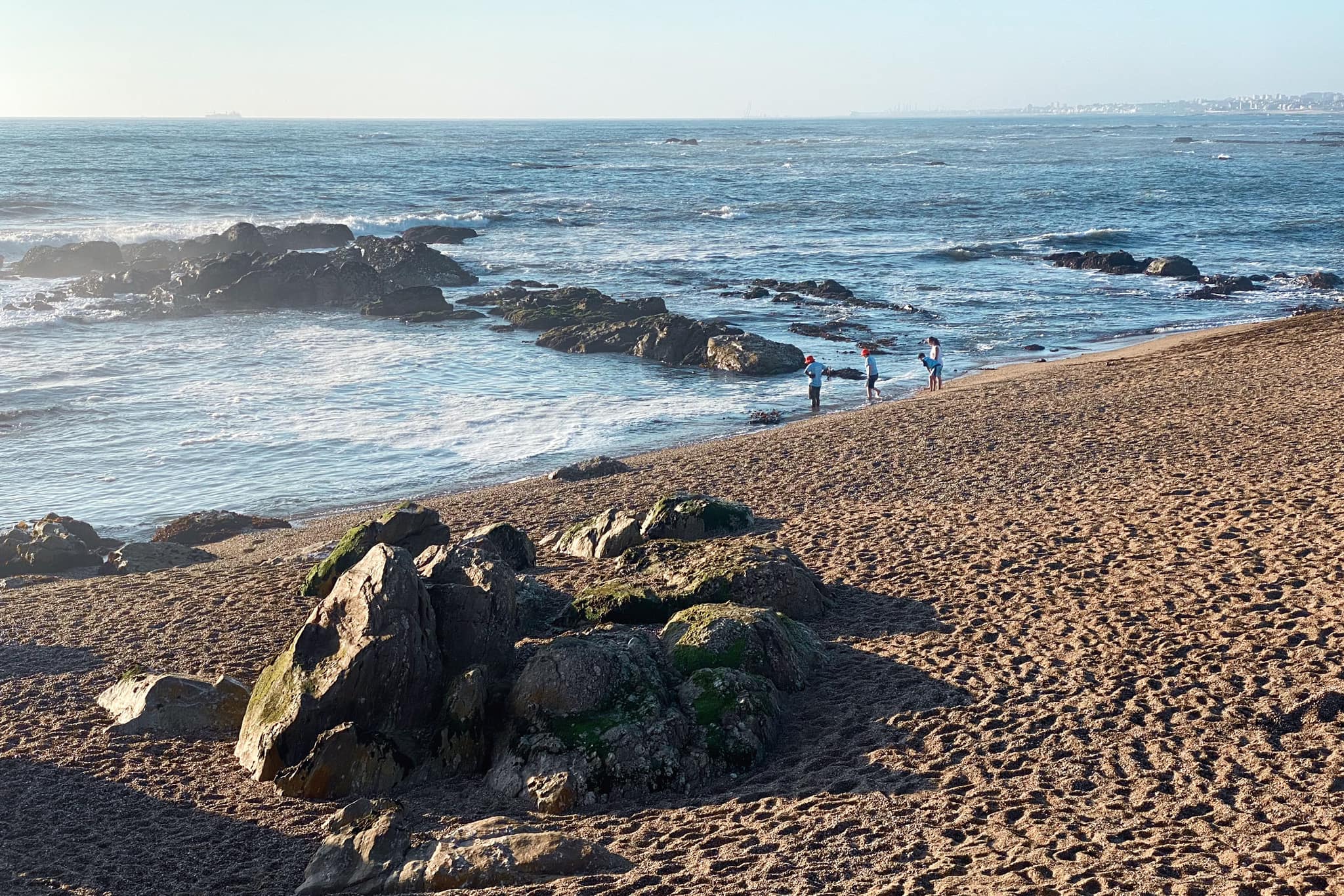
Day Six
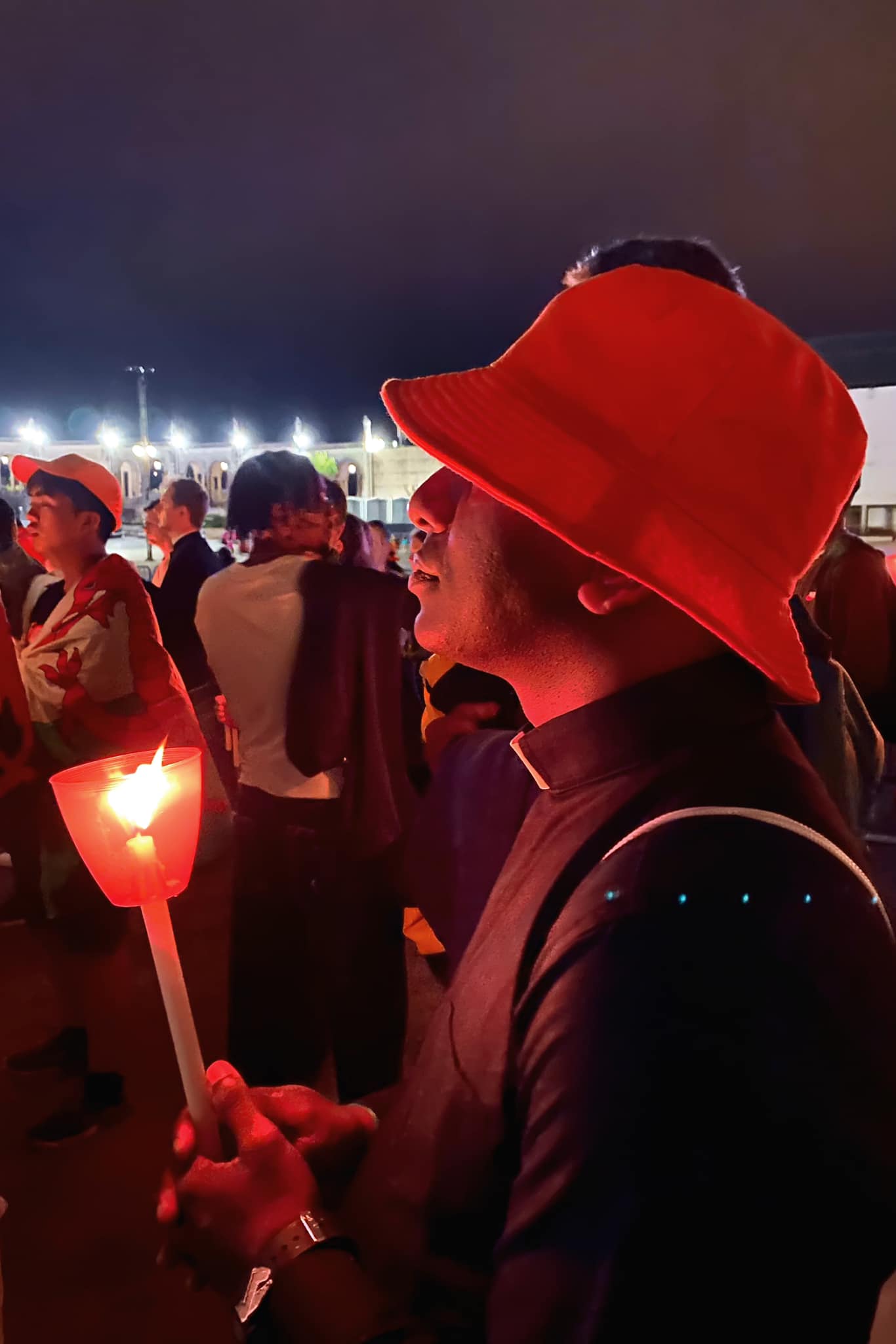
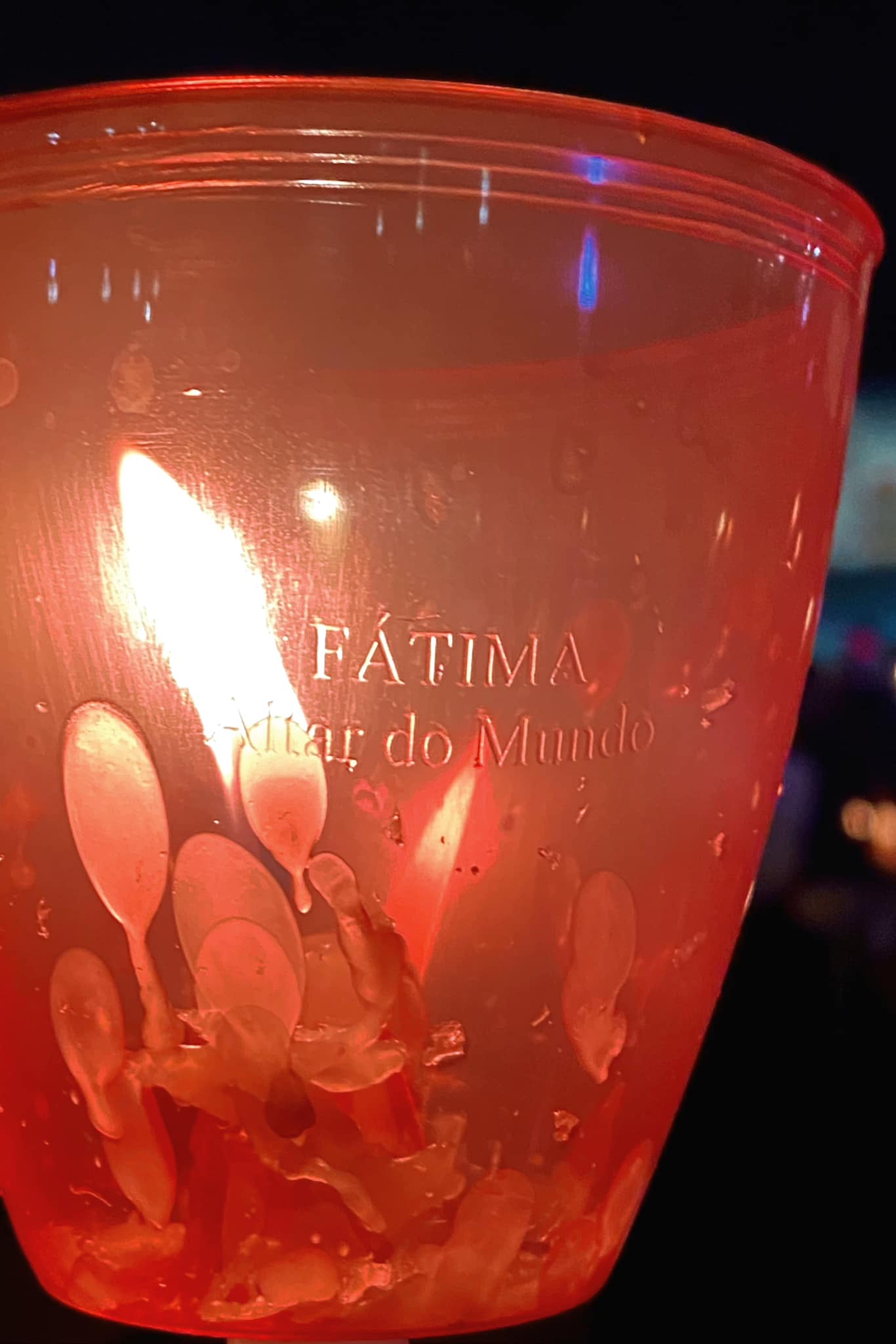

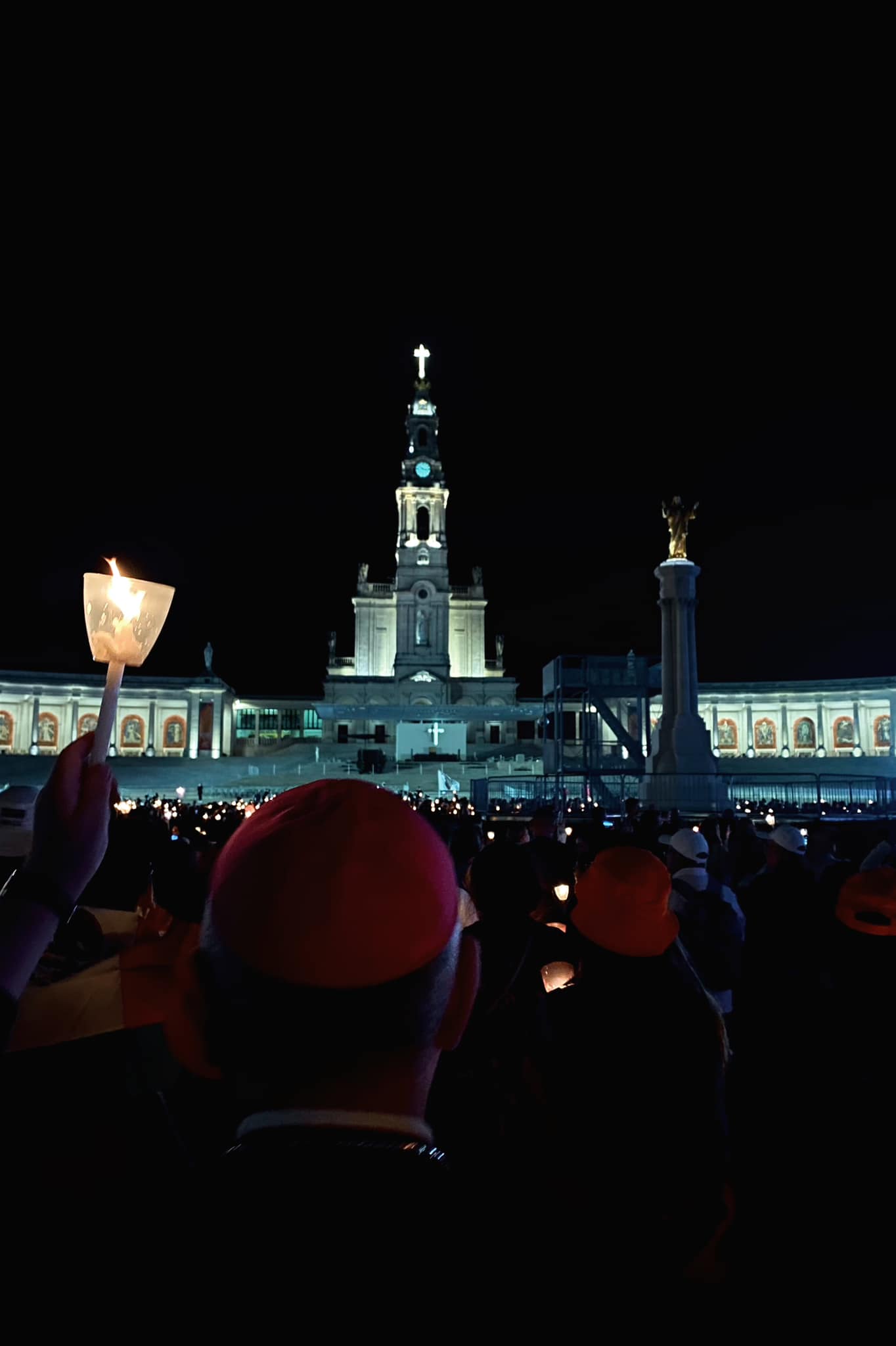
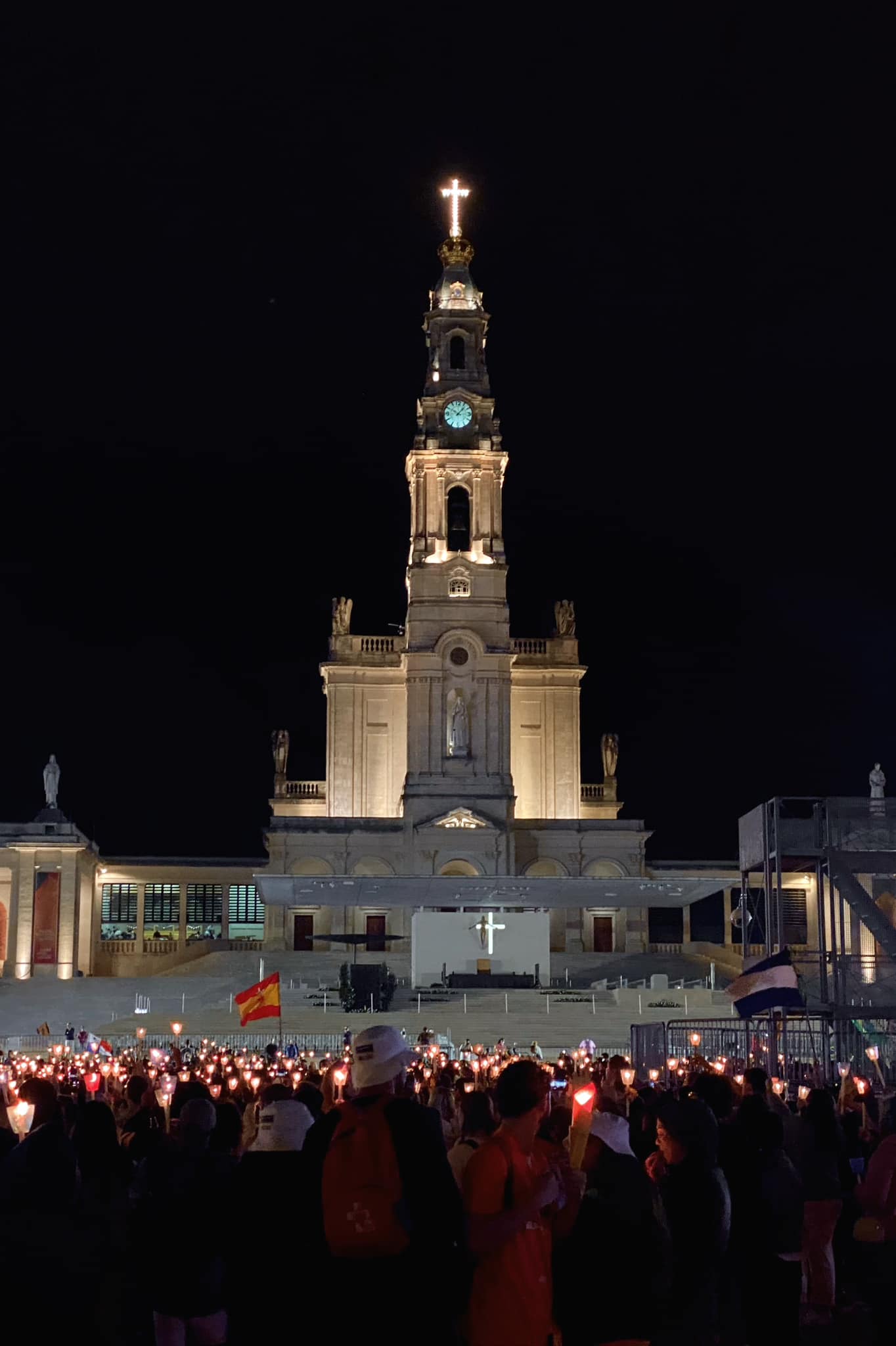
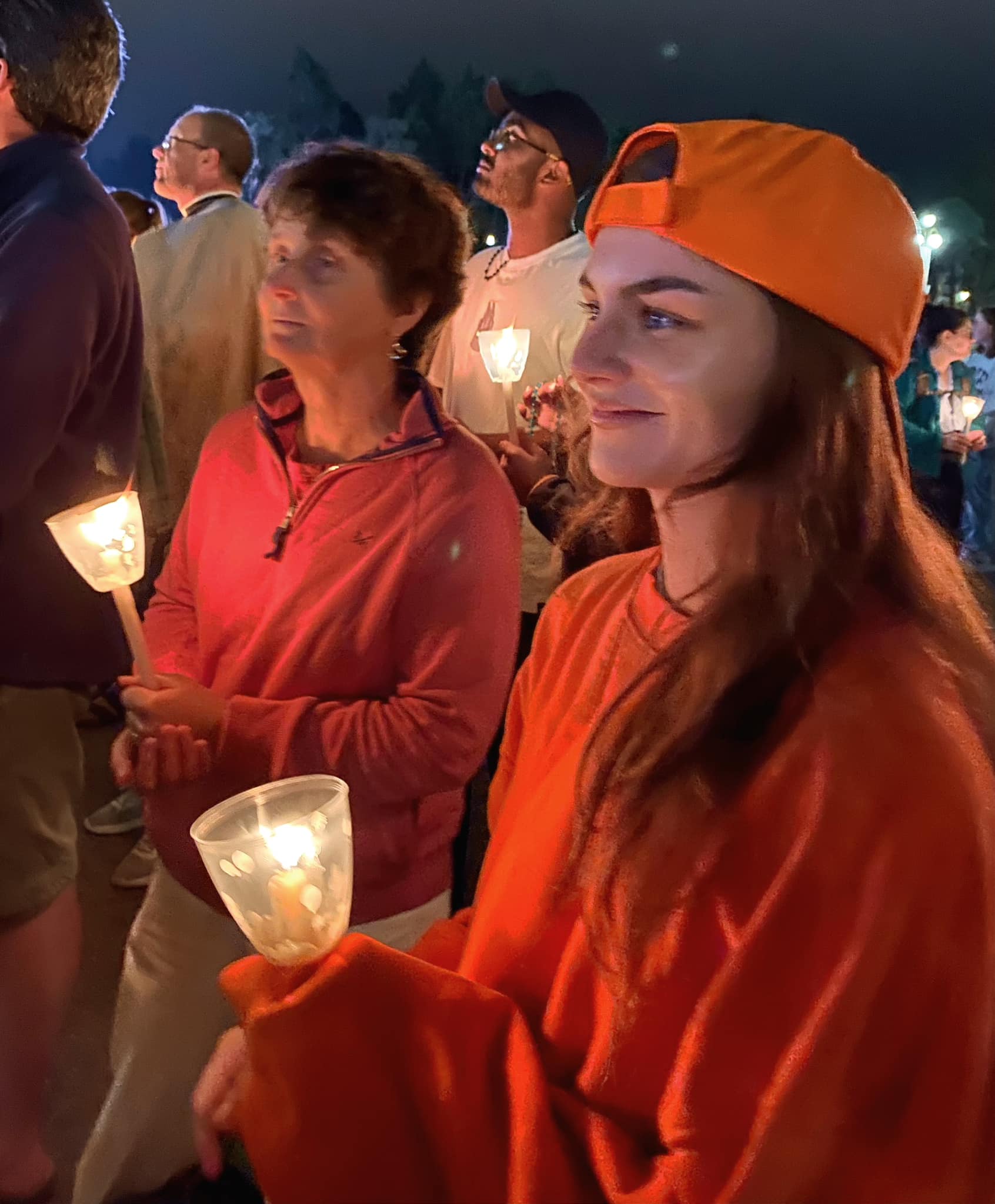

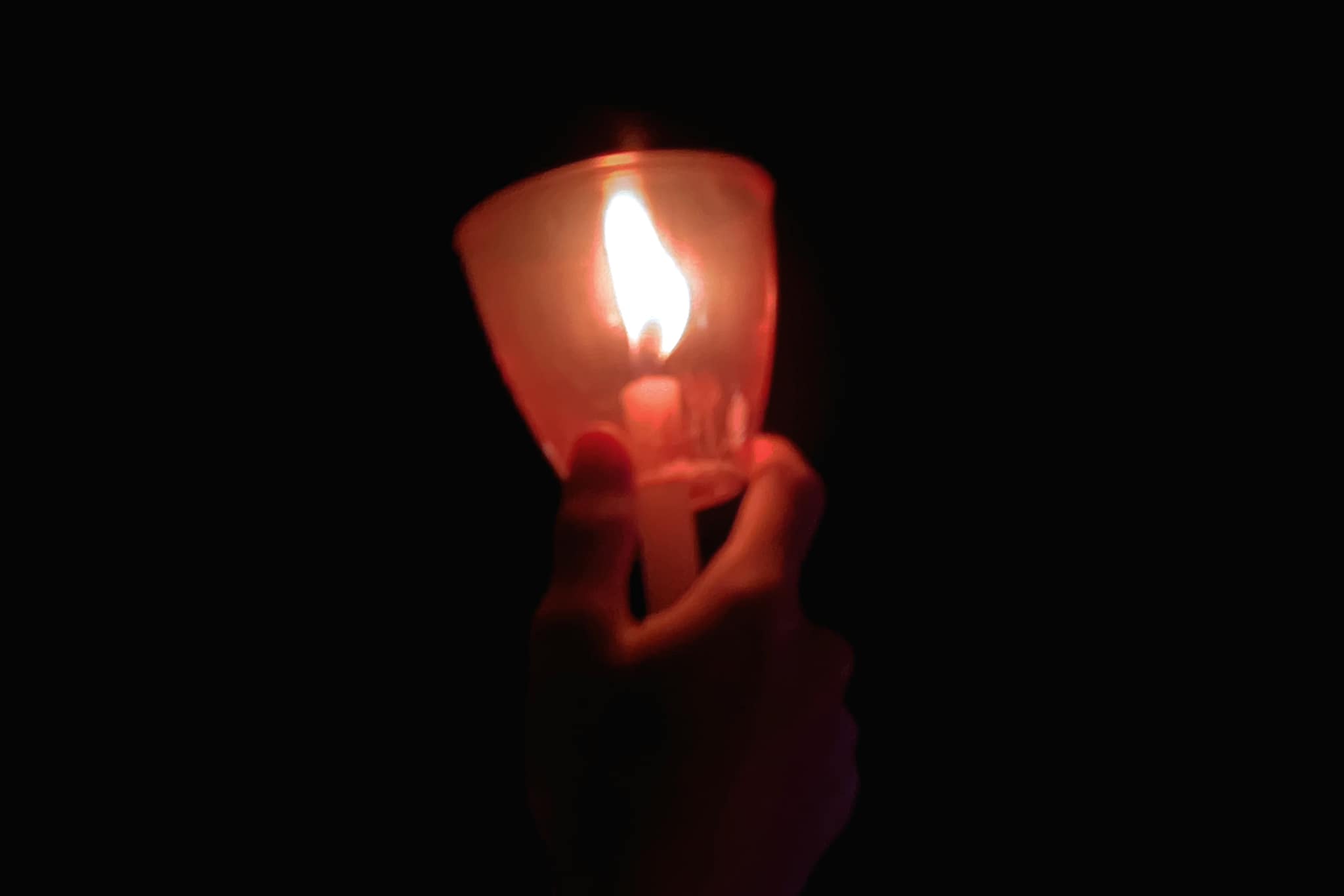
Day Seven
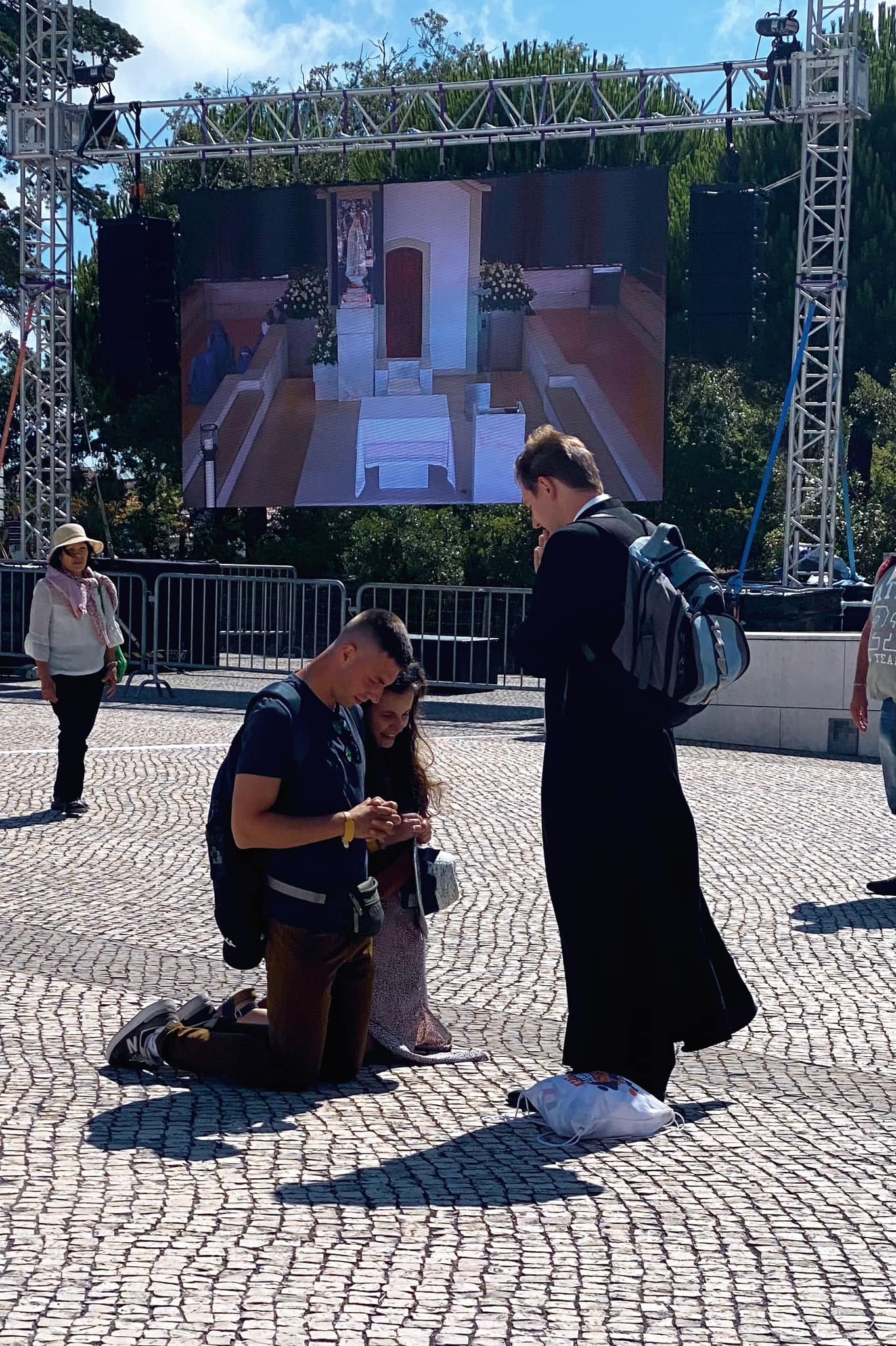
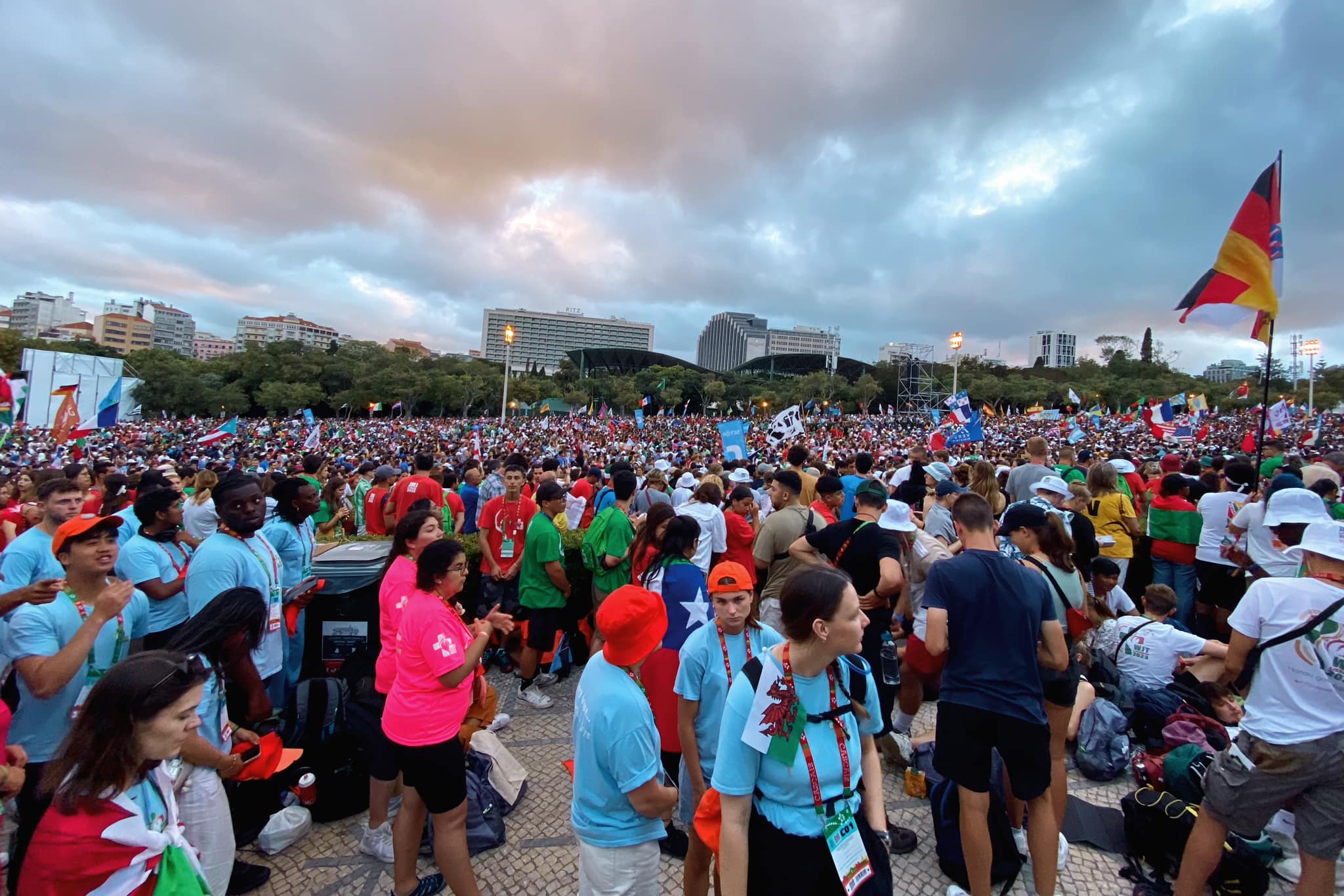

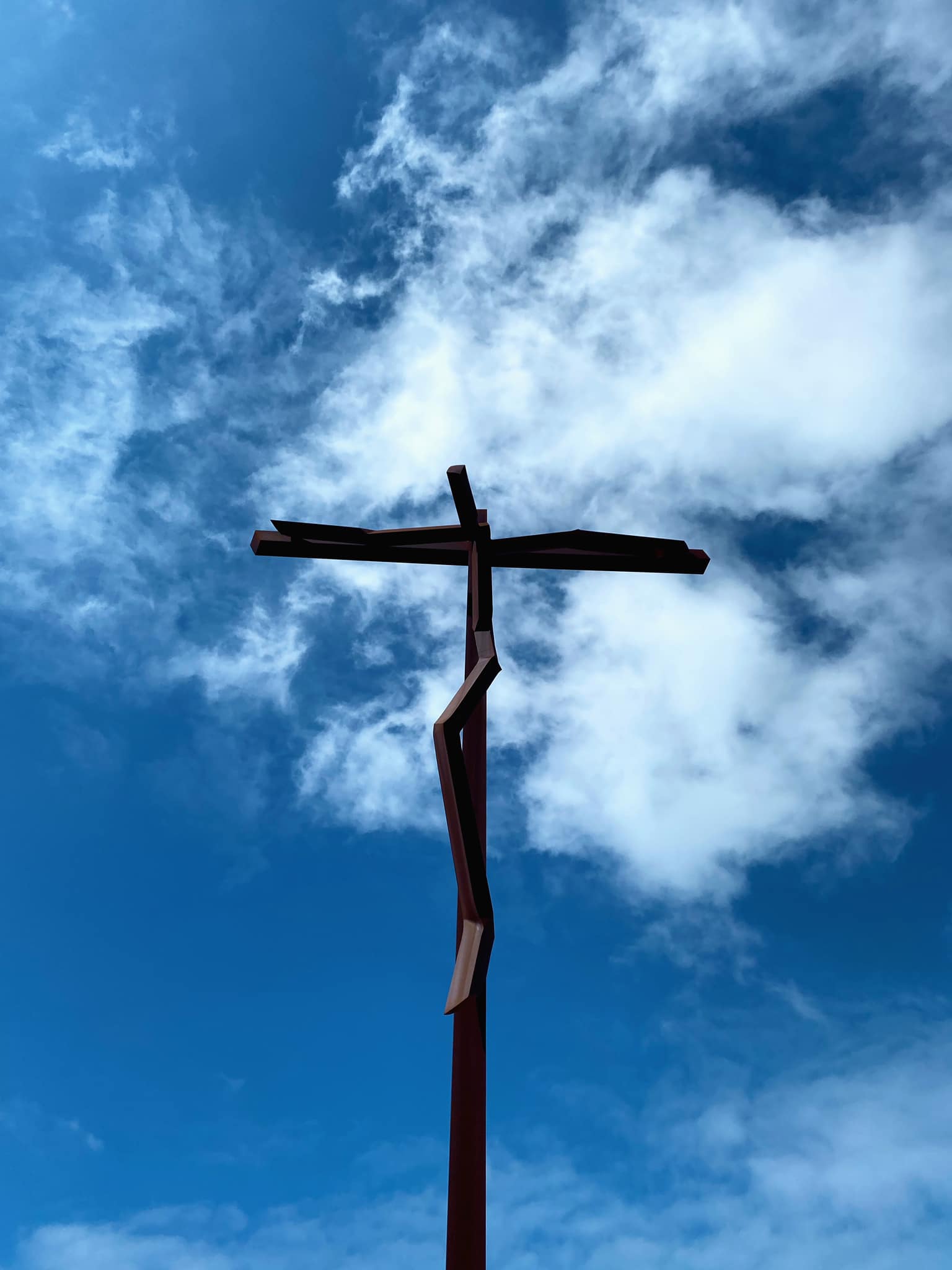
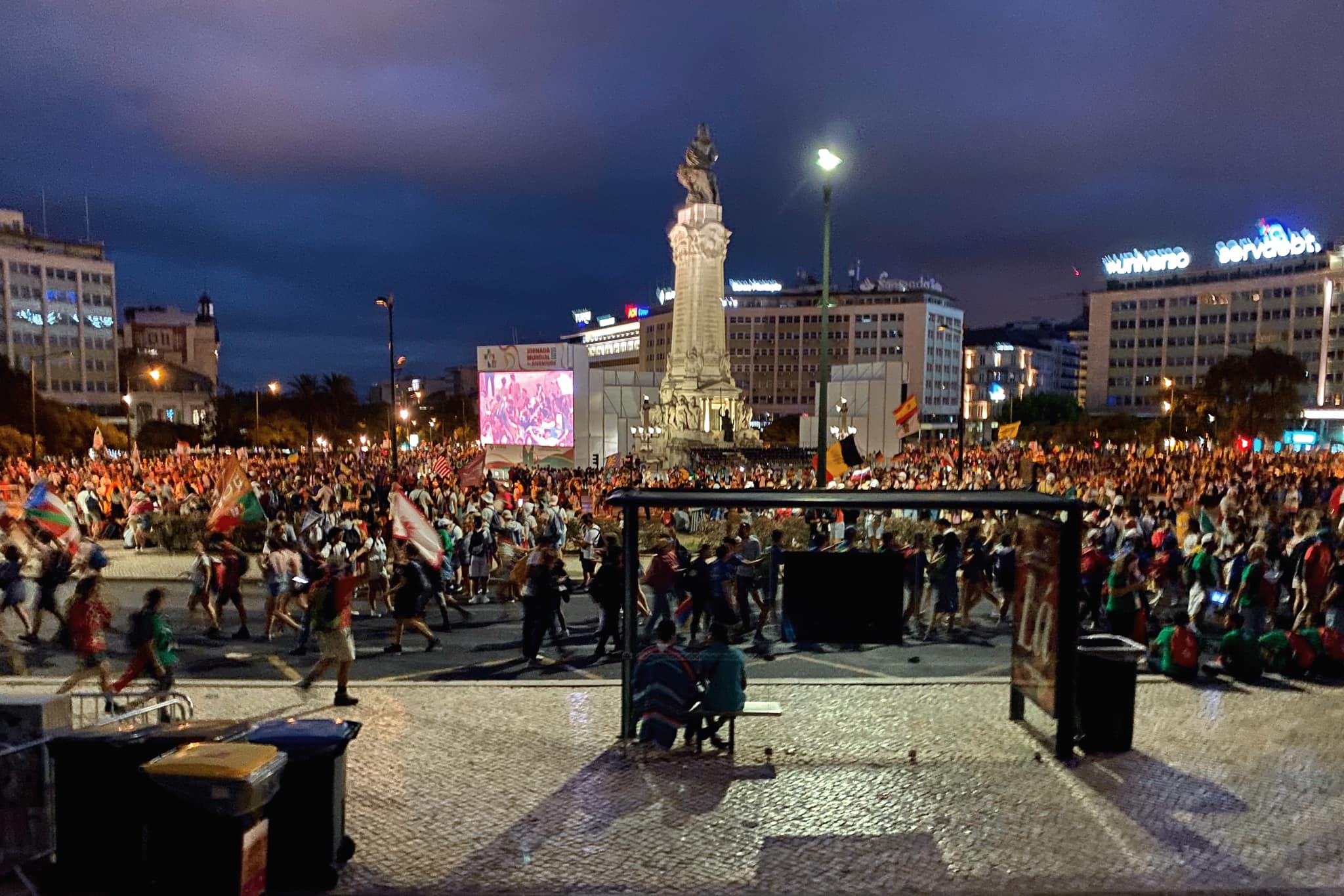
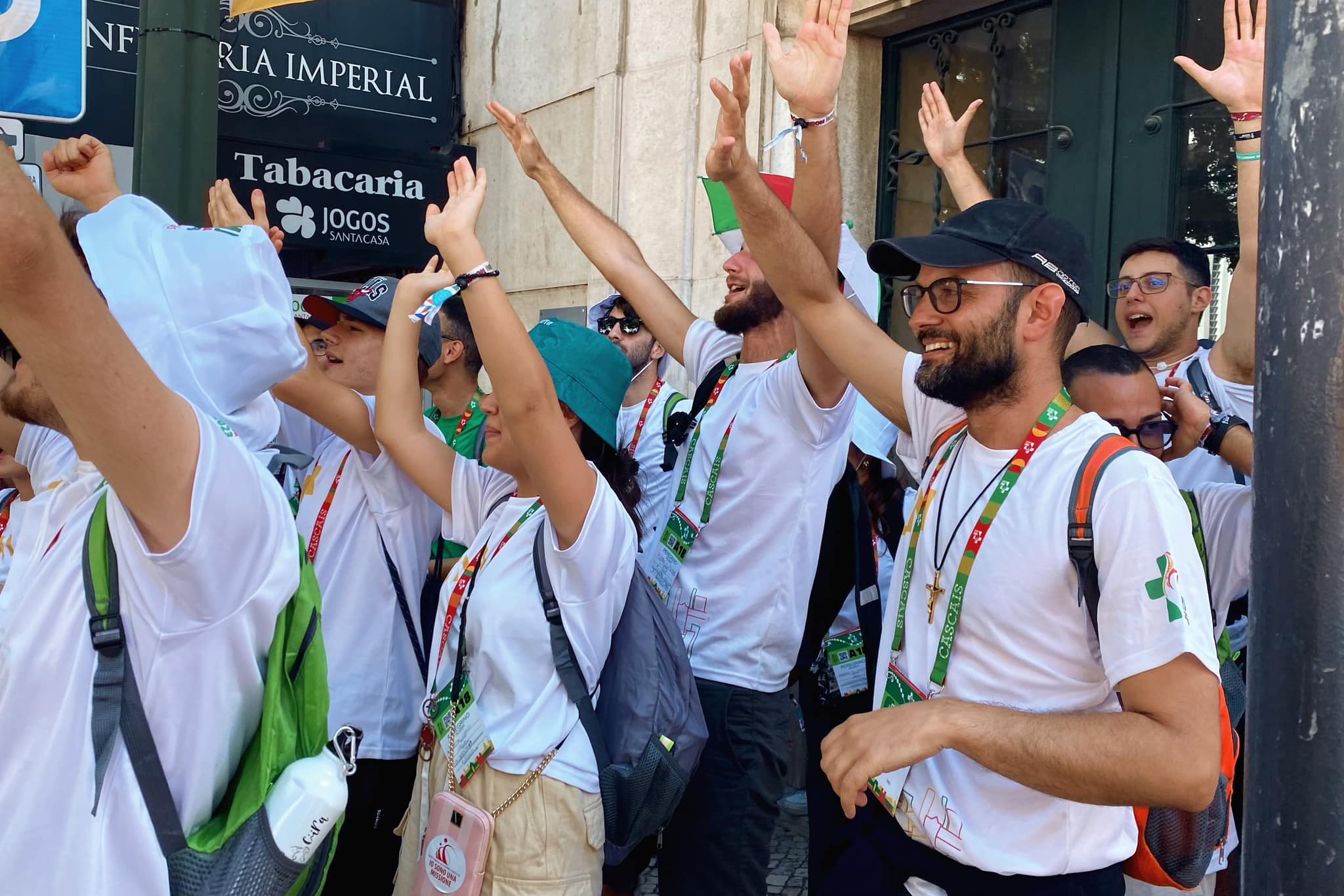
Day Eight
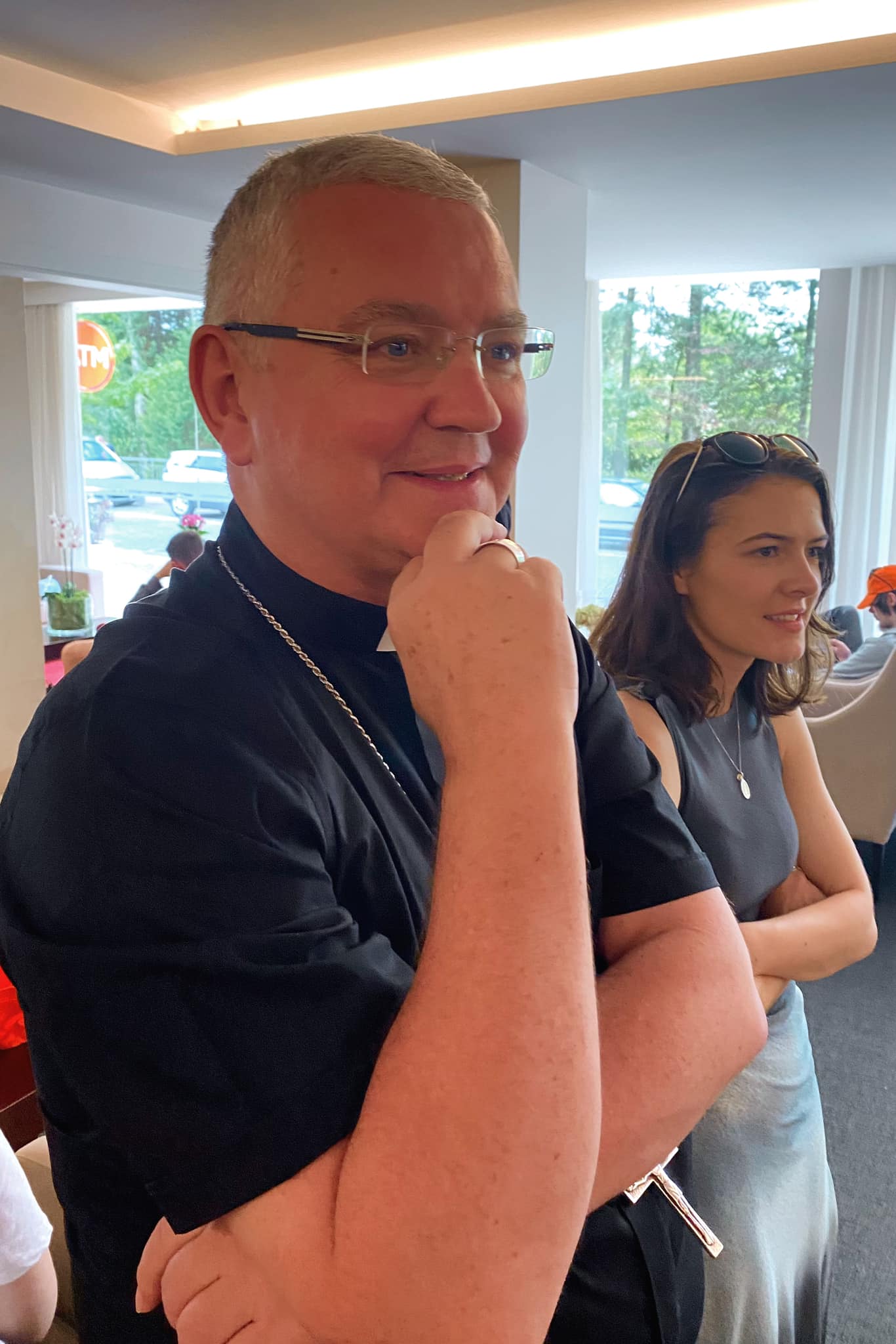
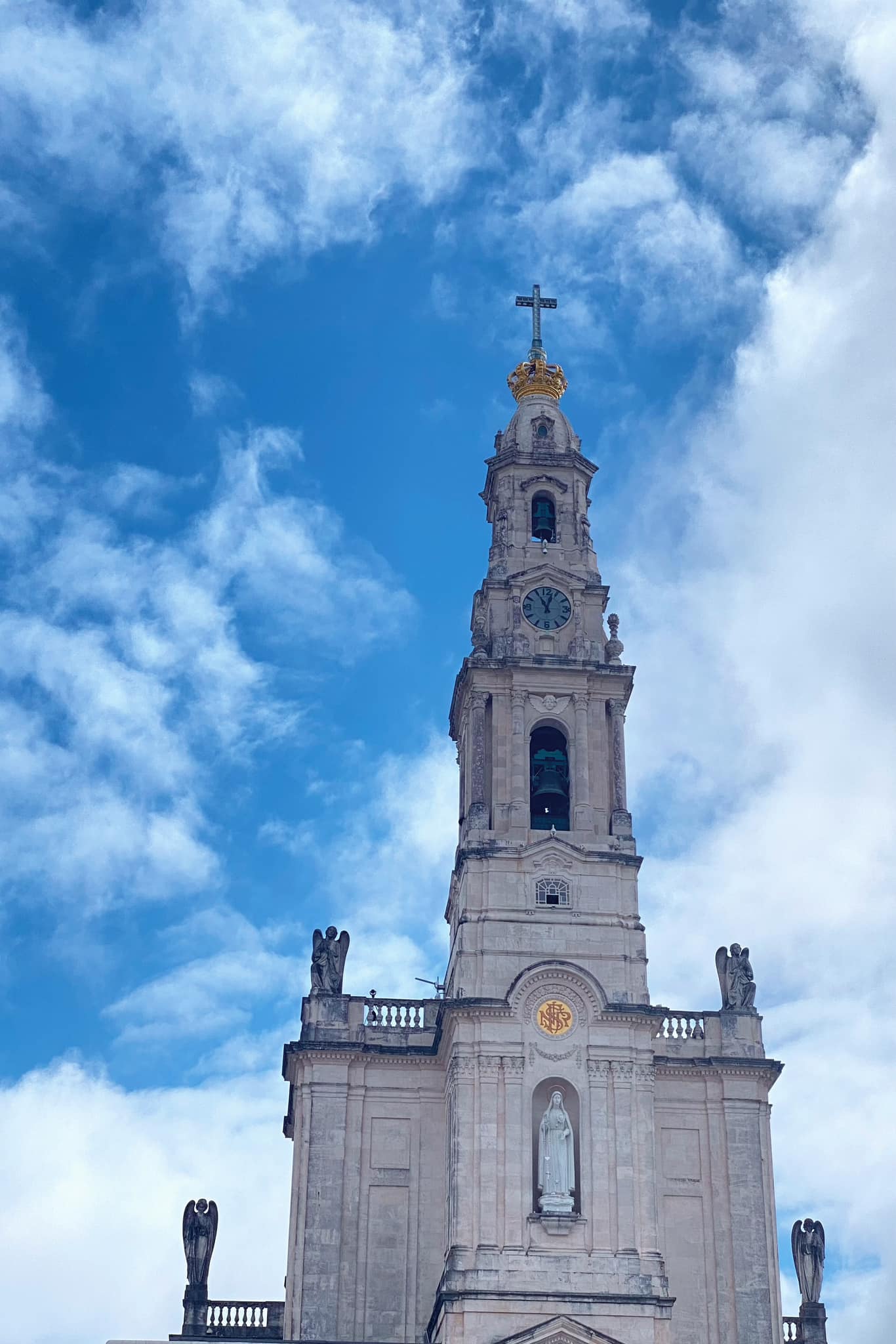

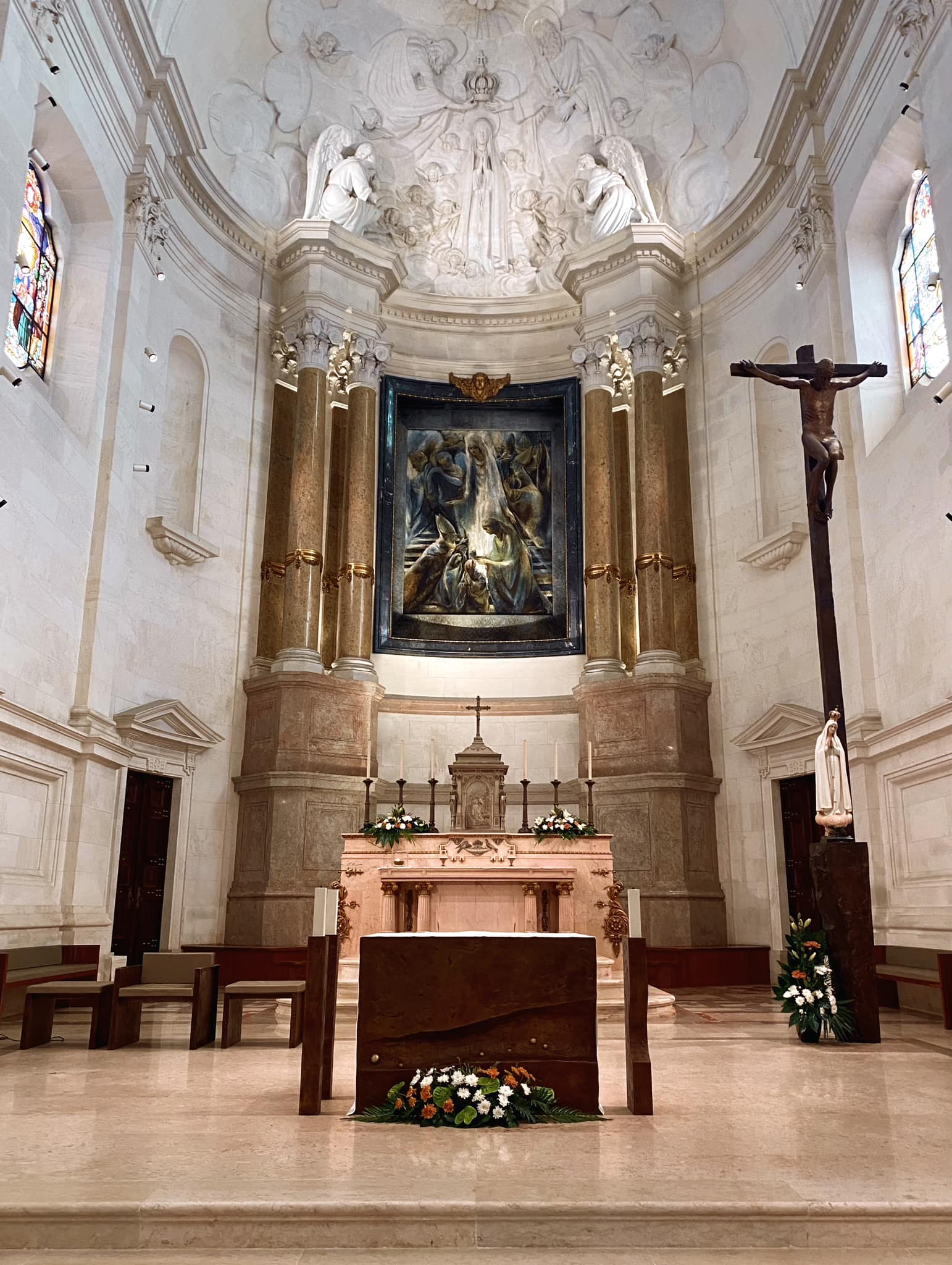
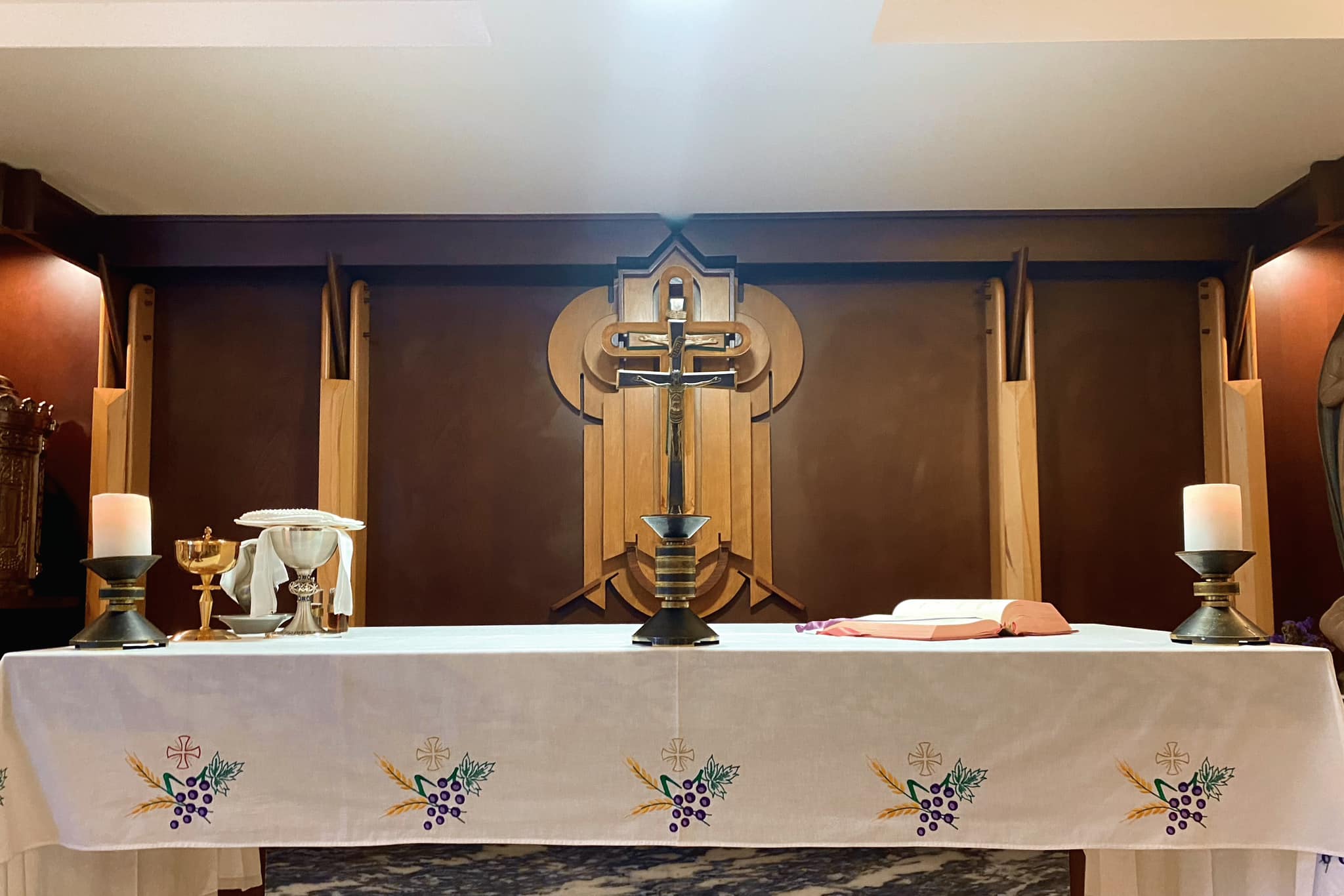

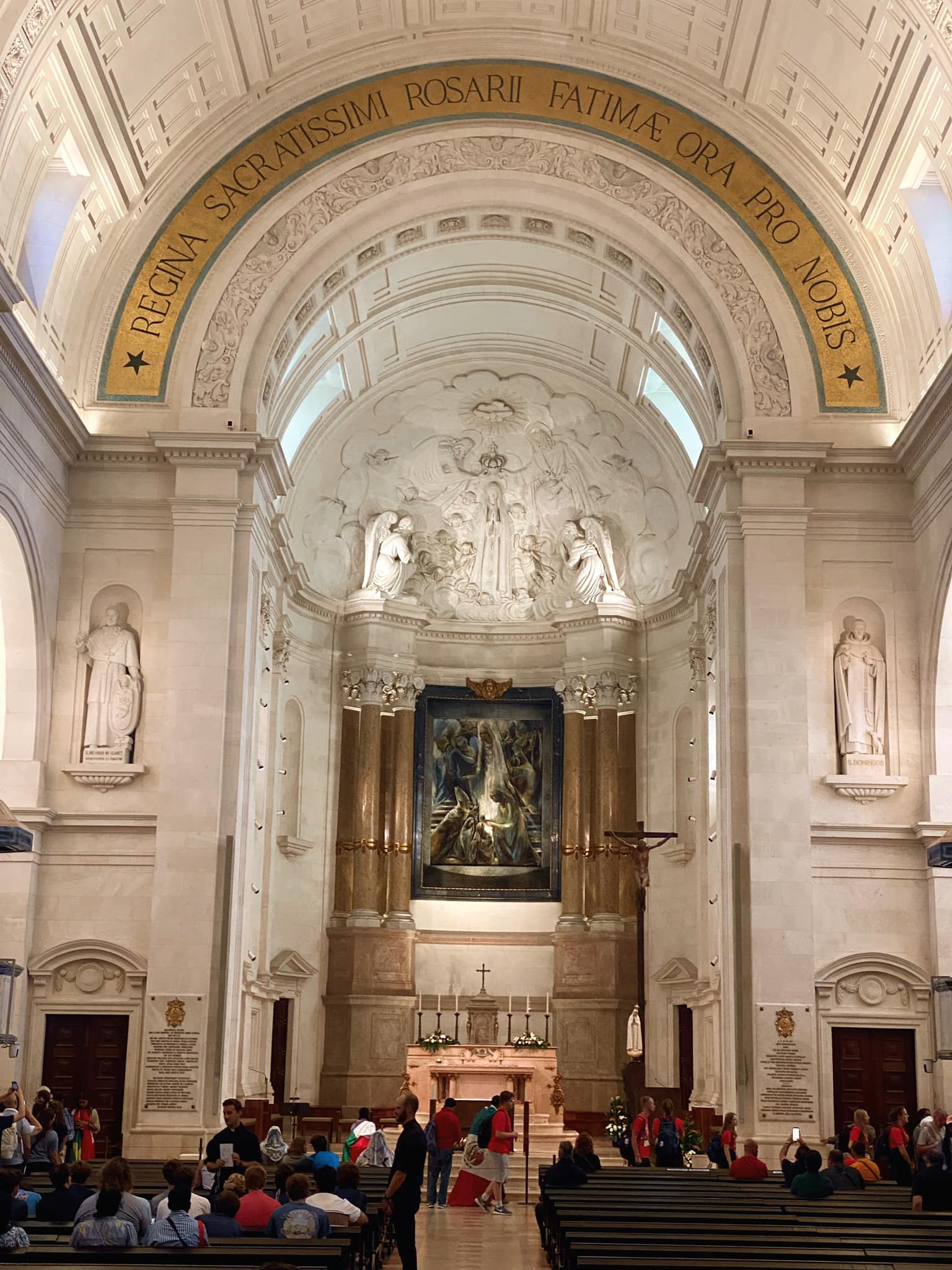


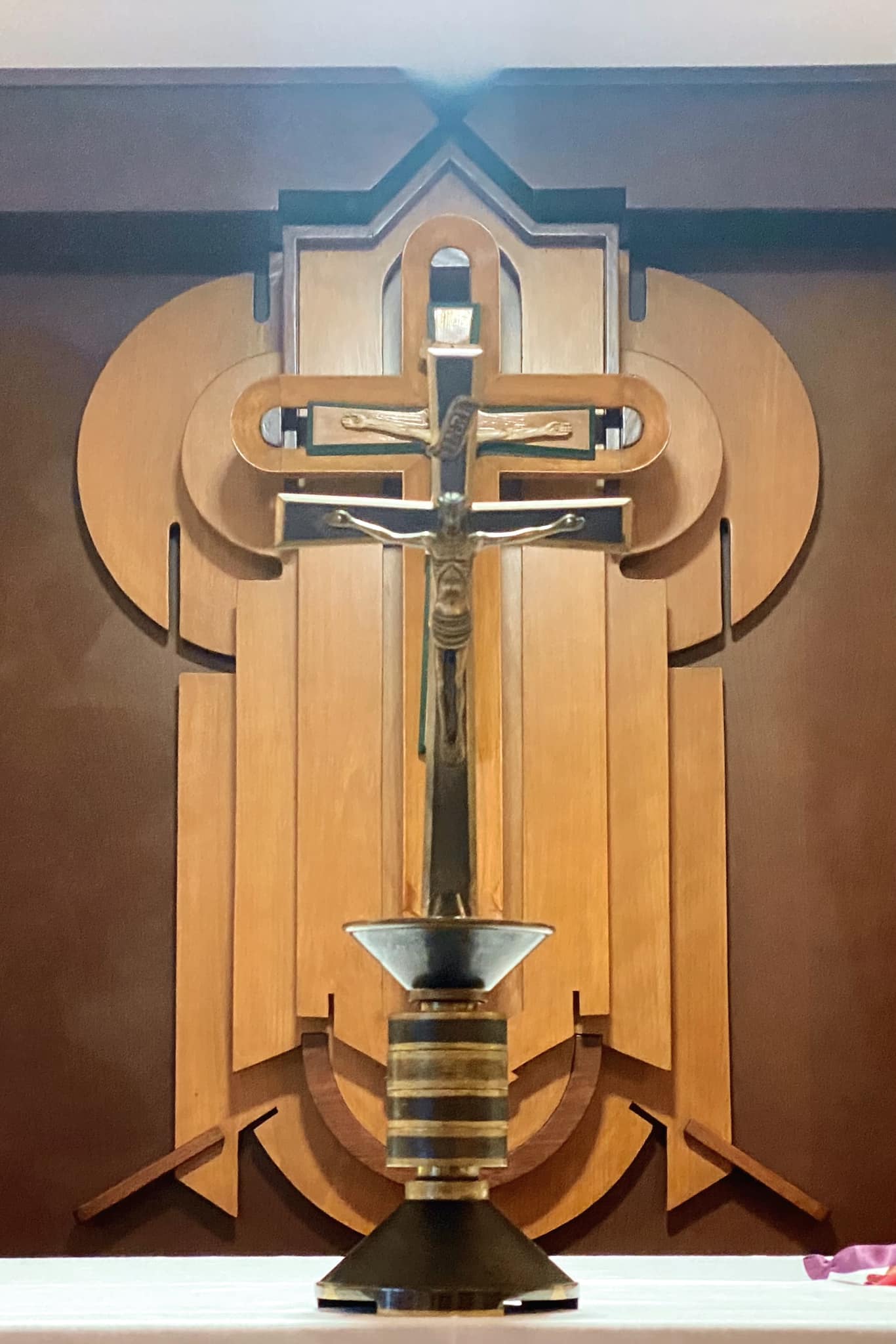
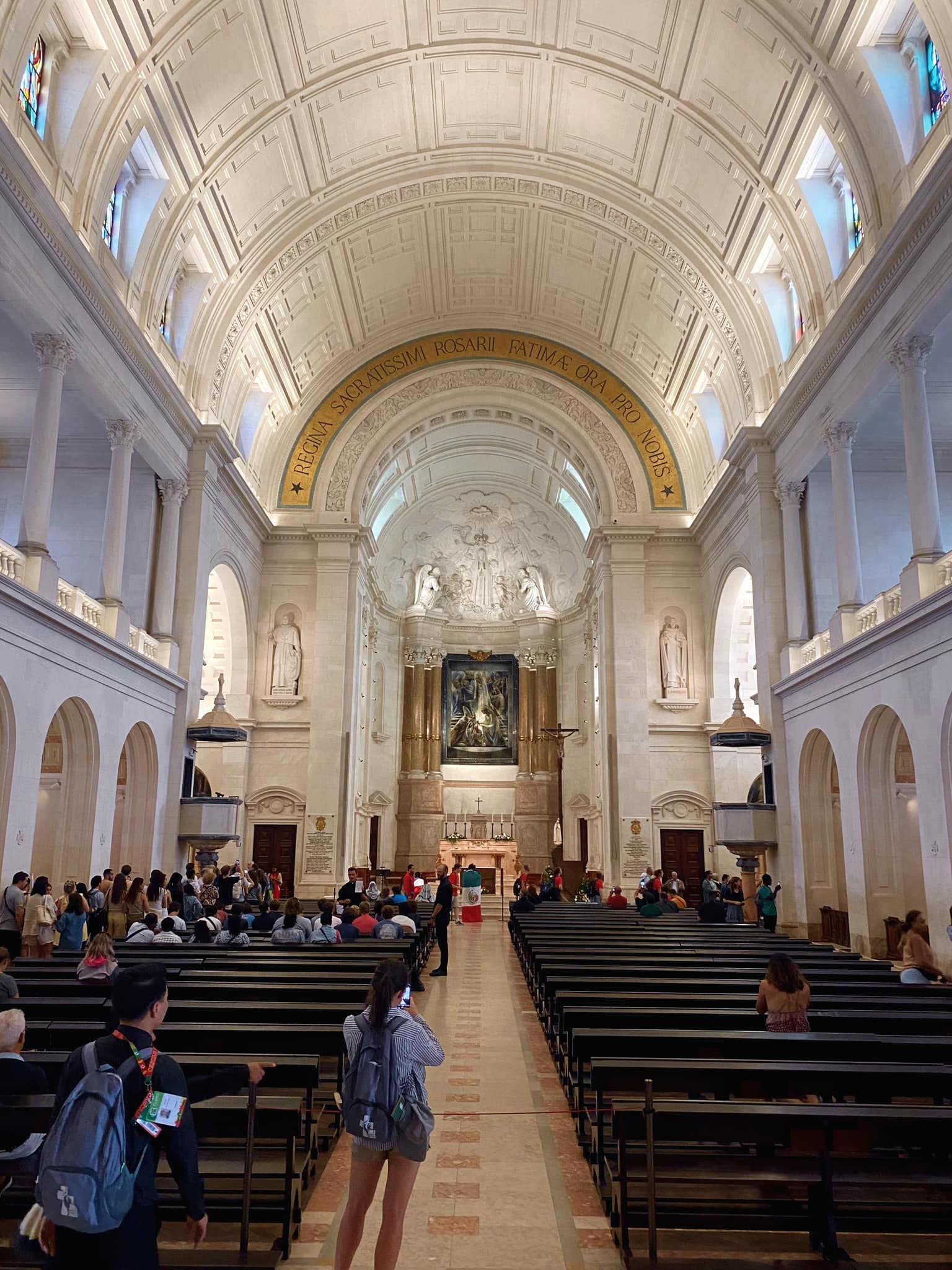
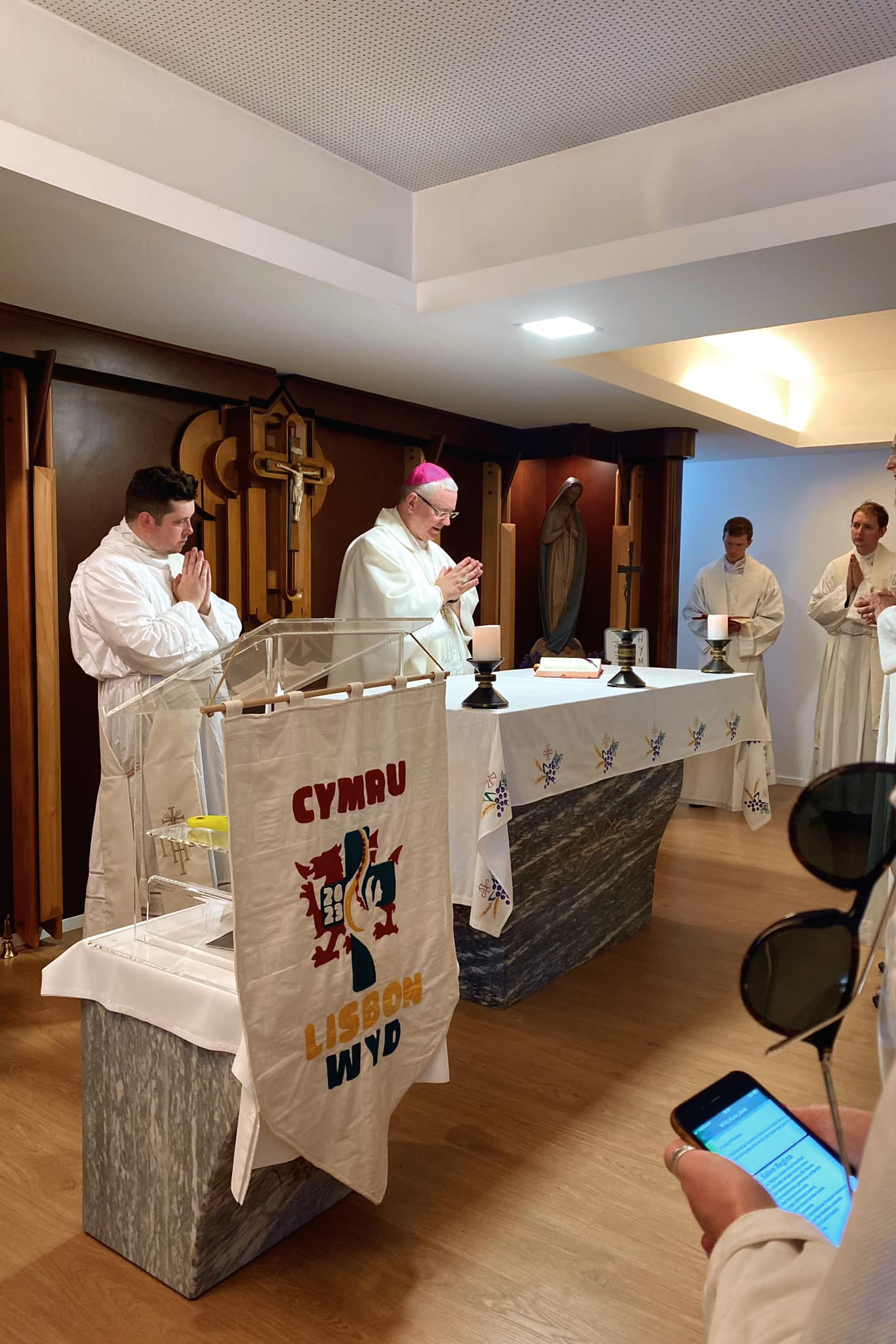
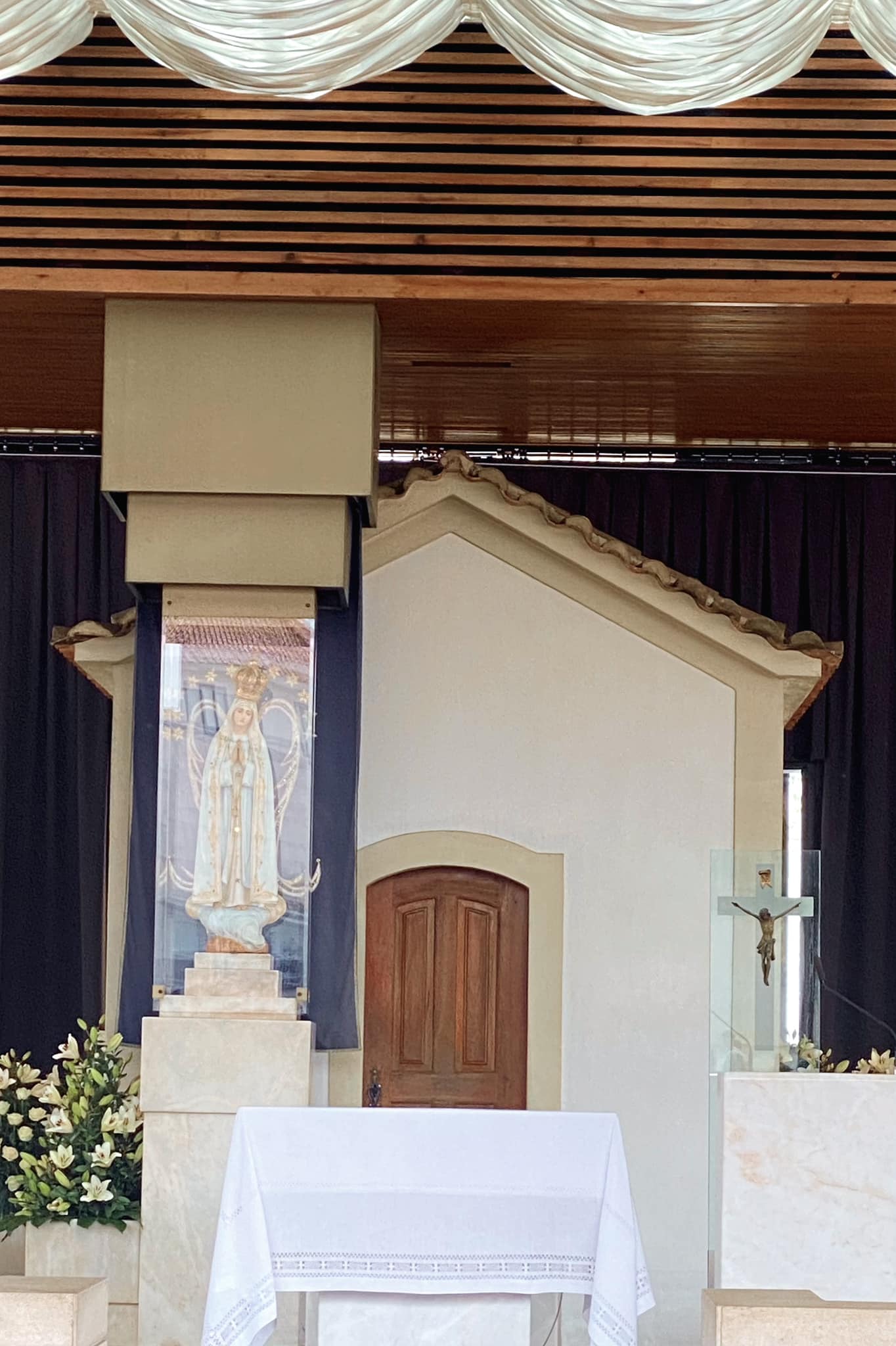
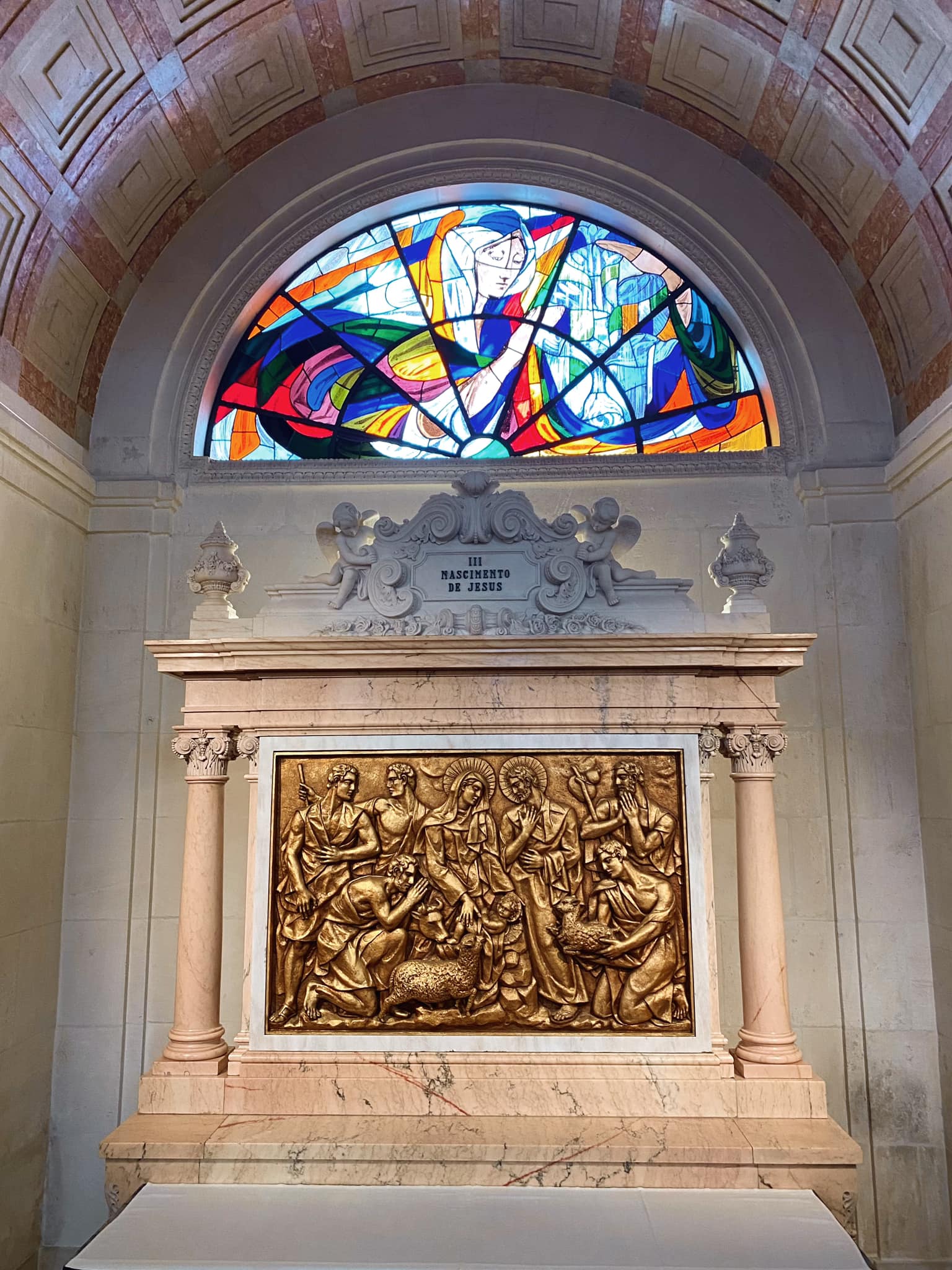

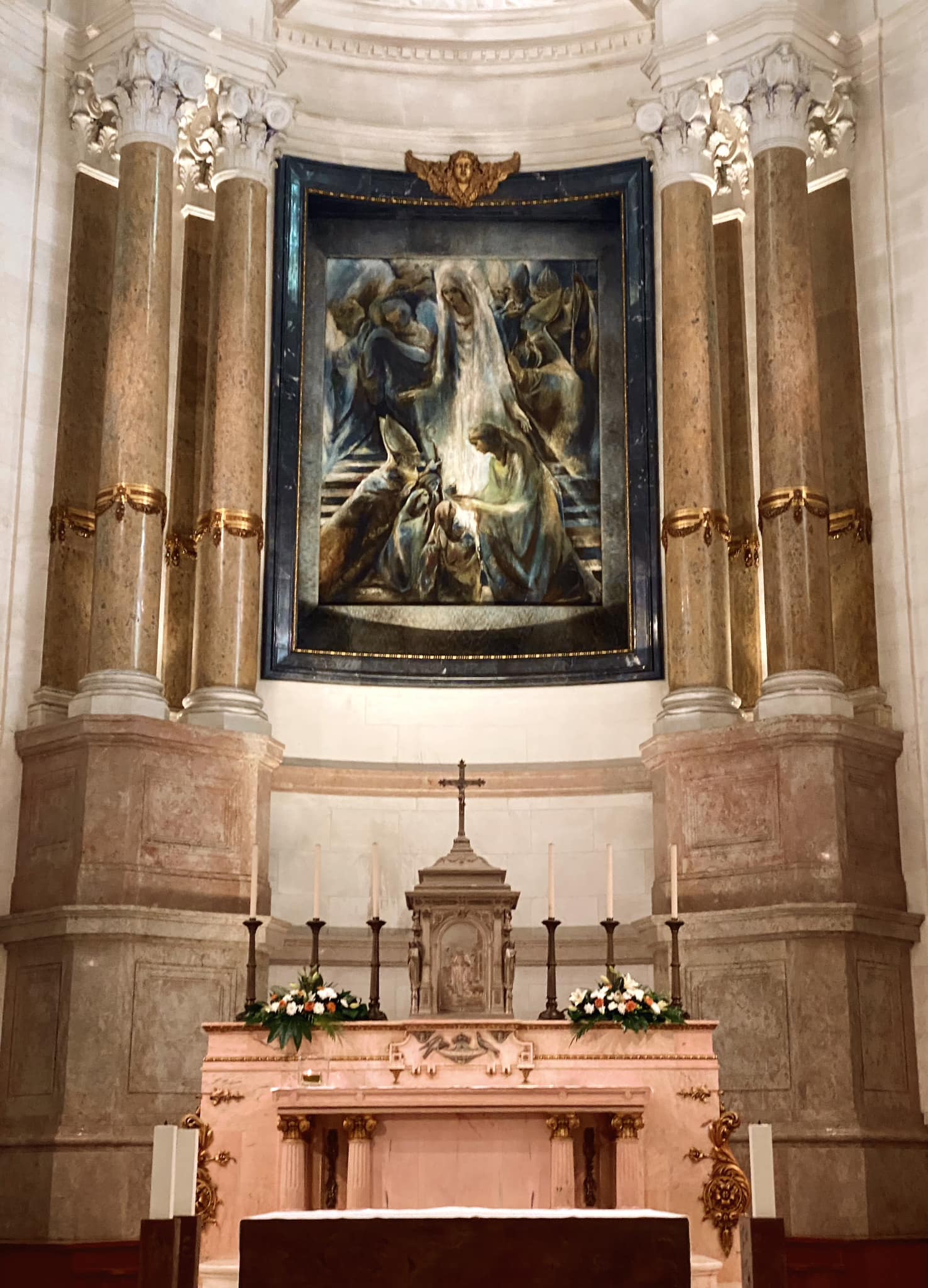


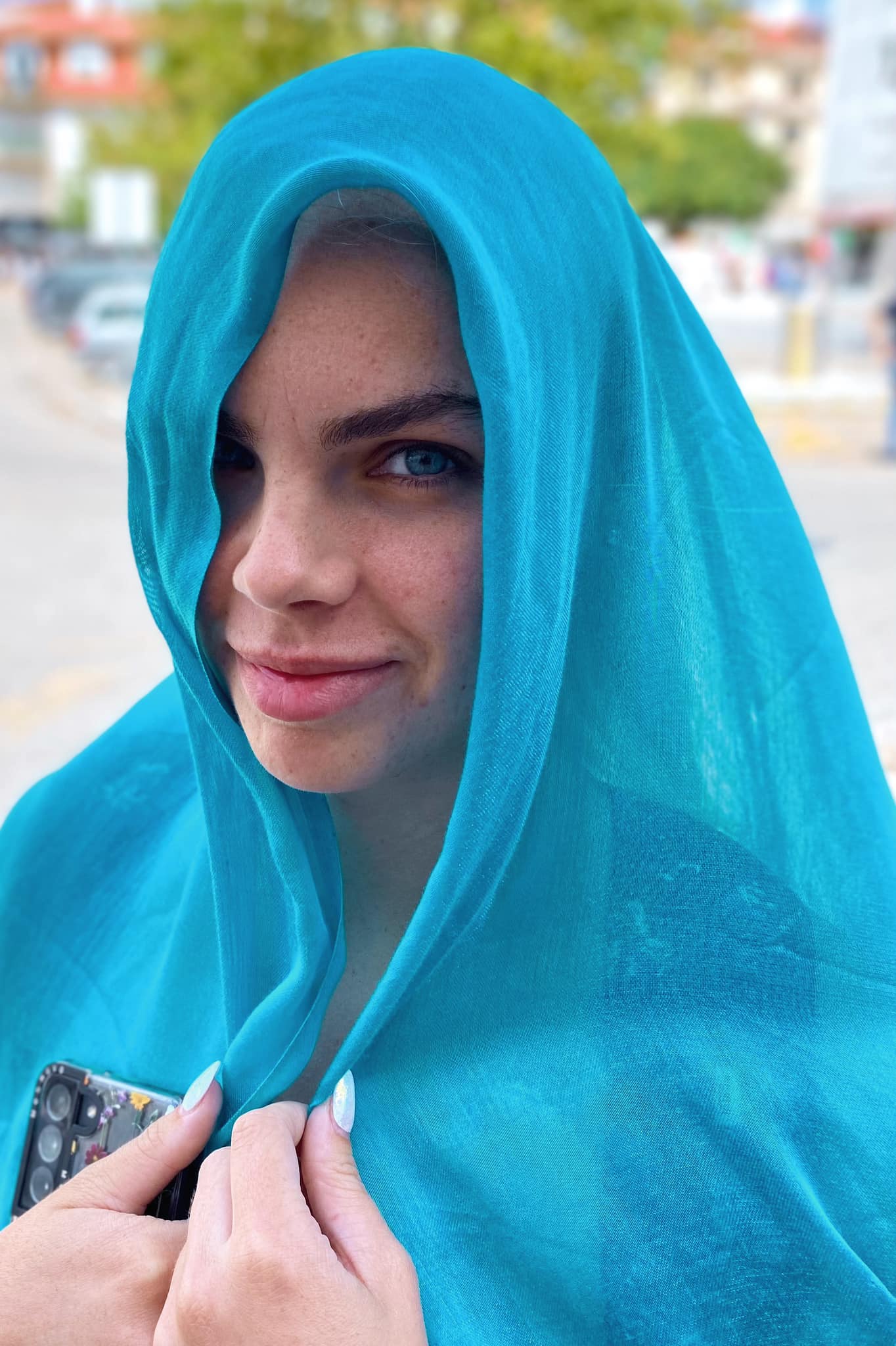
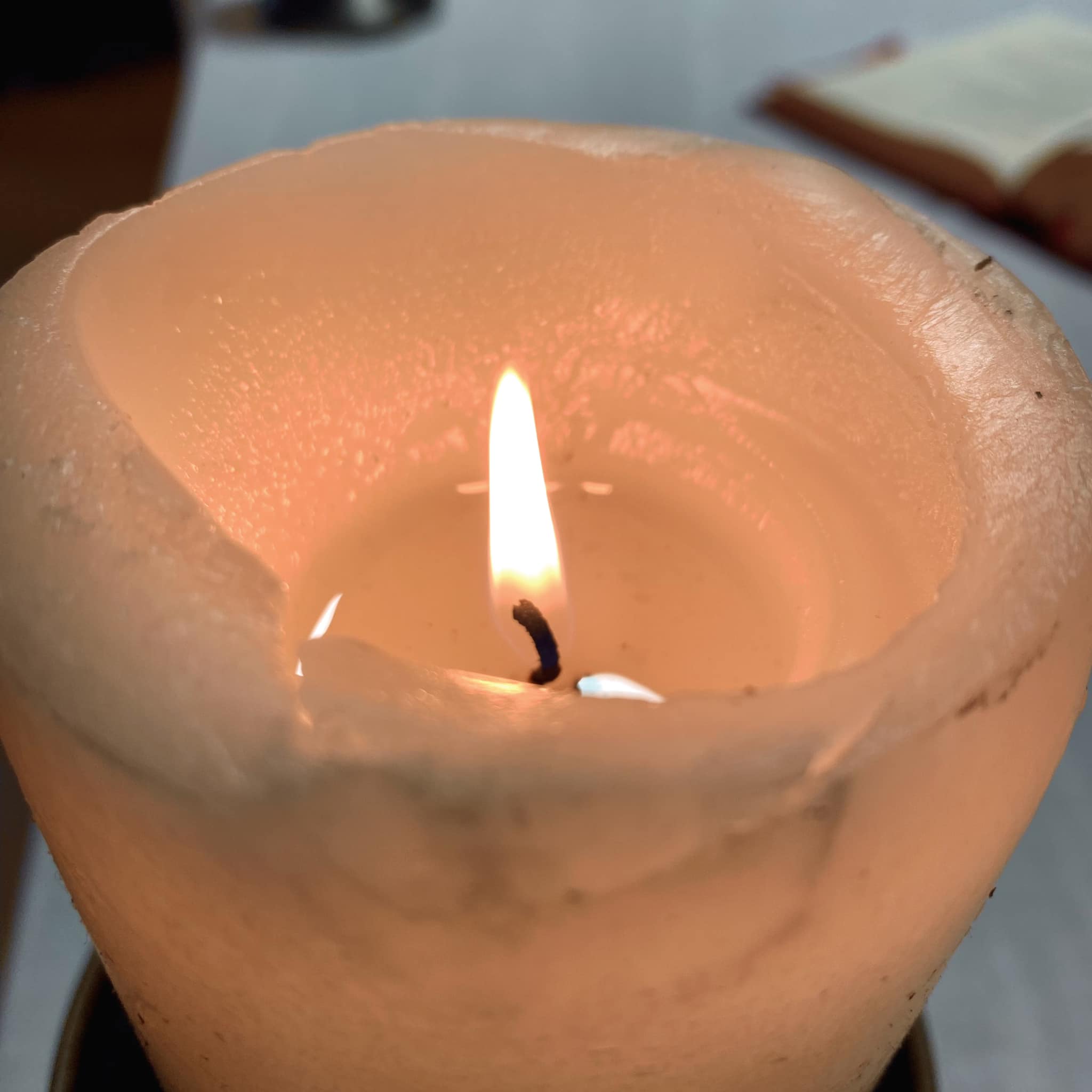

Day Nine
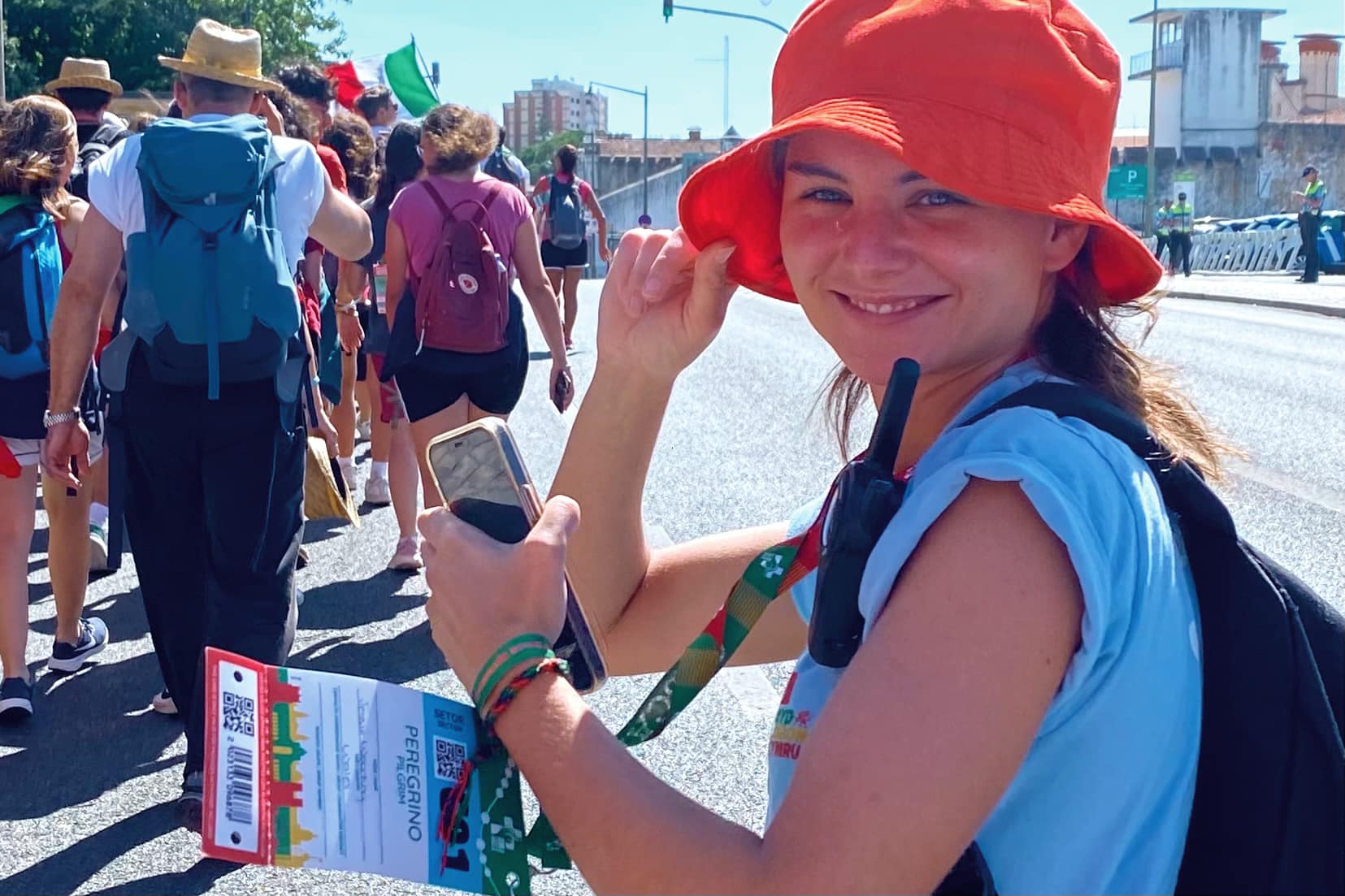
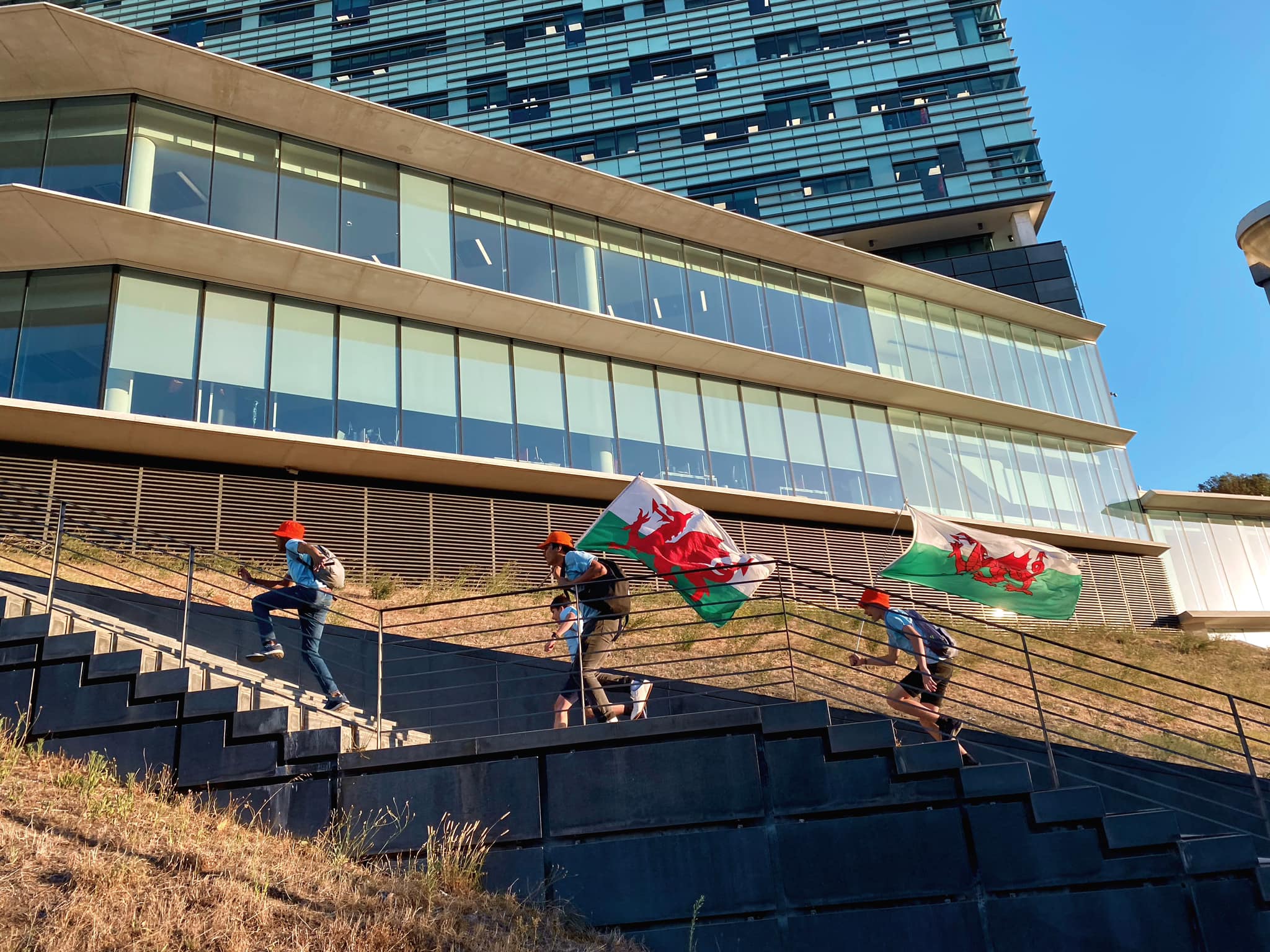

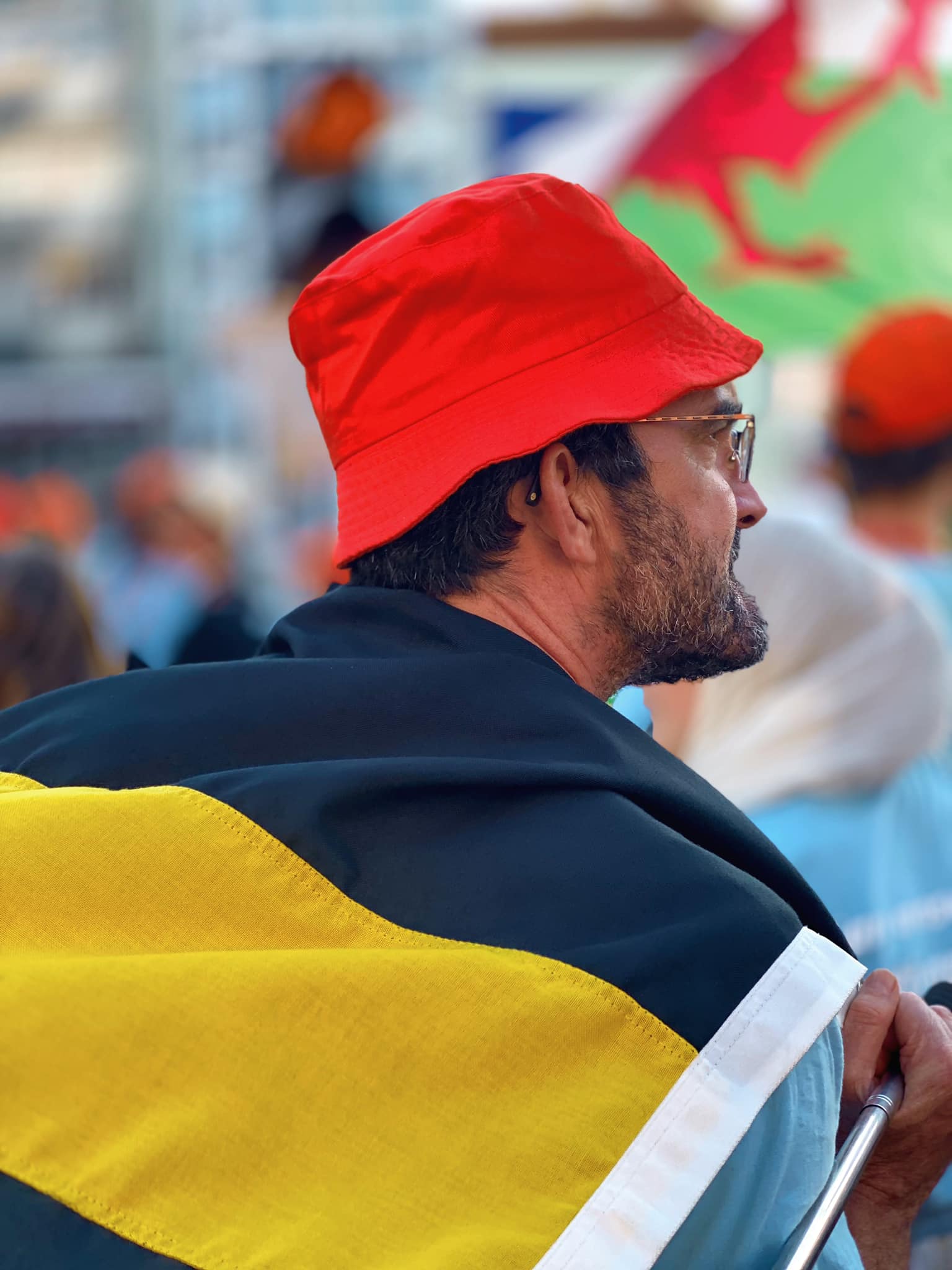
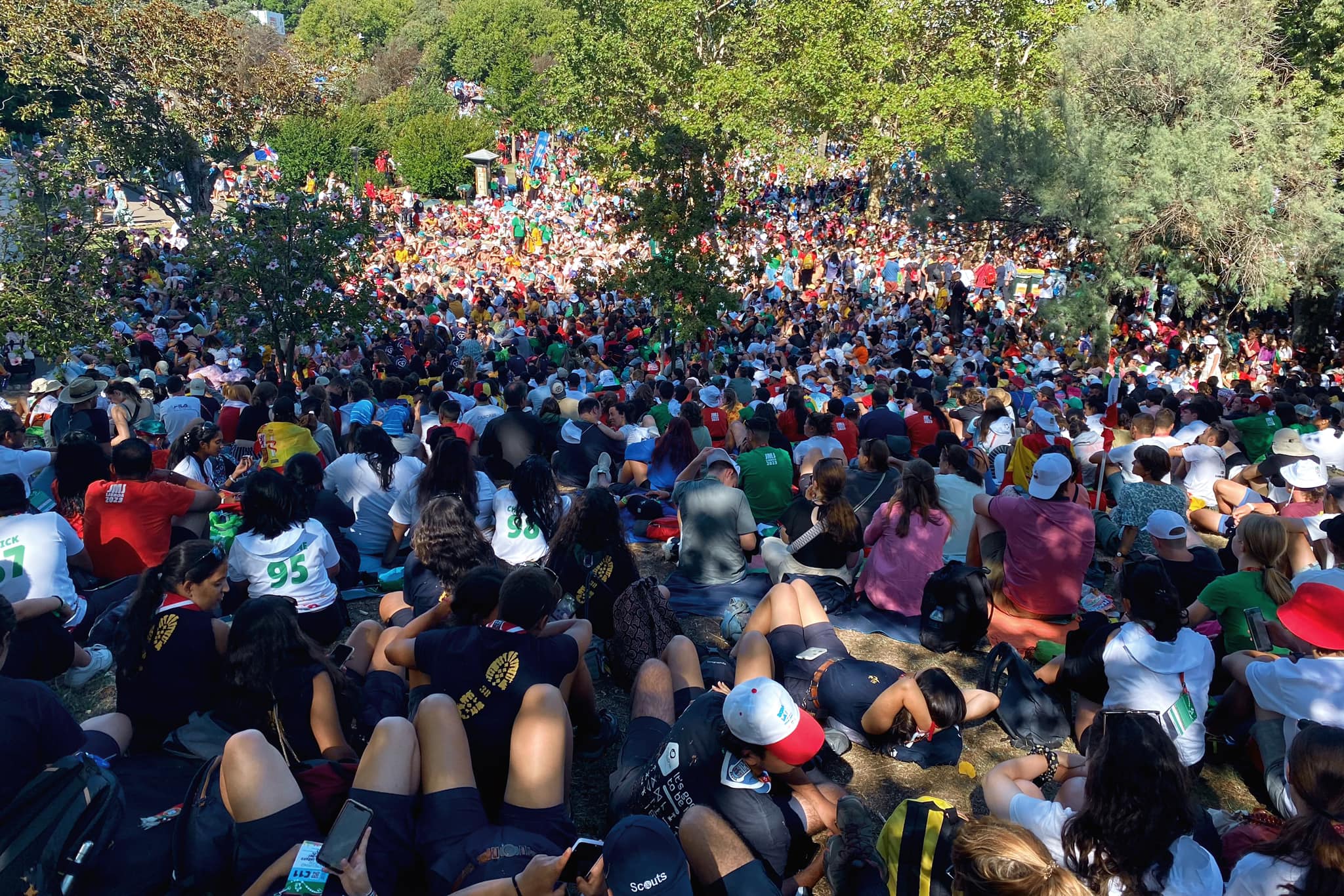
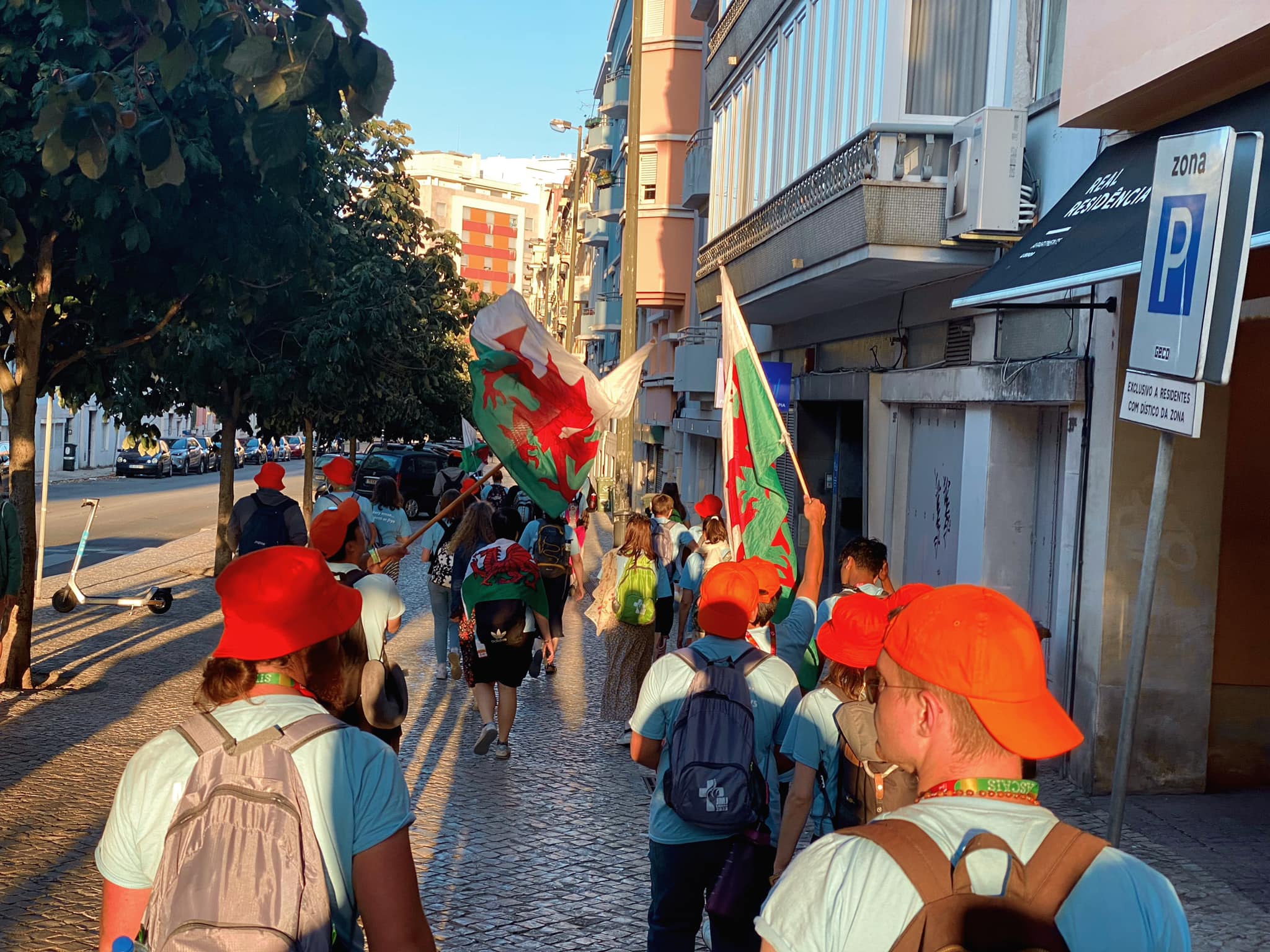

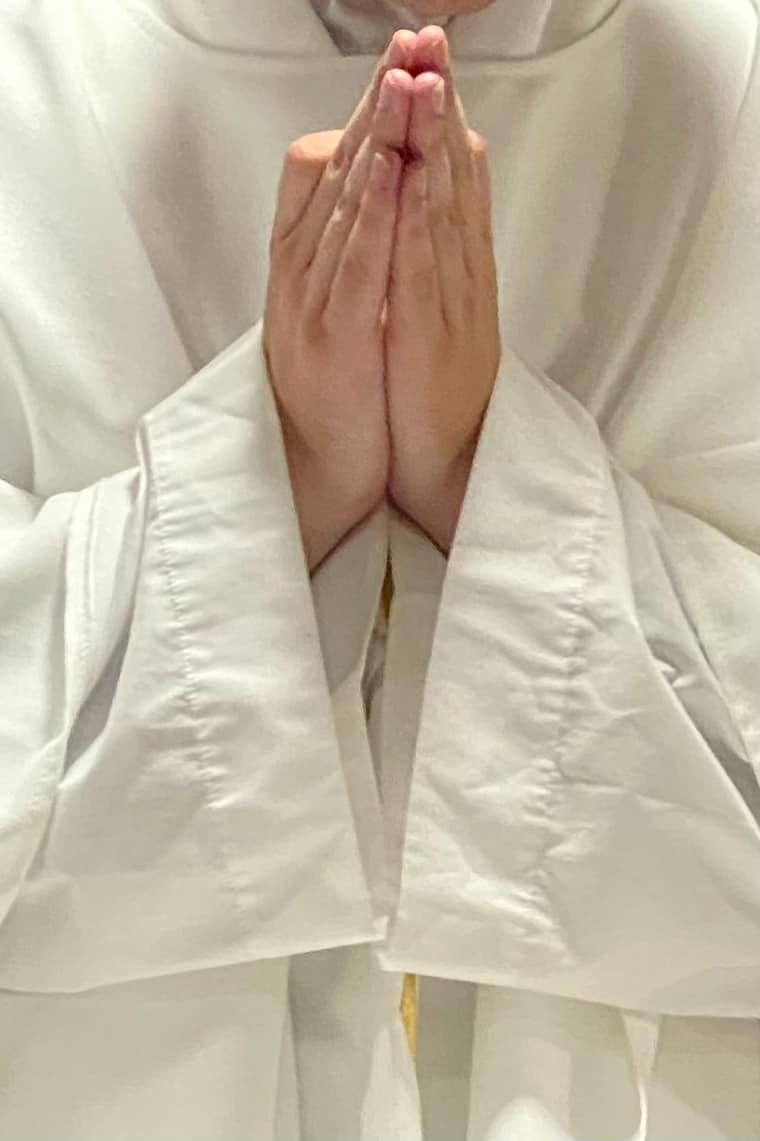

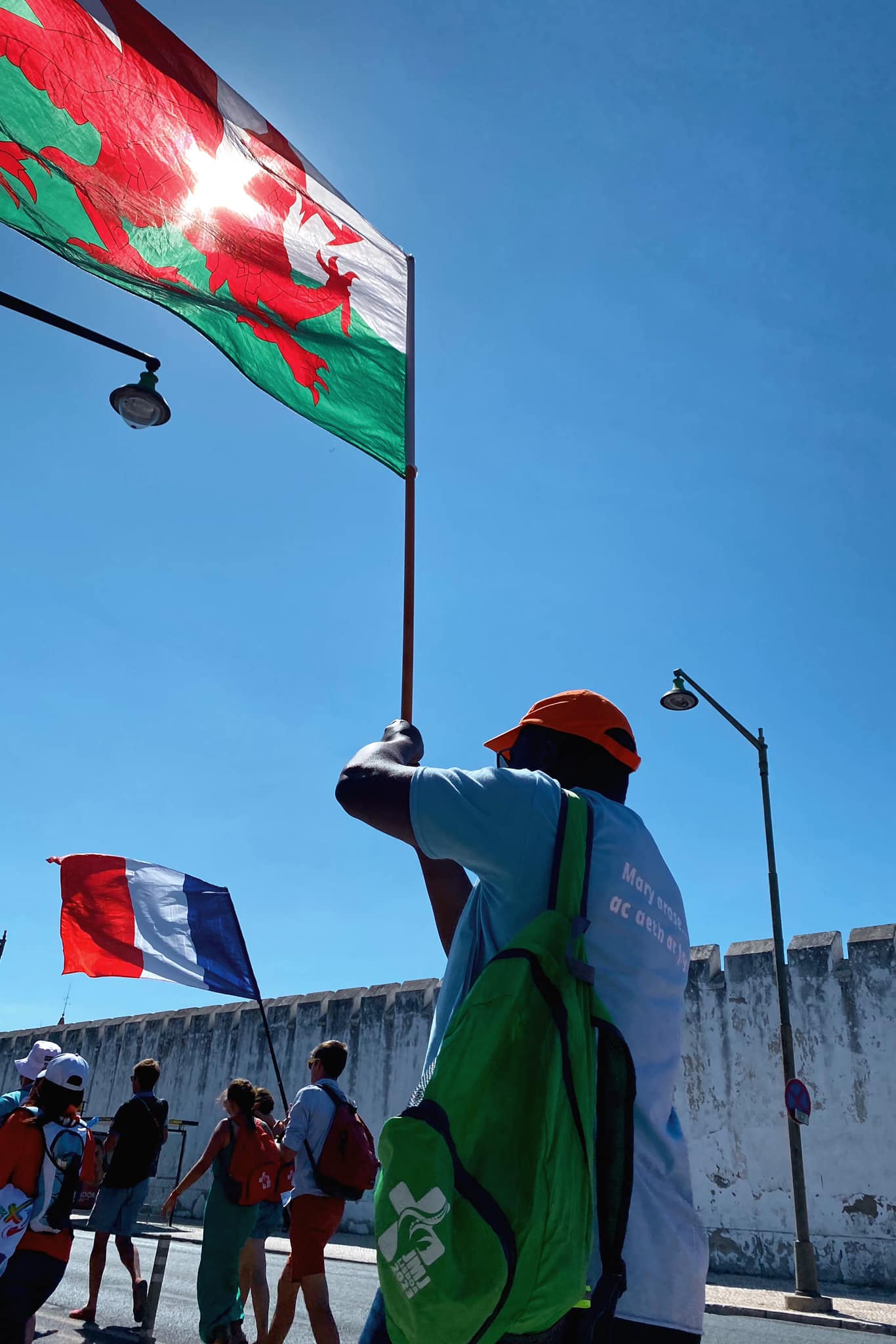

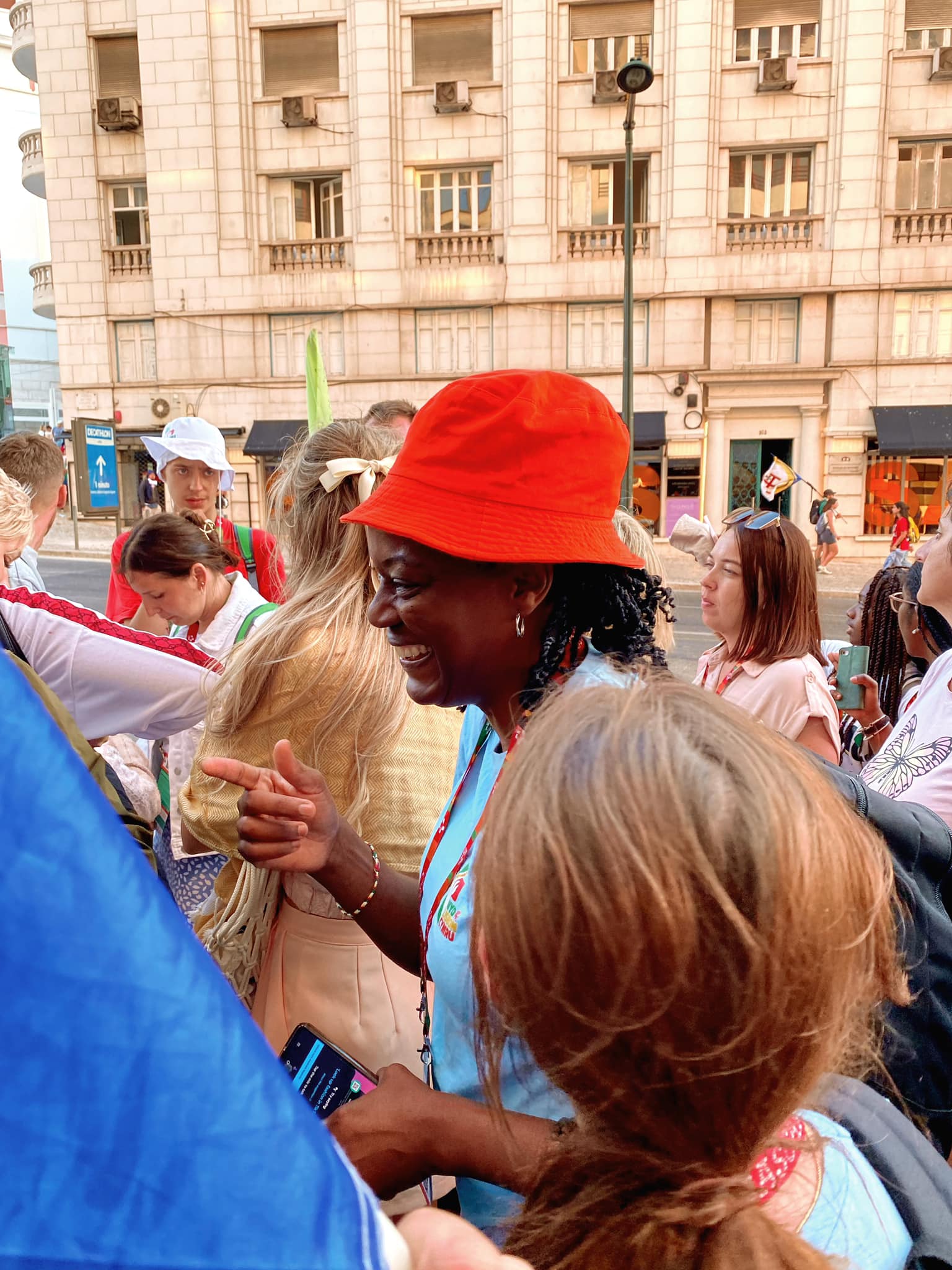
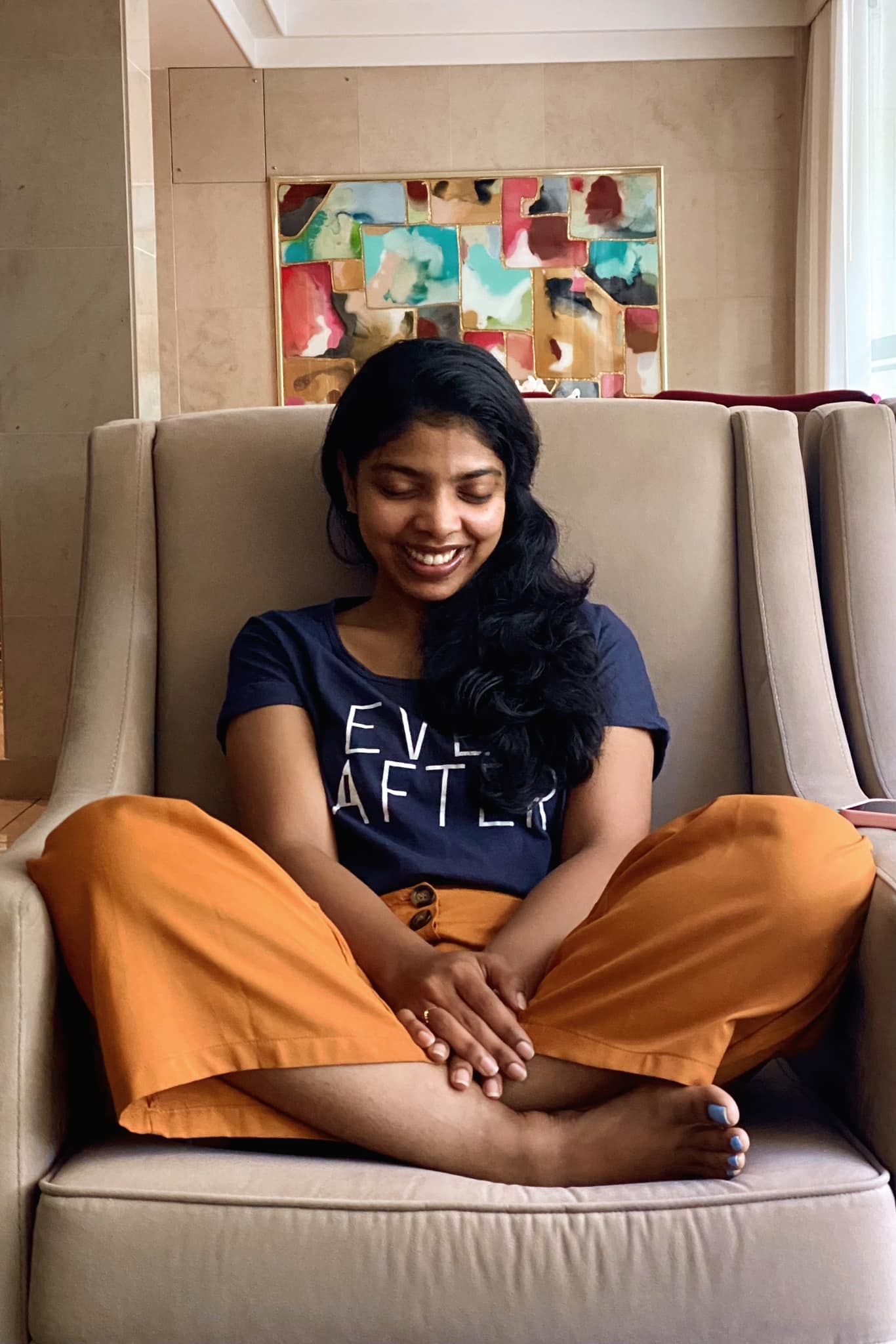

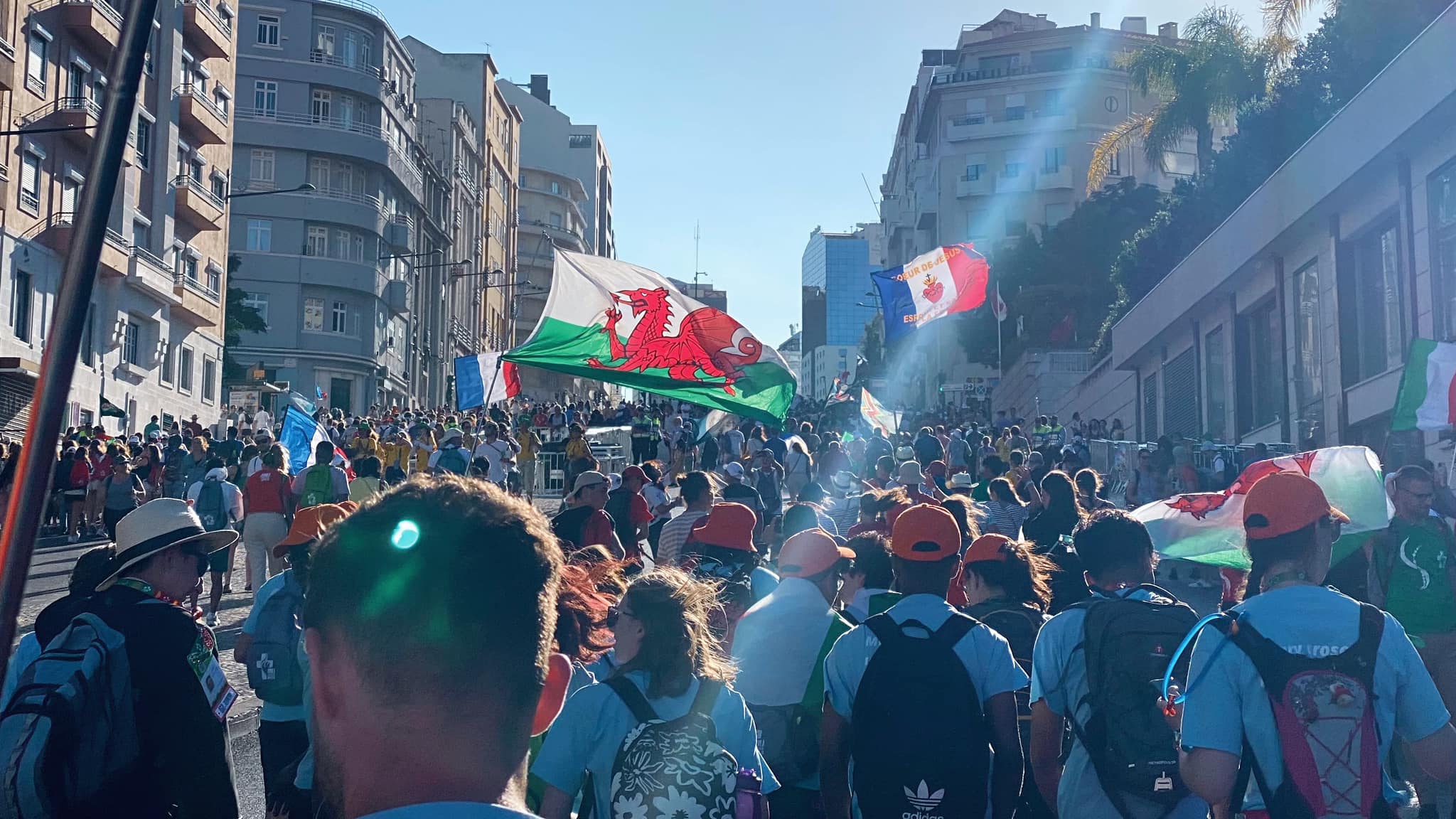
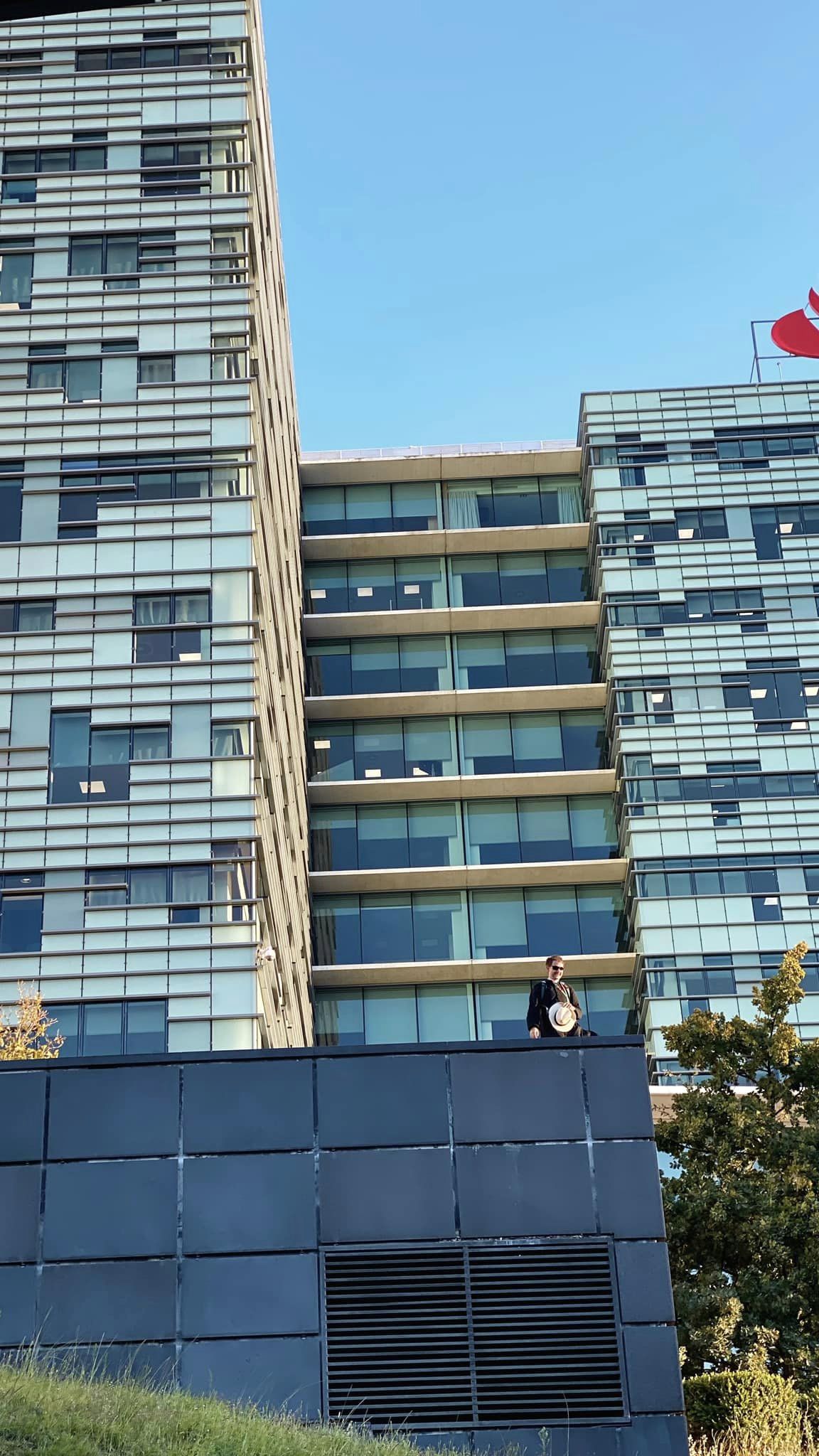

Day Ten



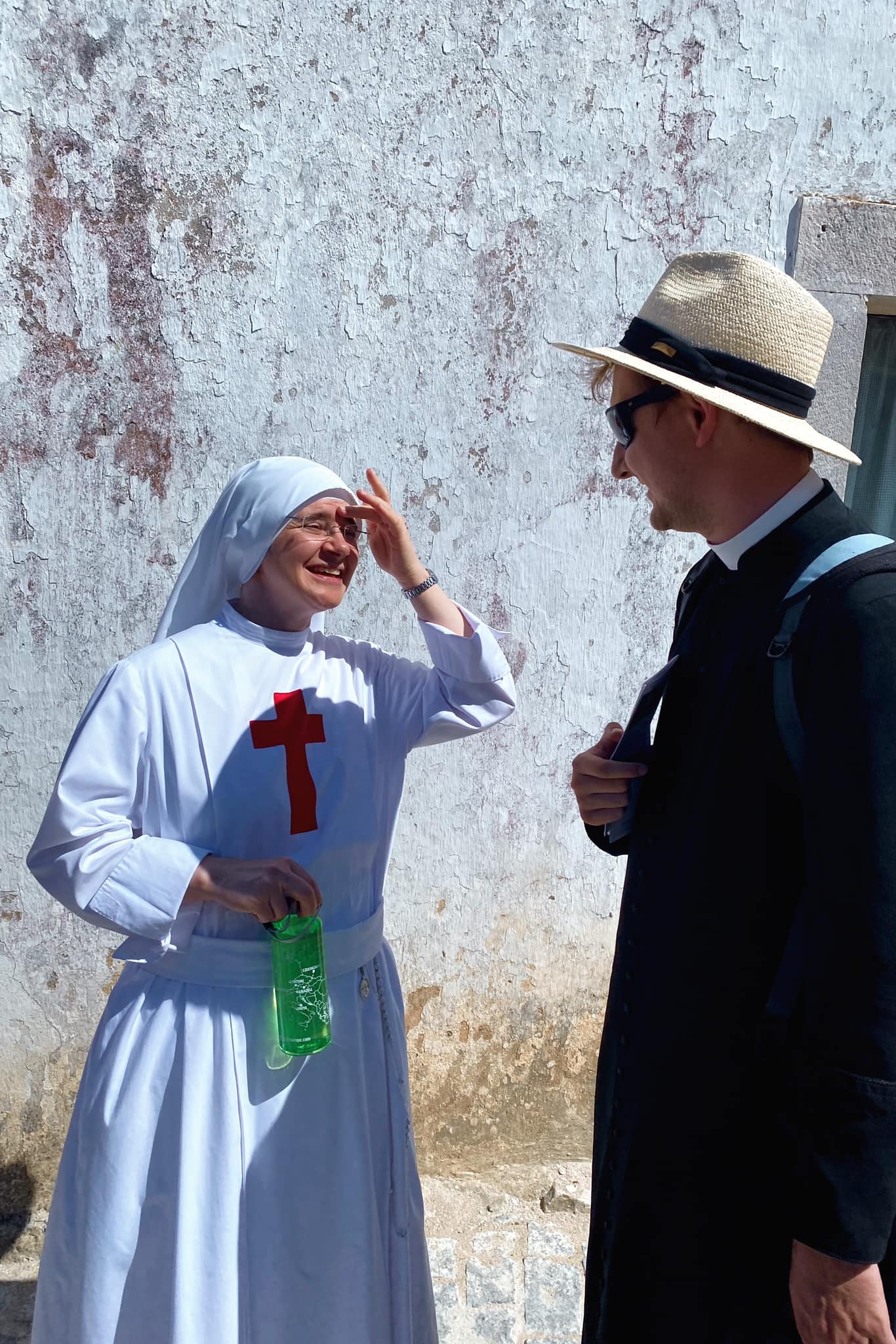
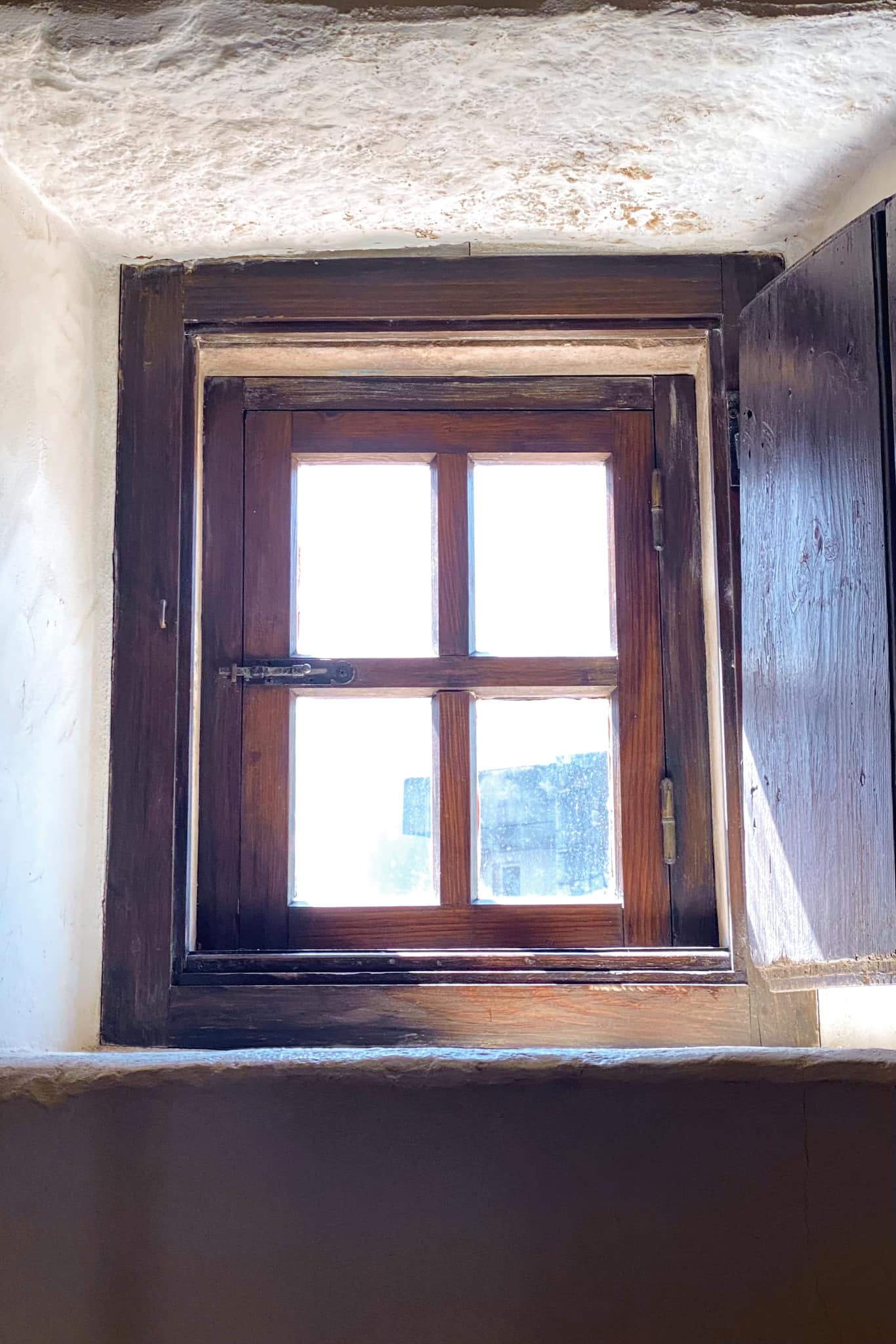


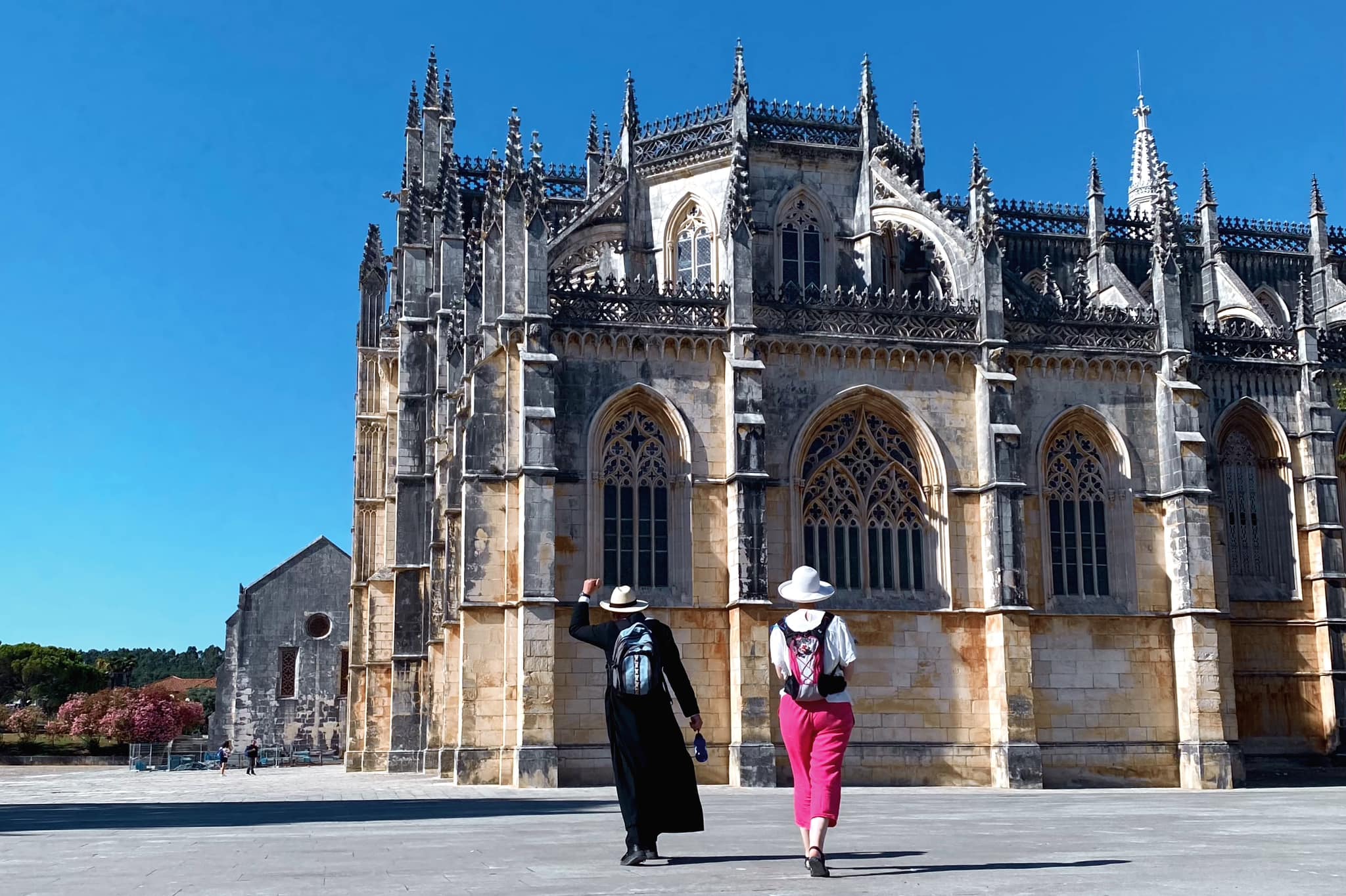
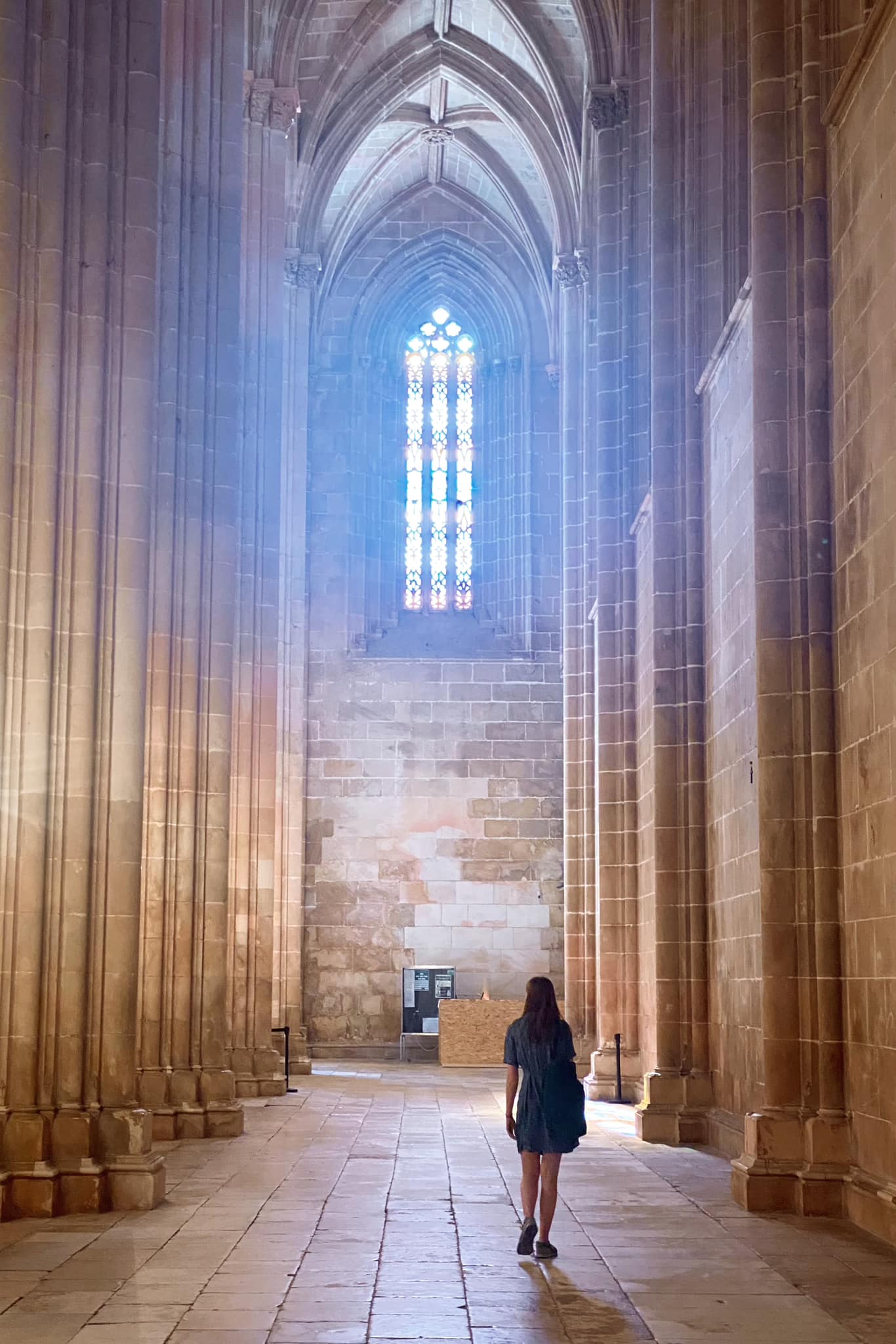
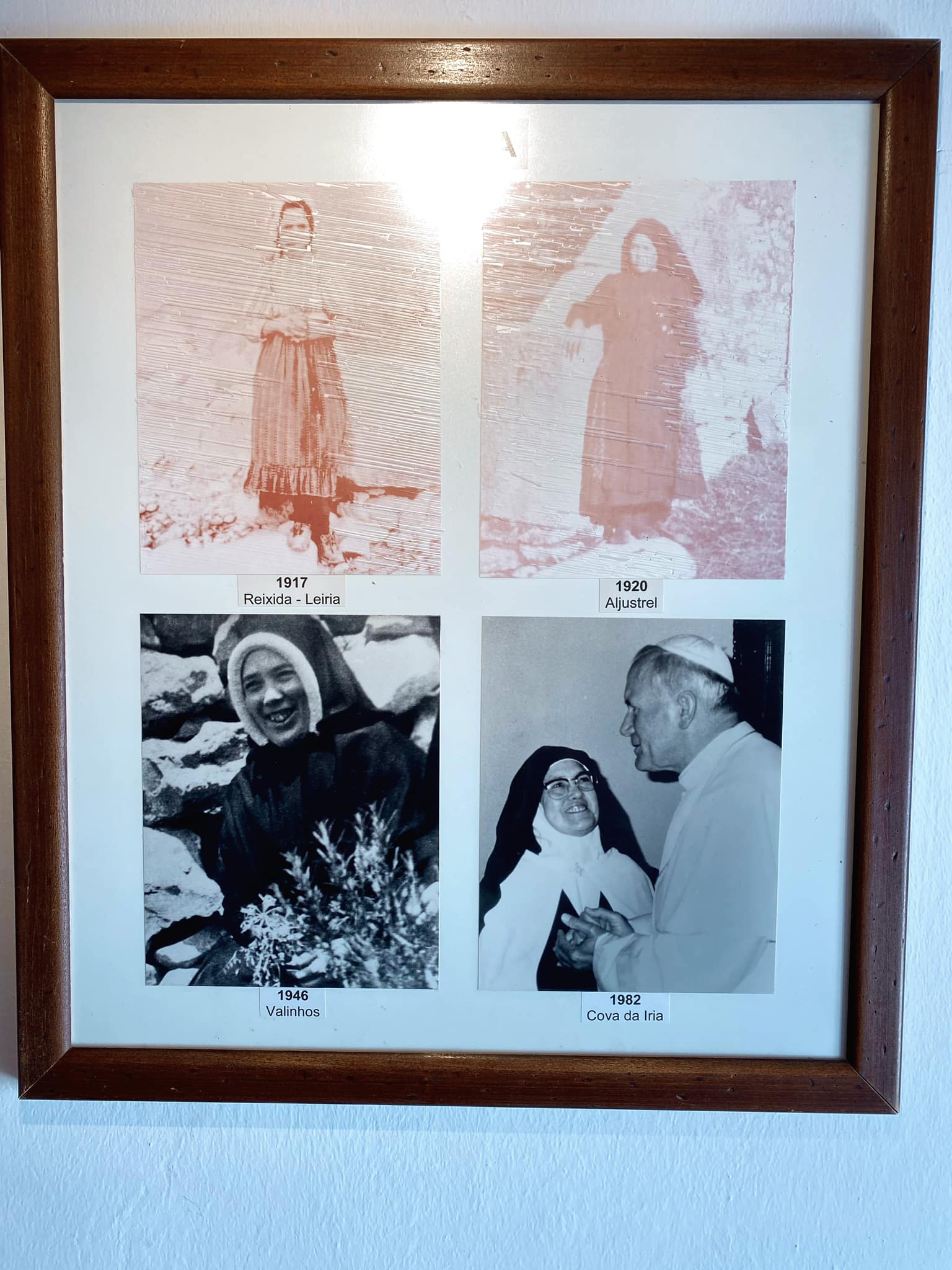

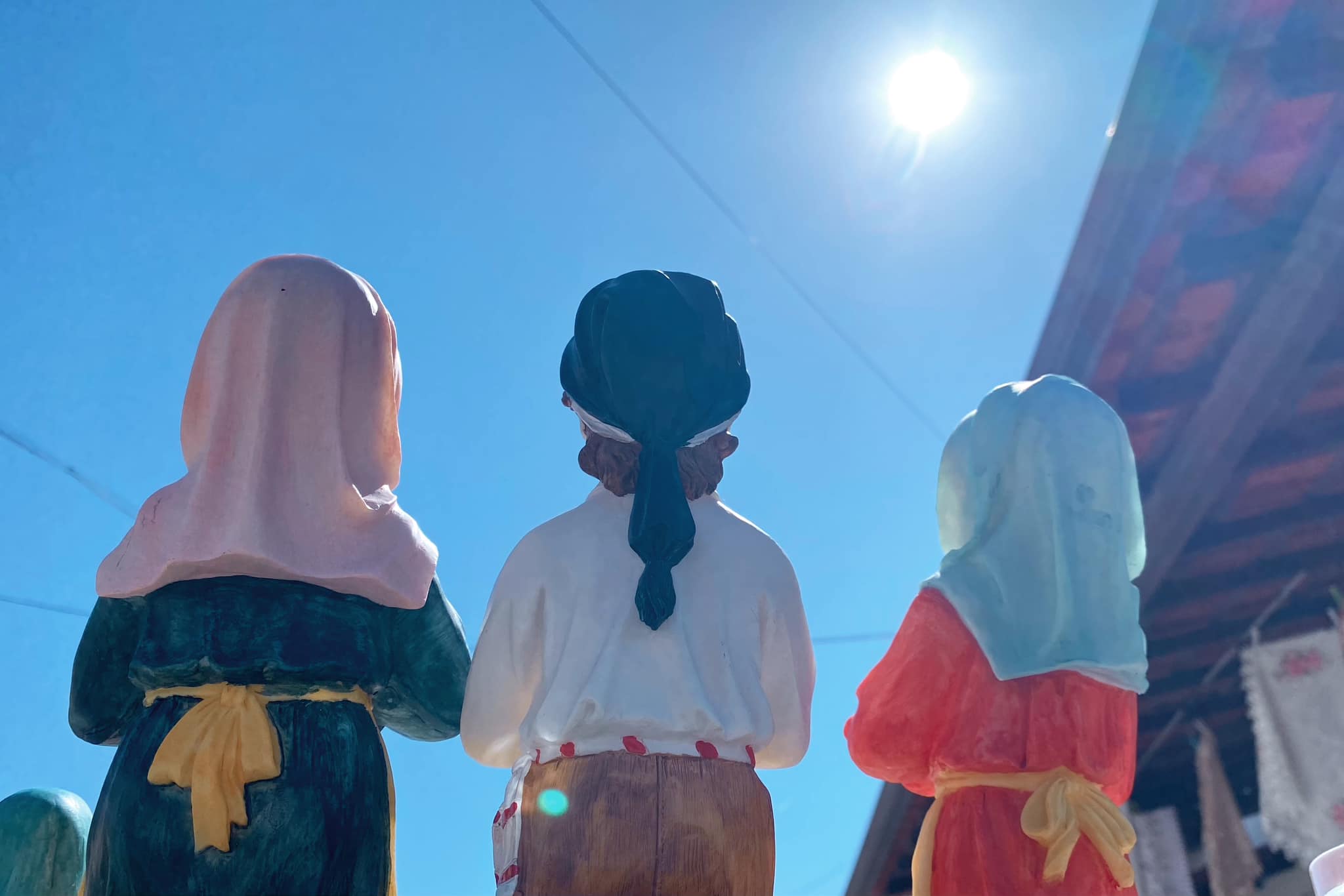
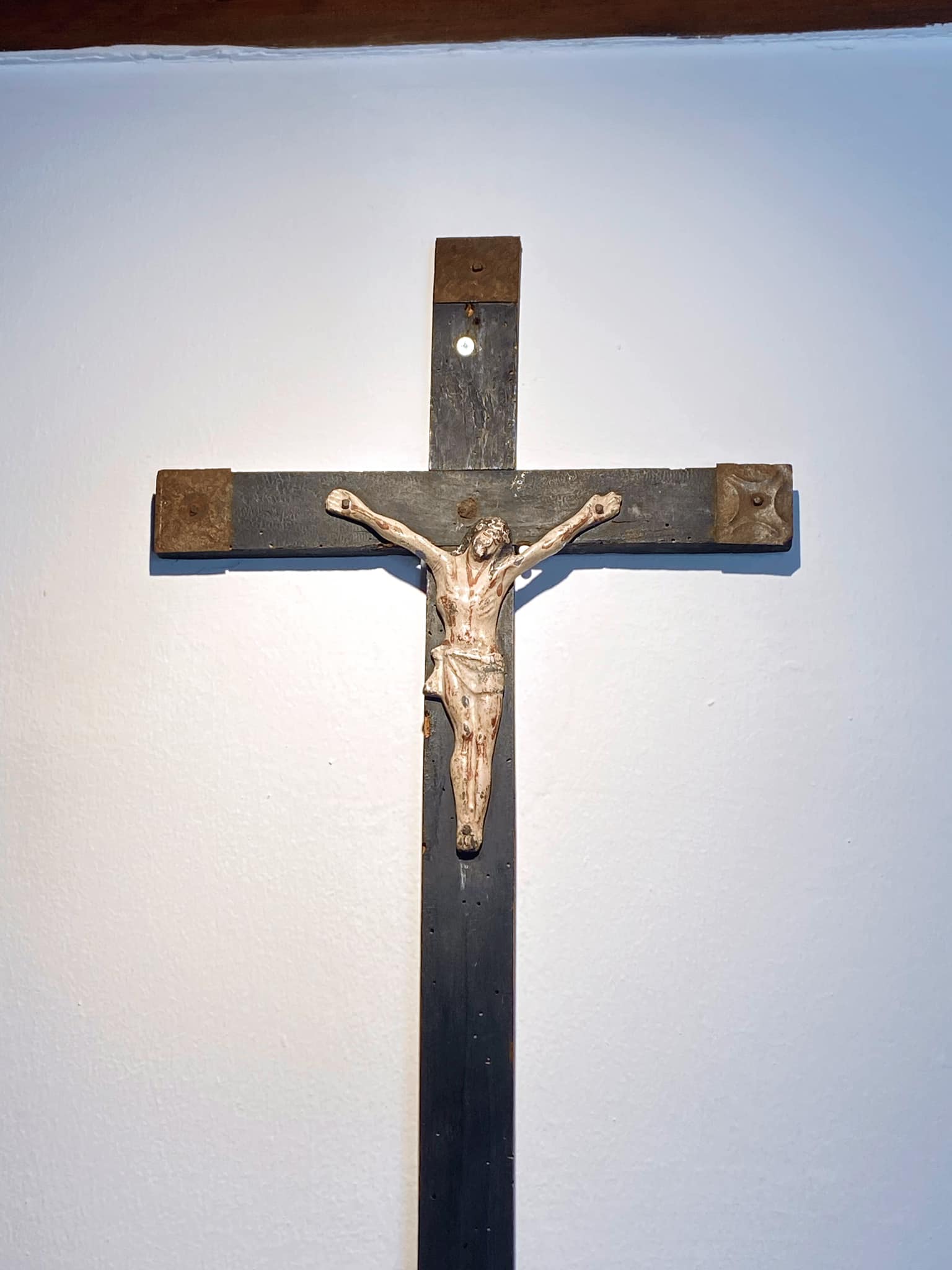


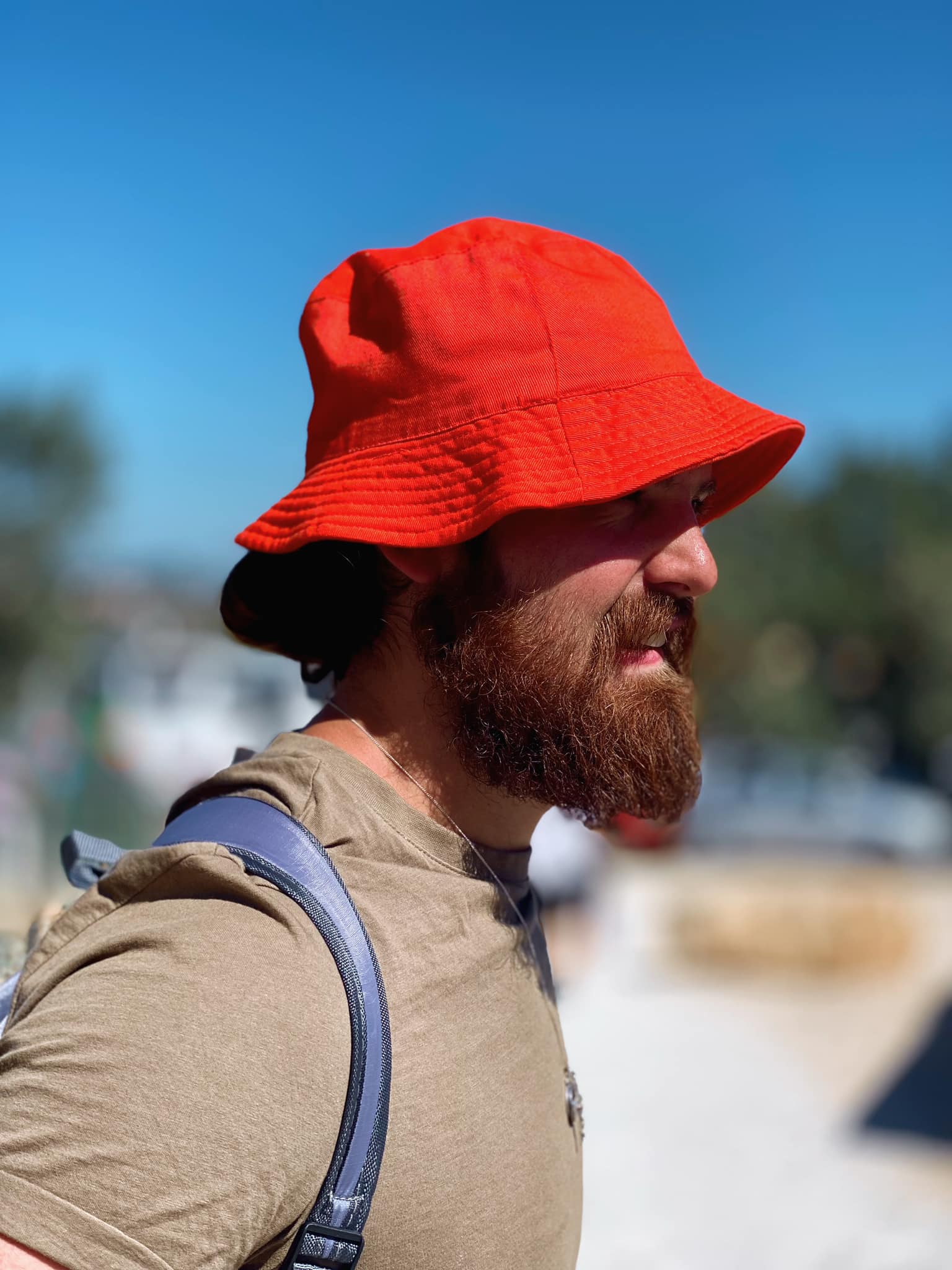

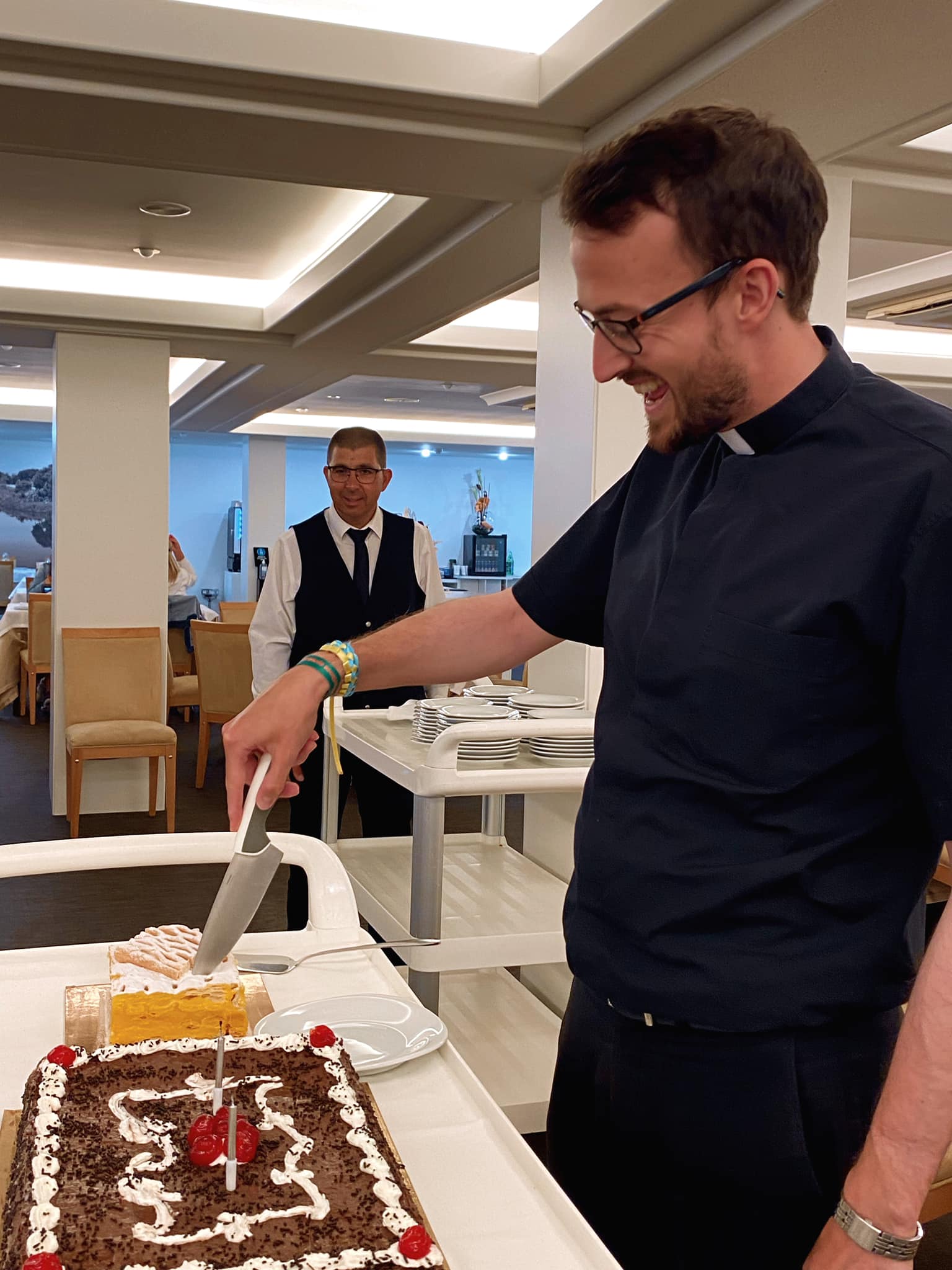
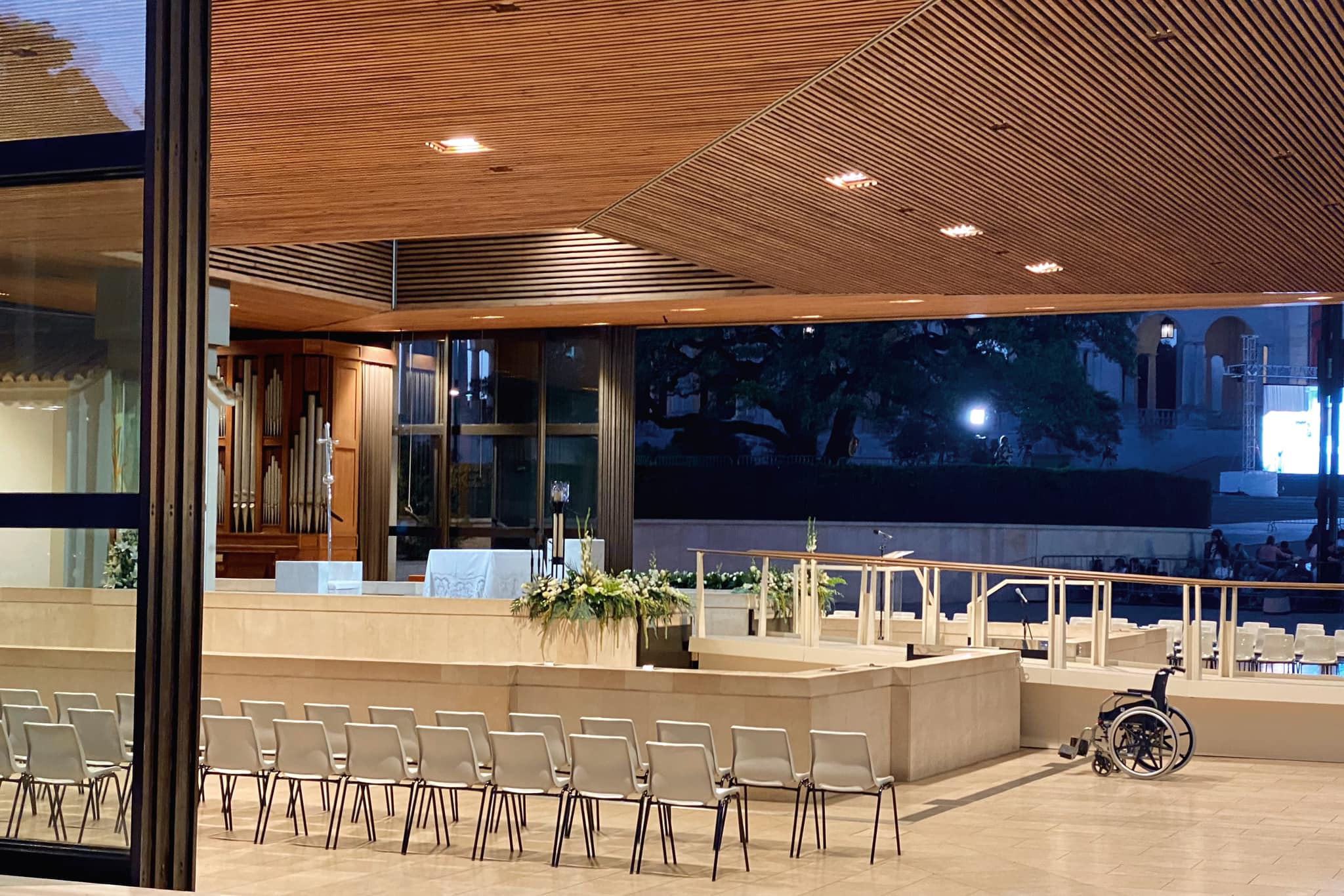


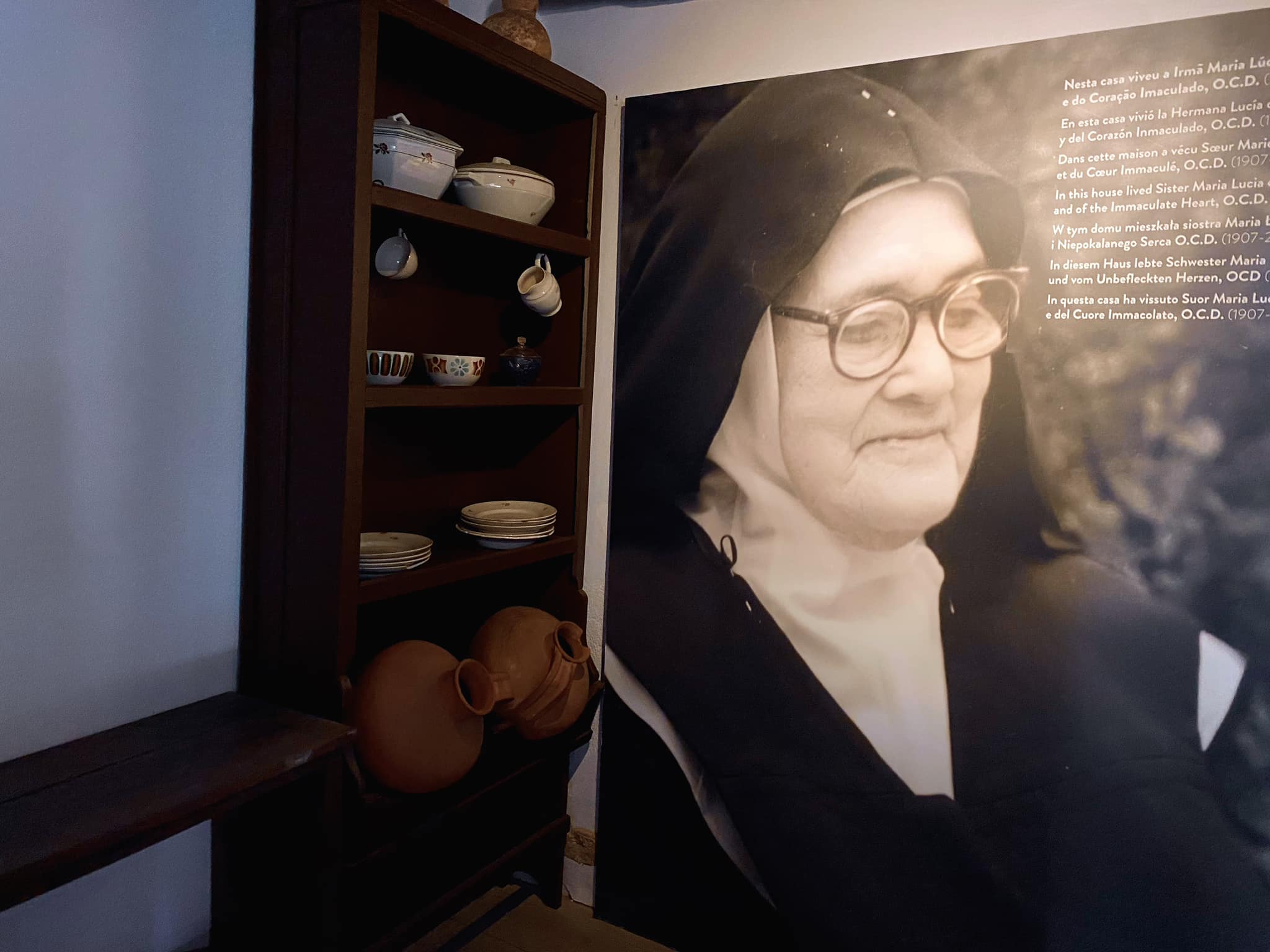
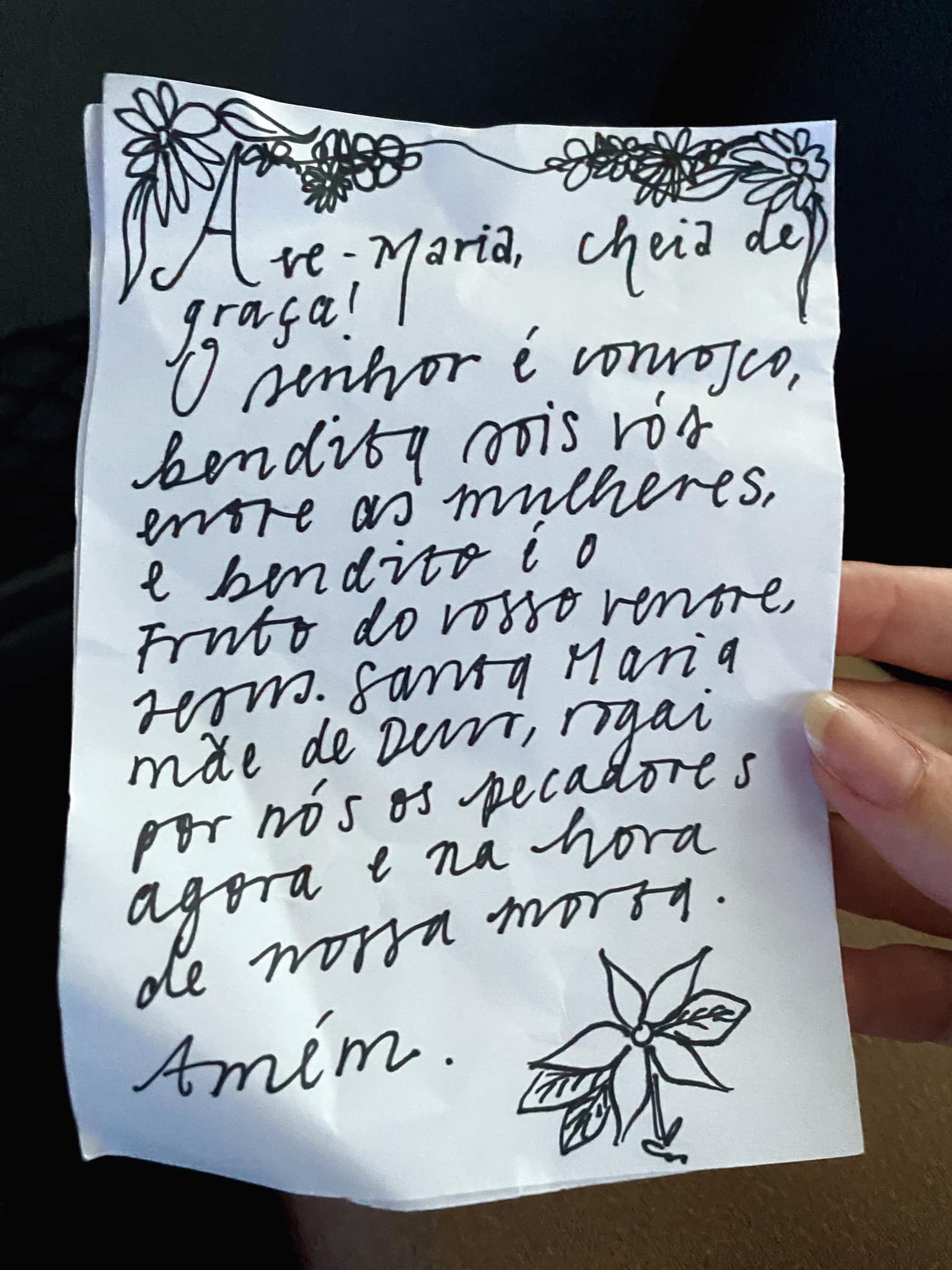

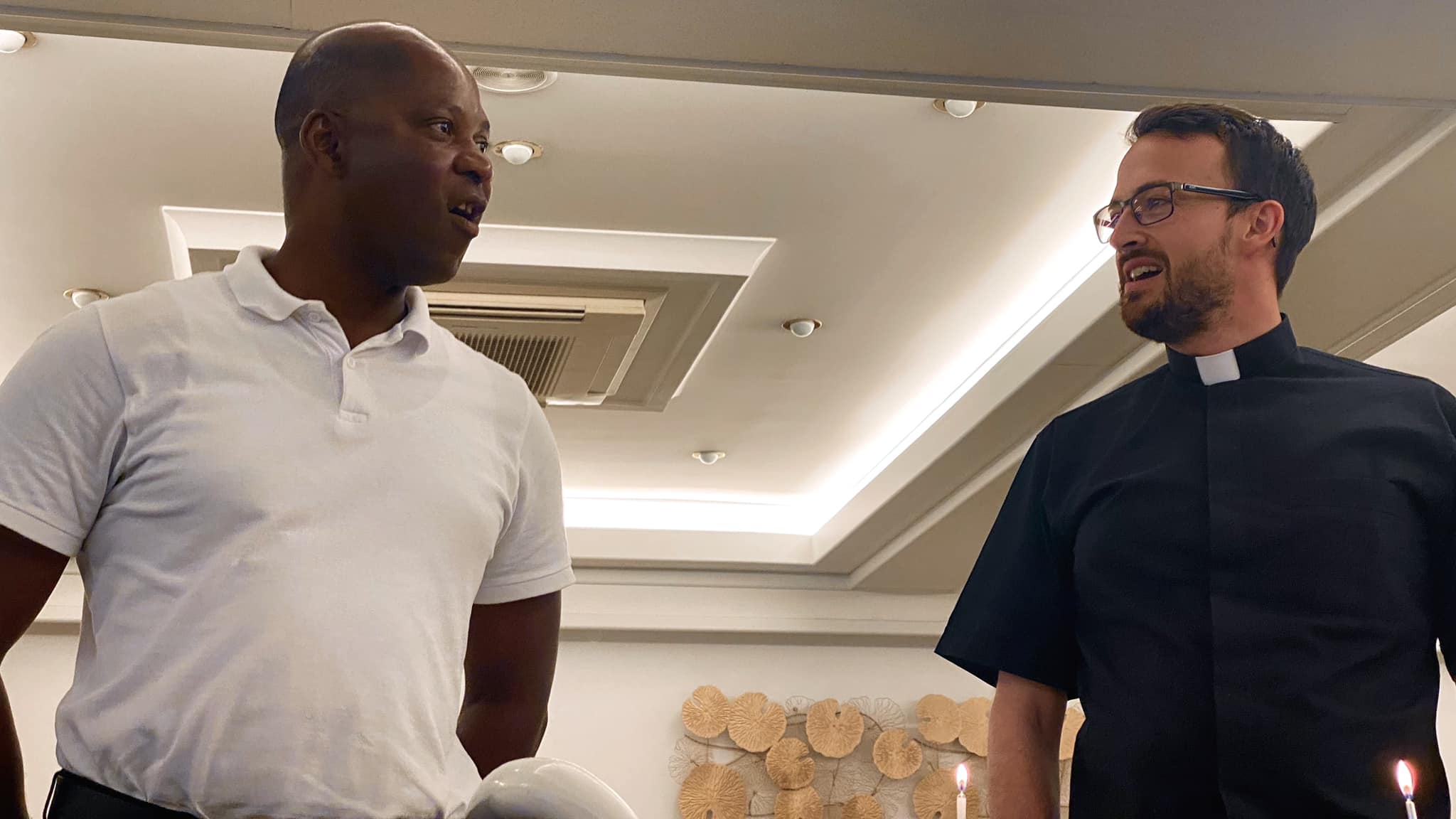
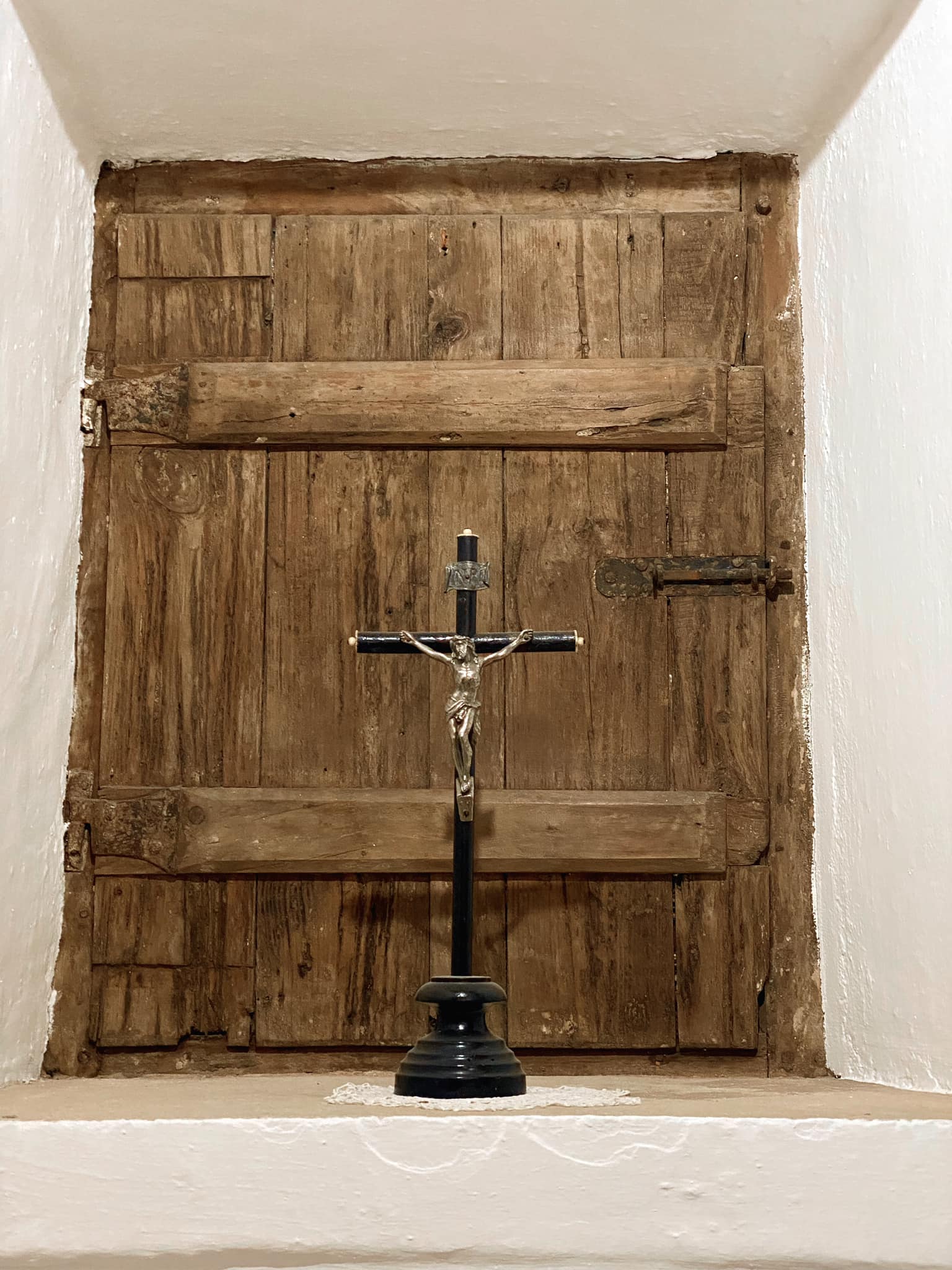


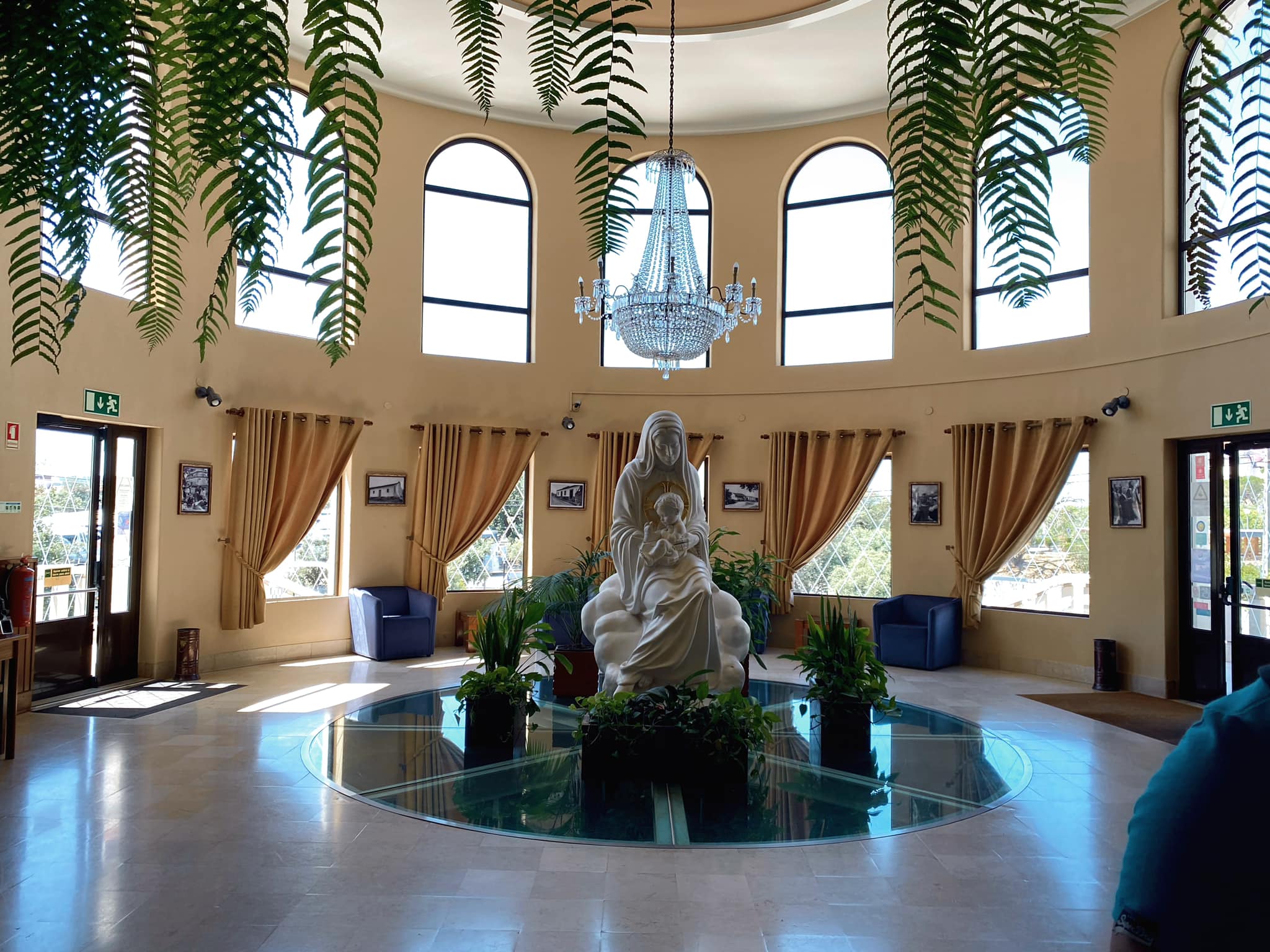
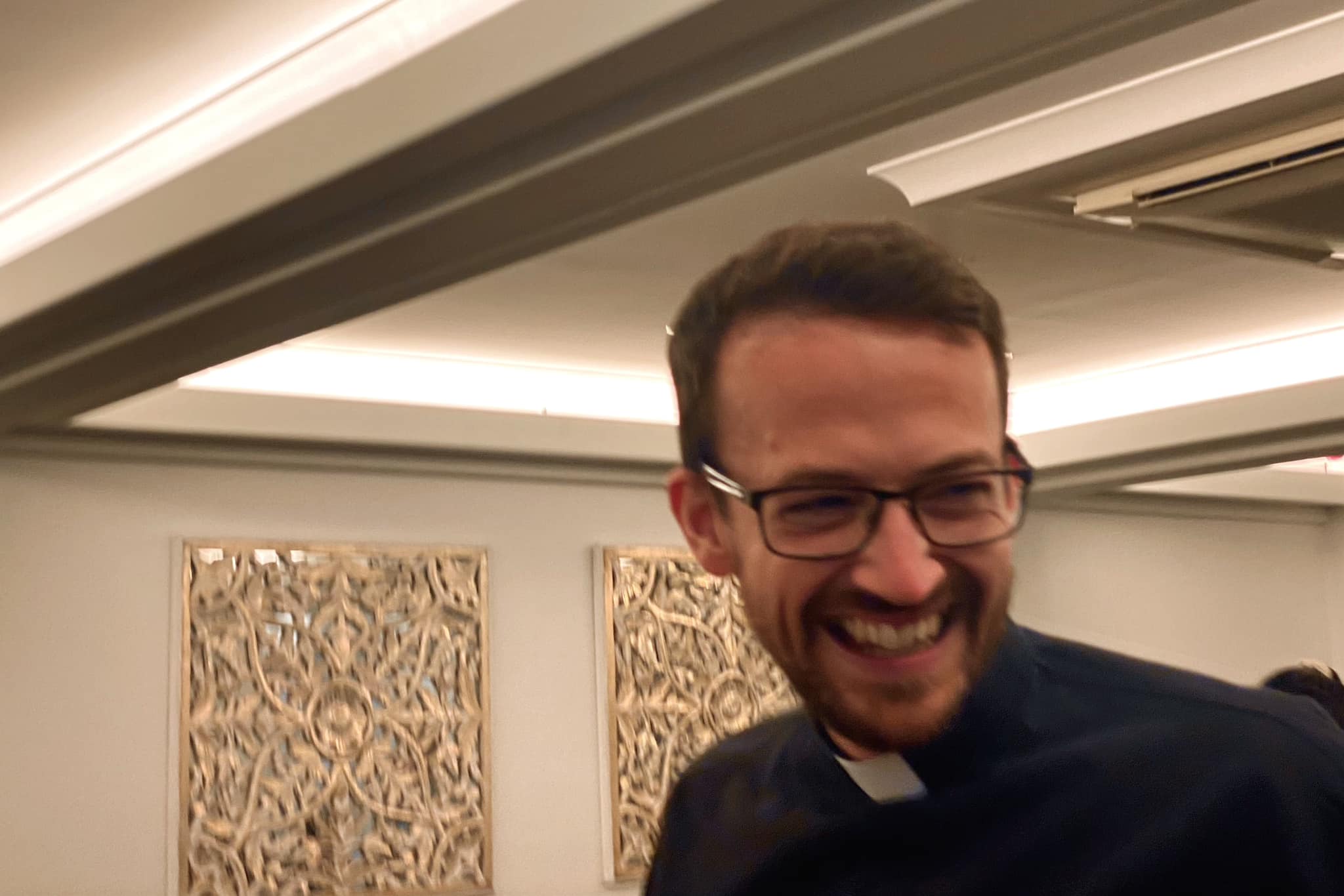
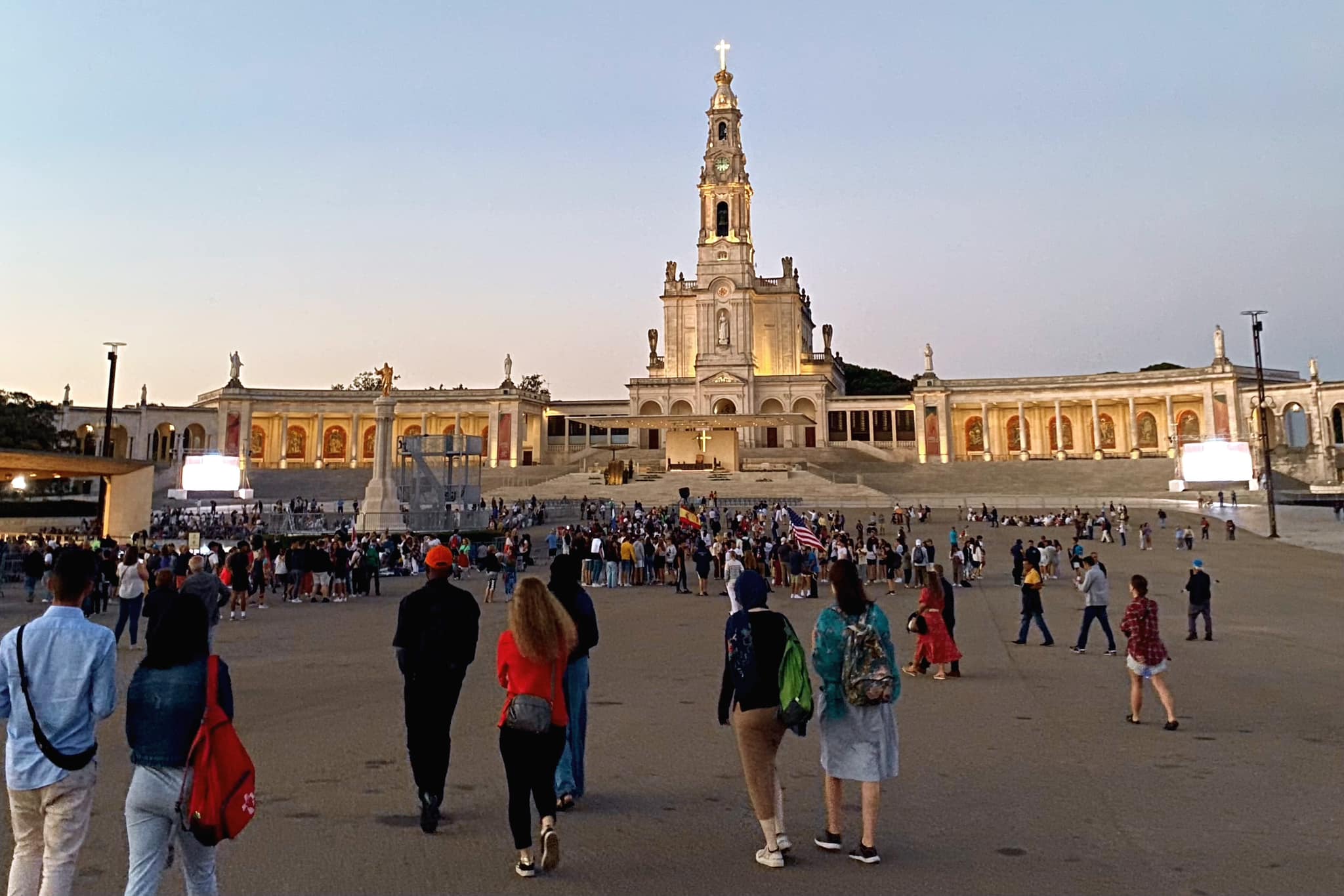
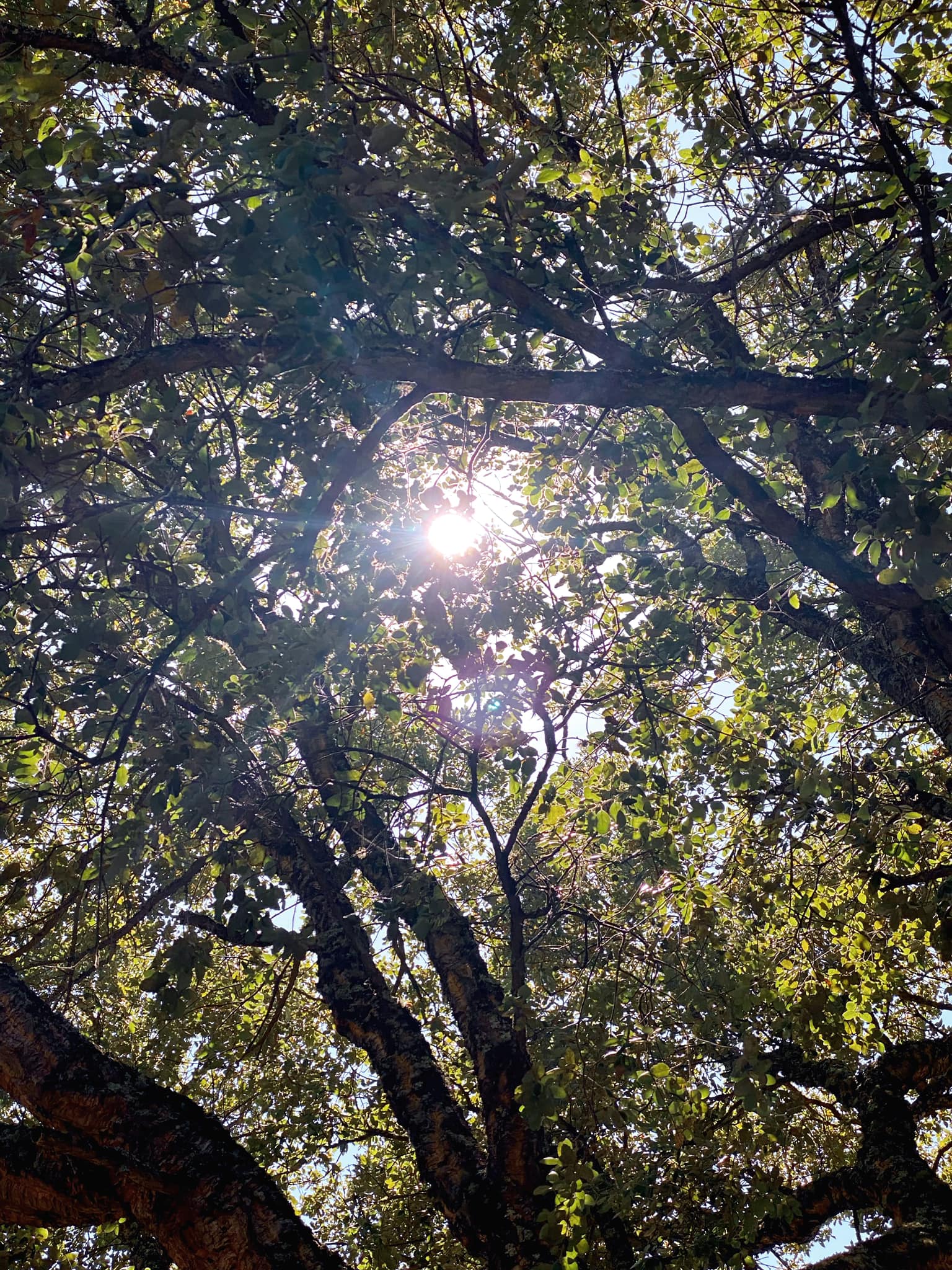
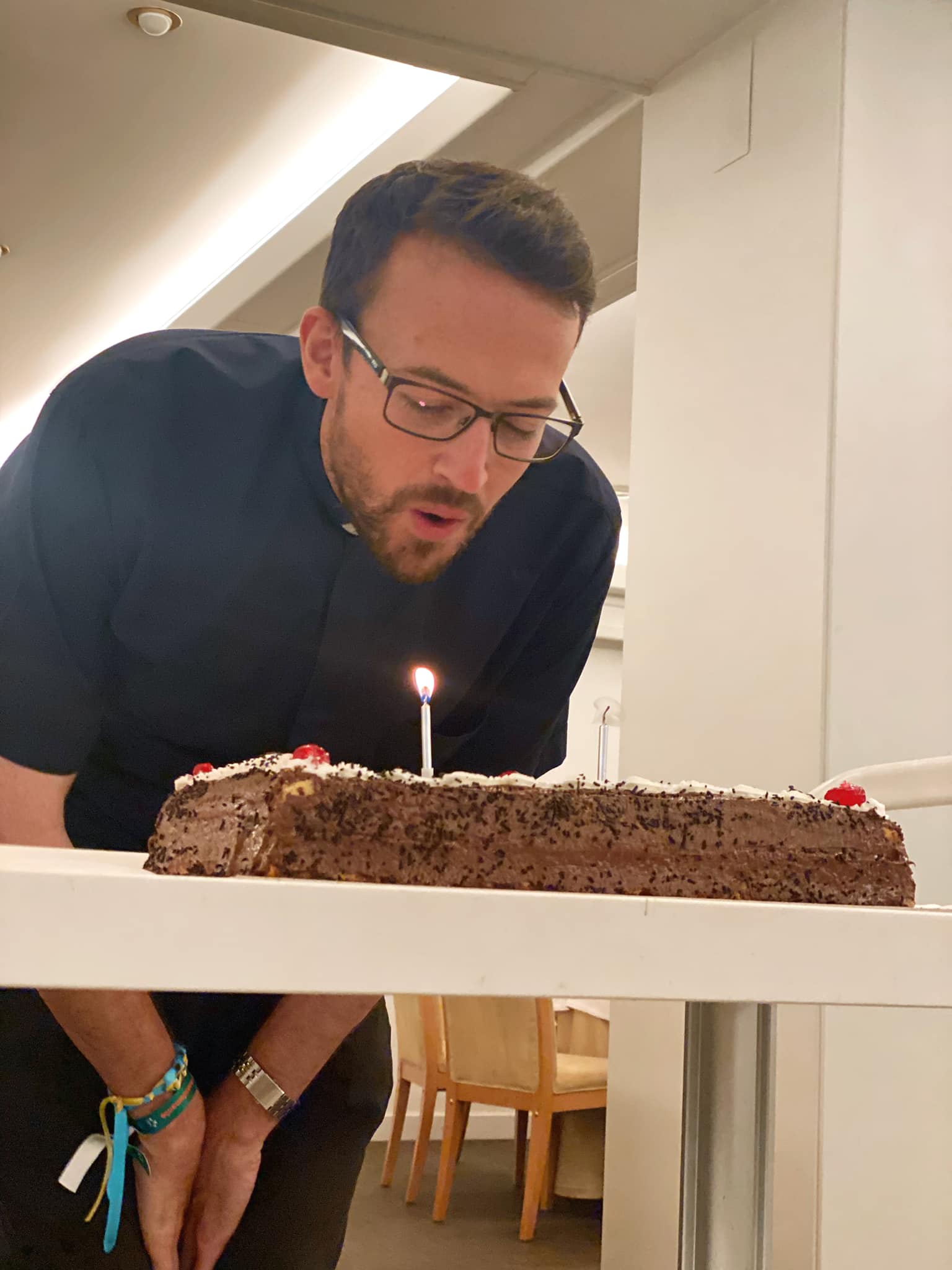
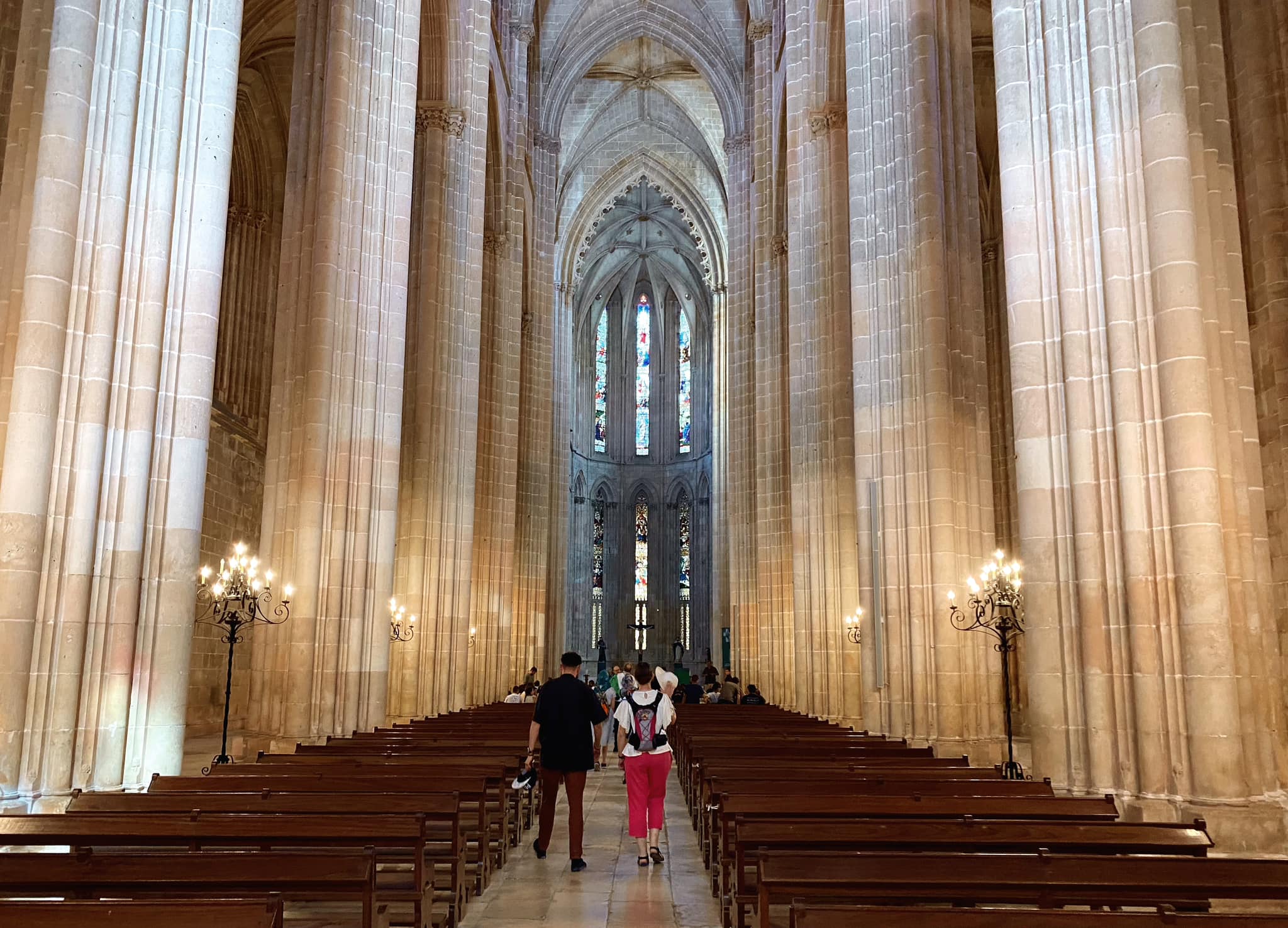
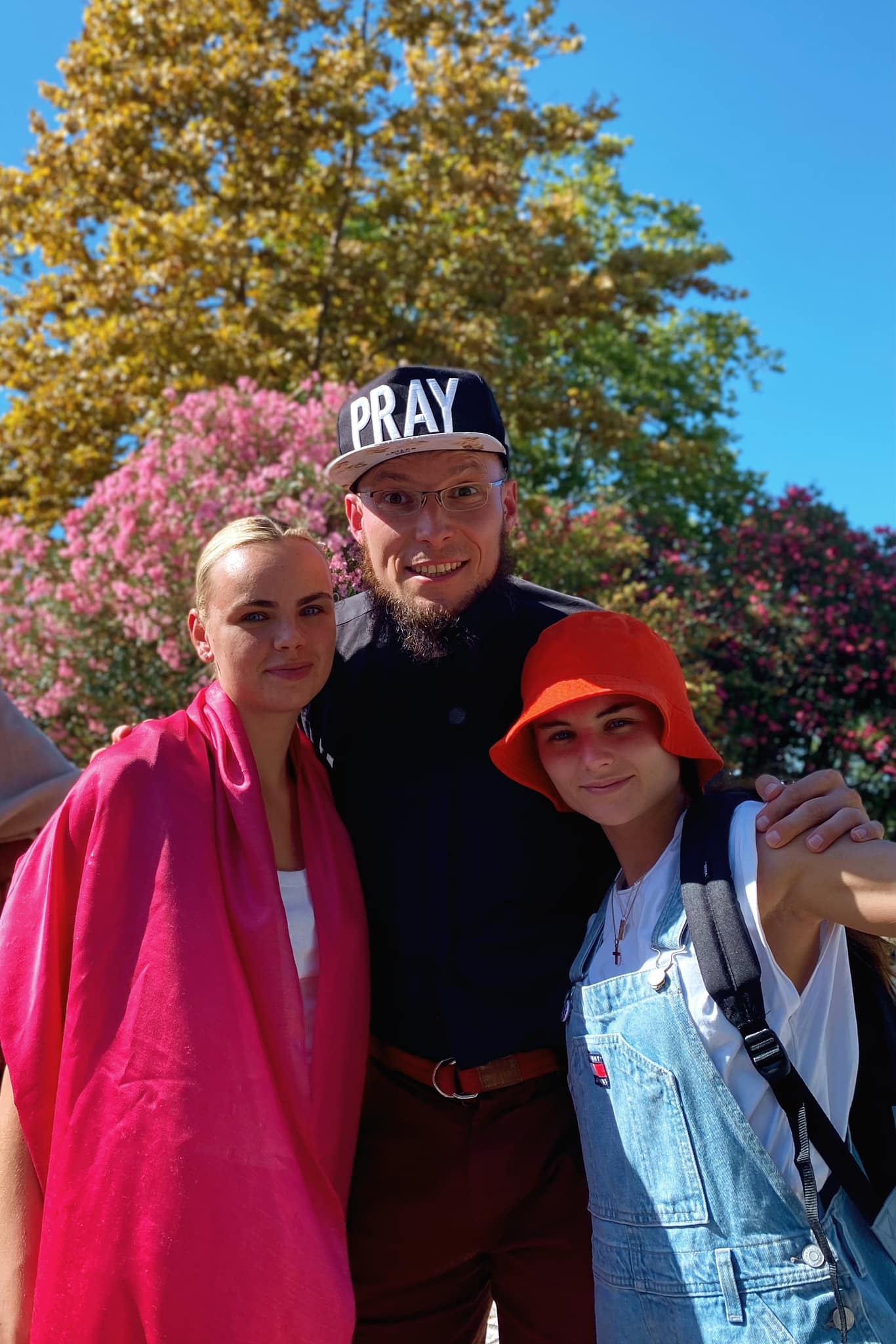
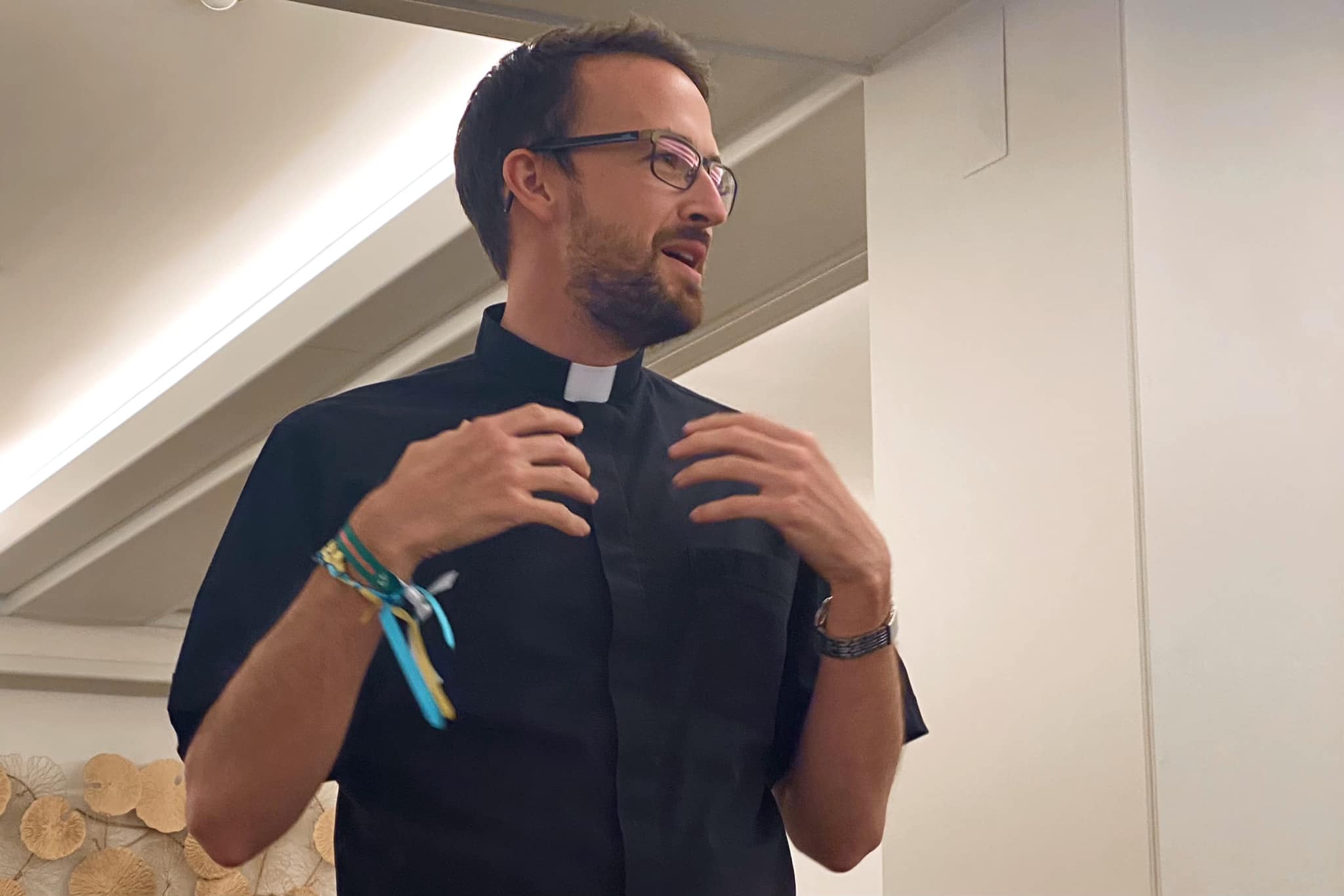
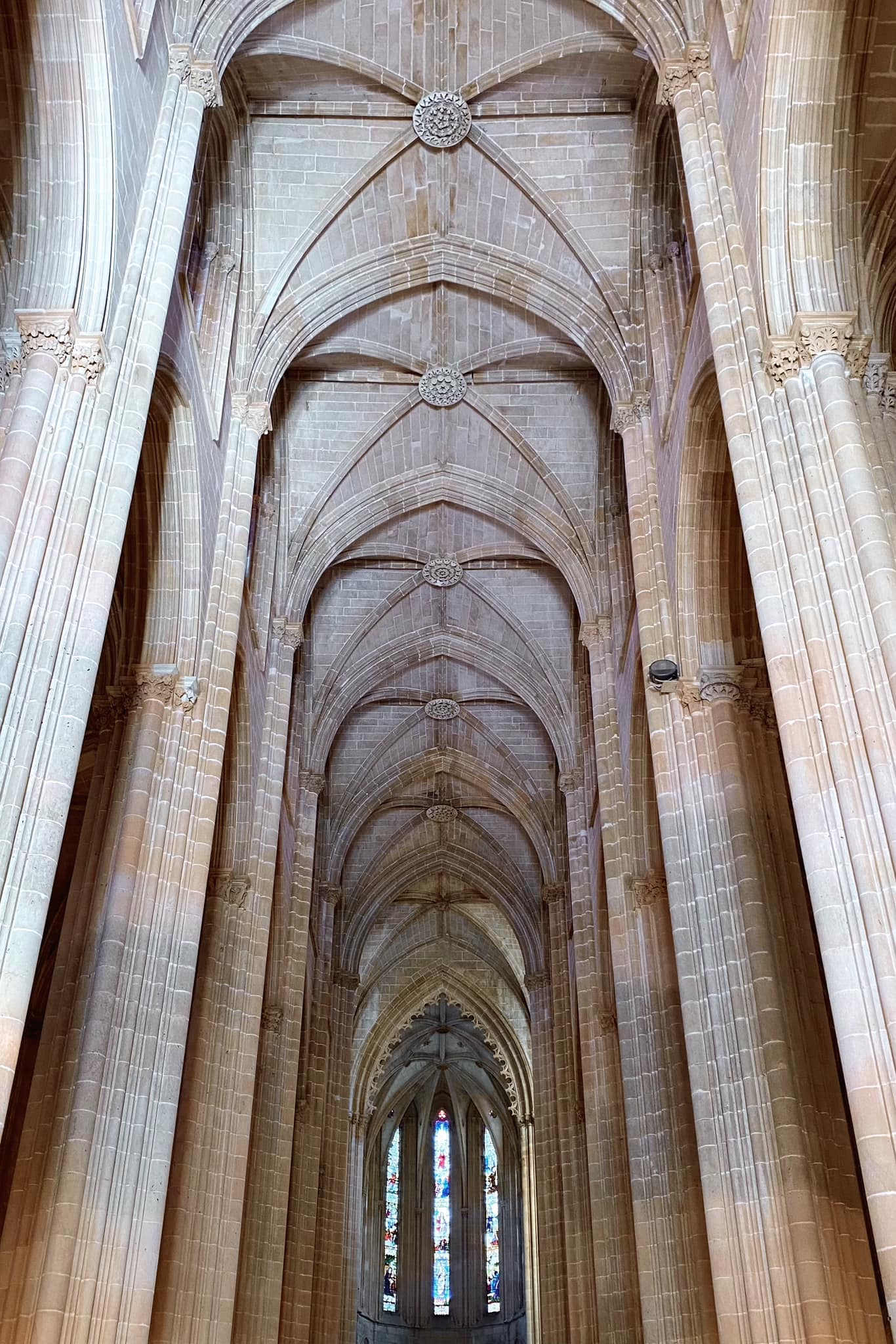
Day Eleven and Twelve

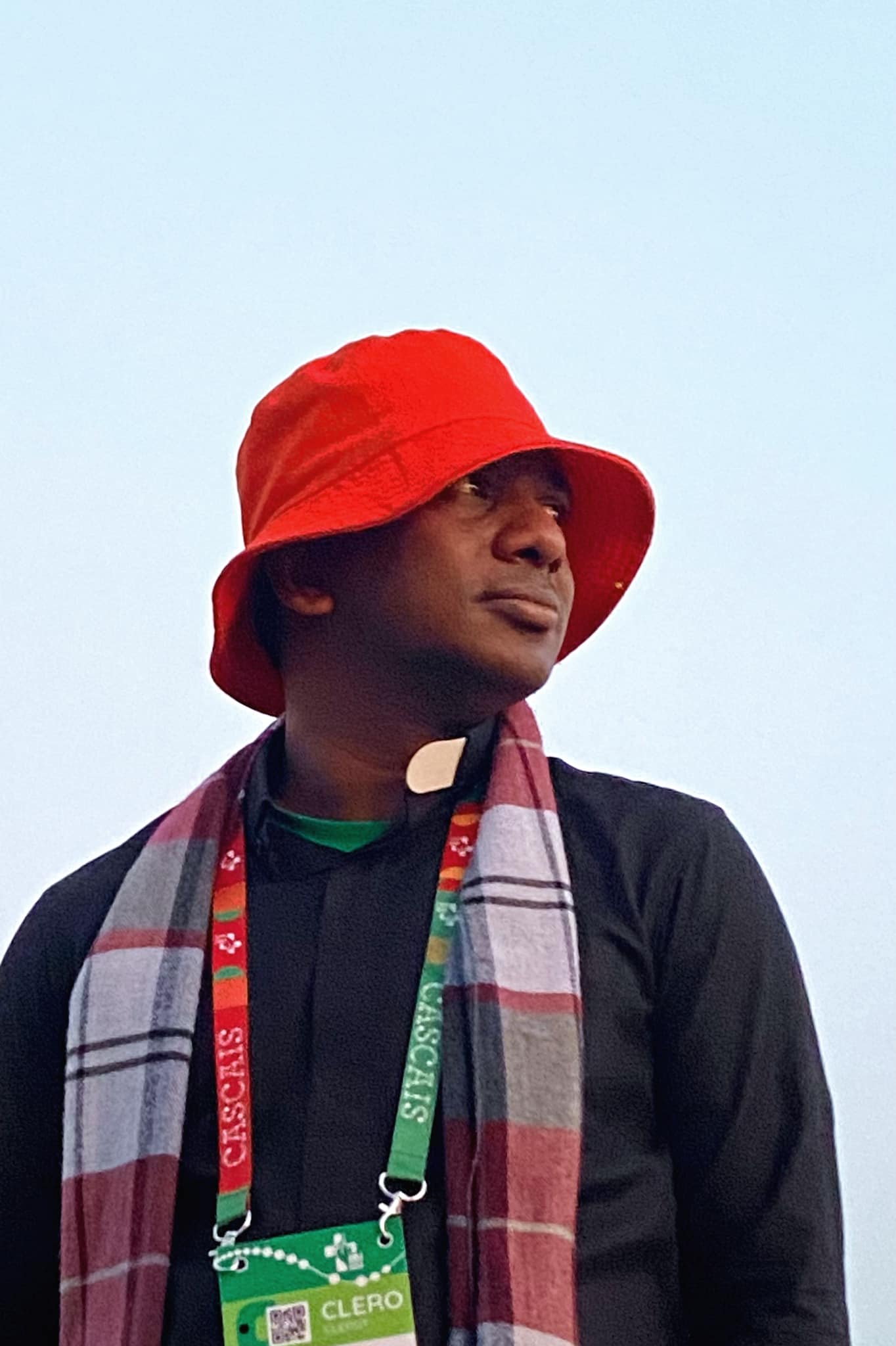
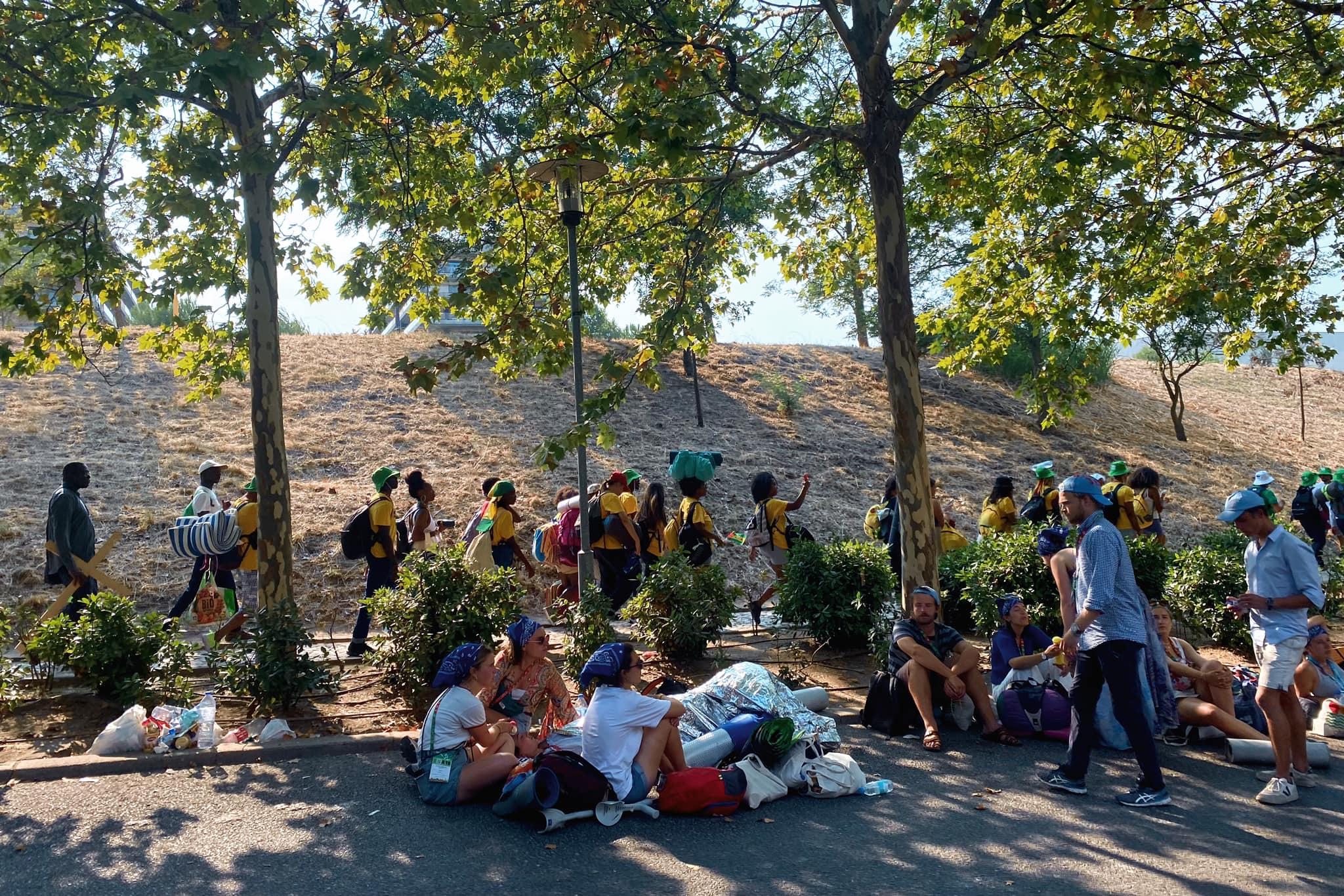



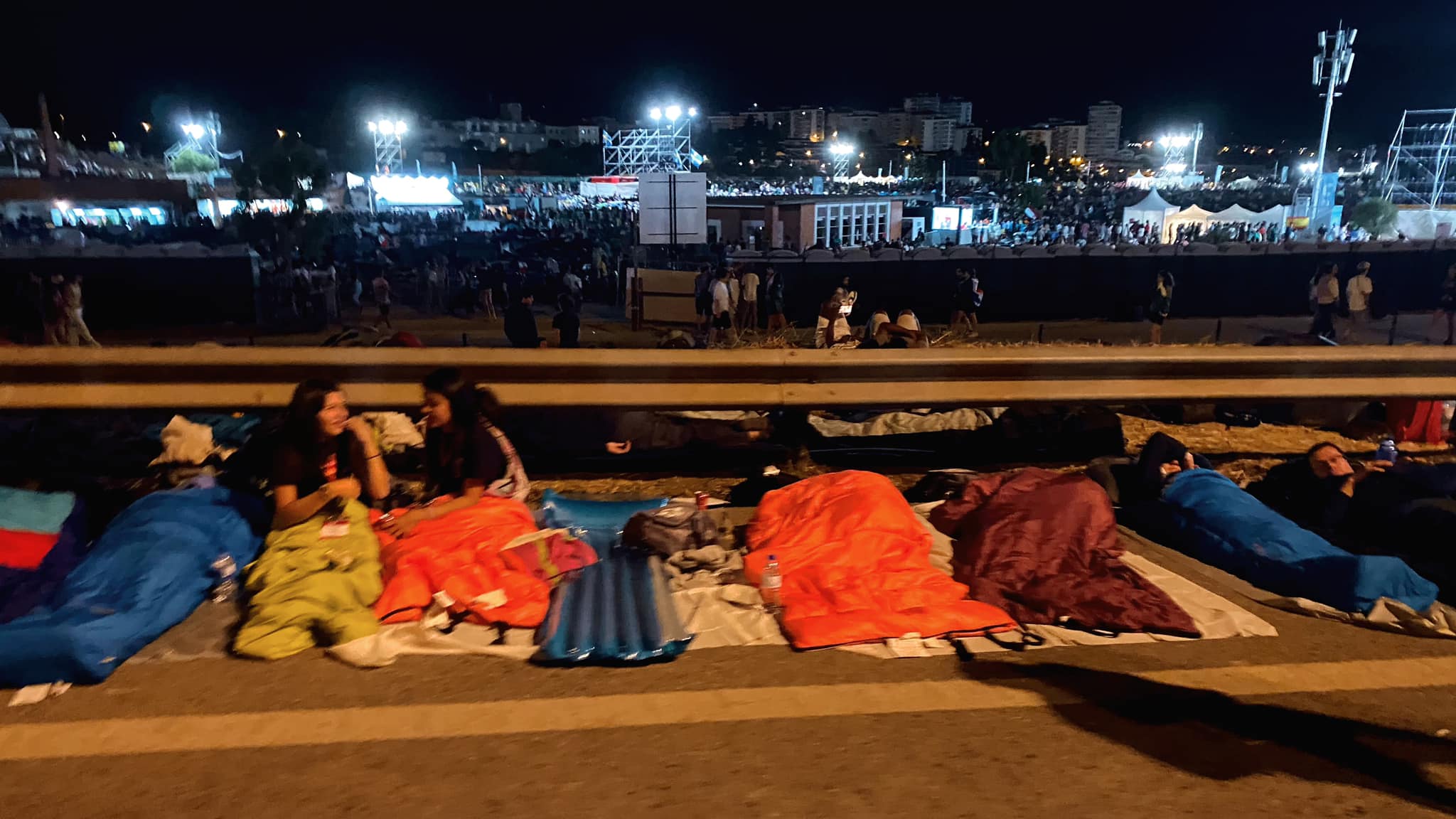
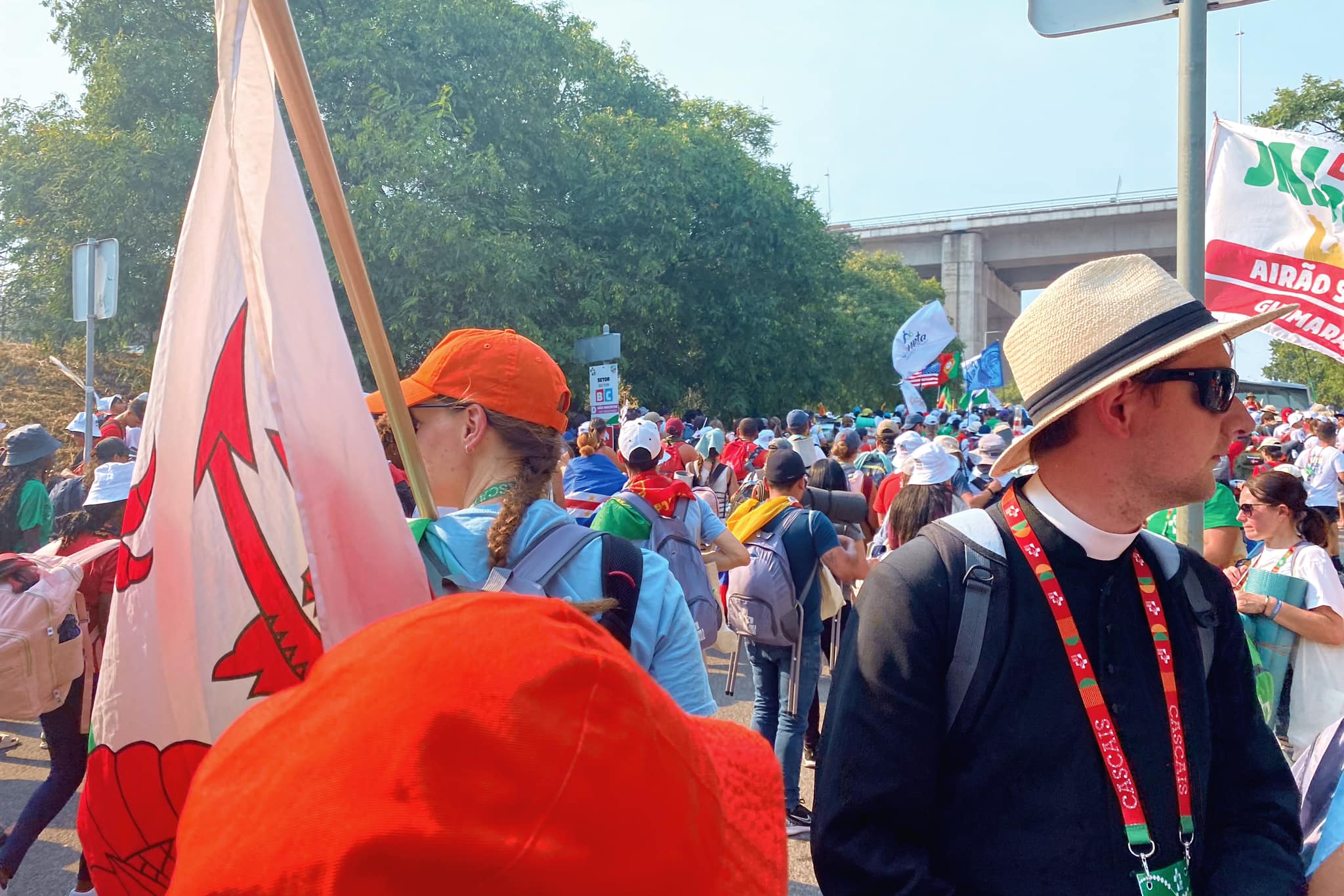

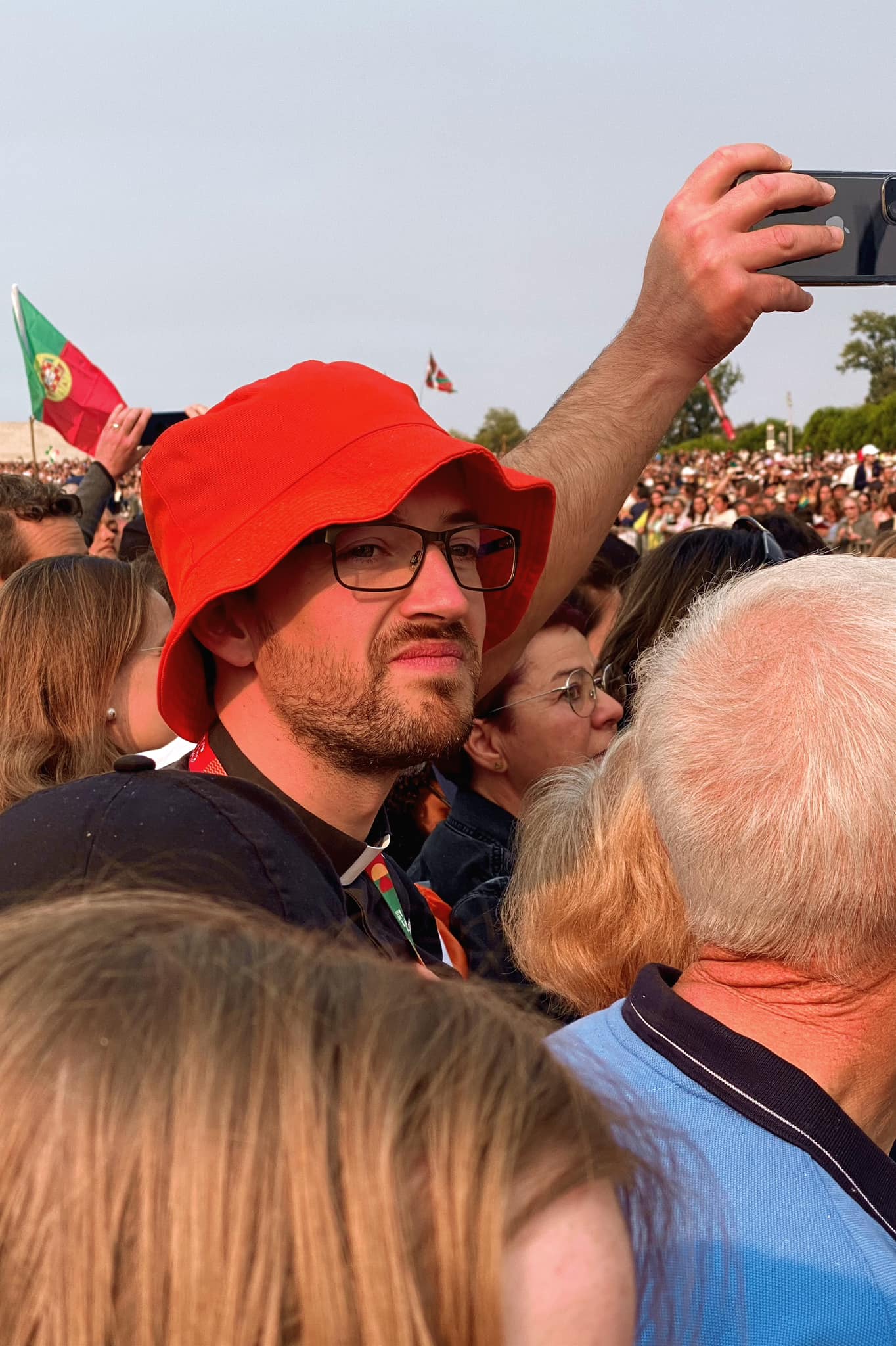

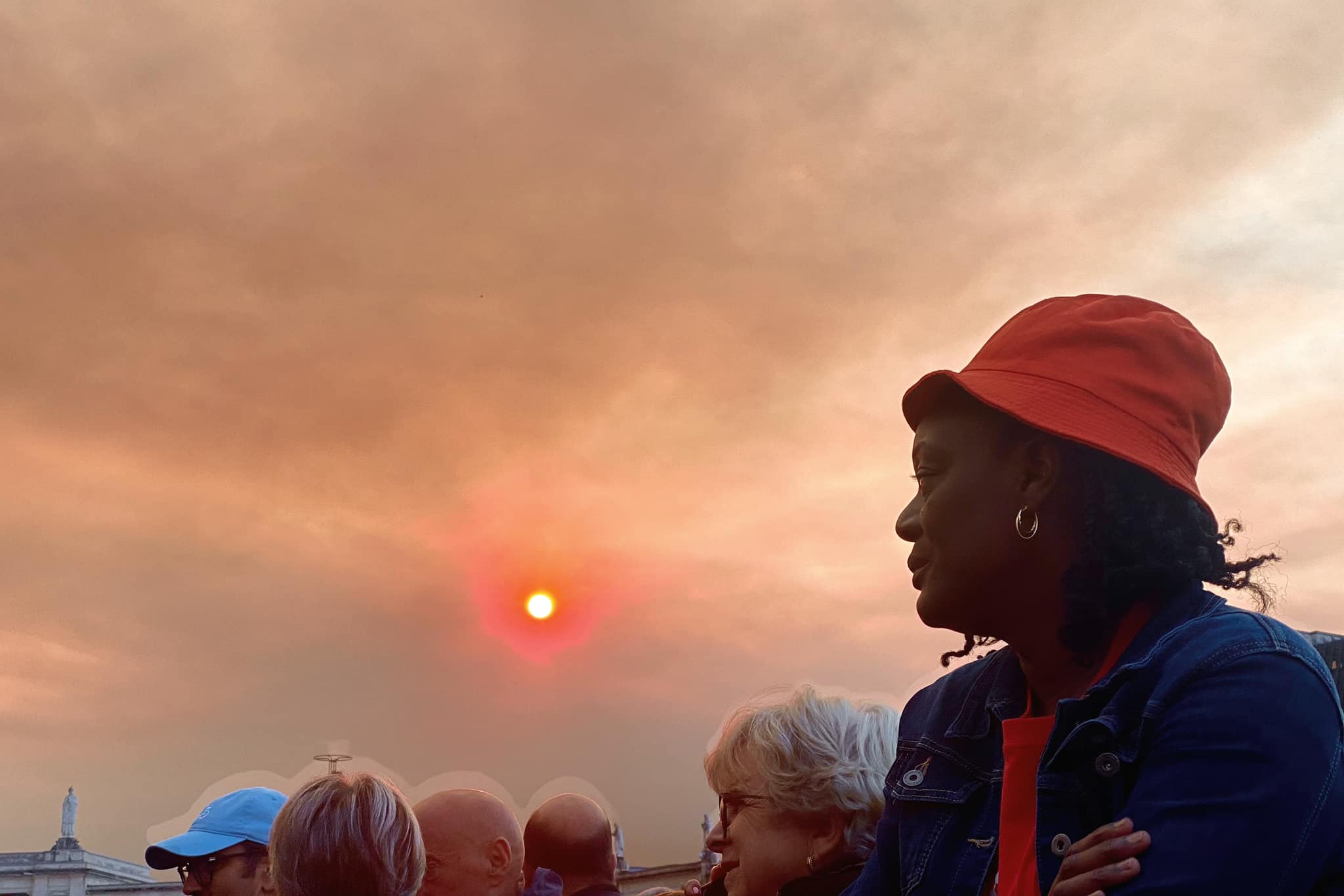
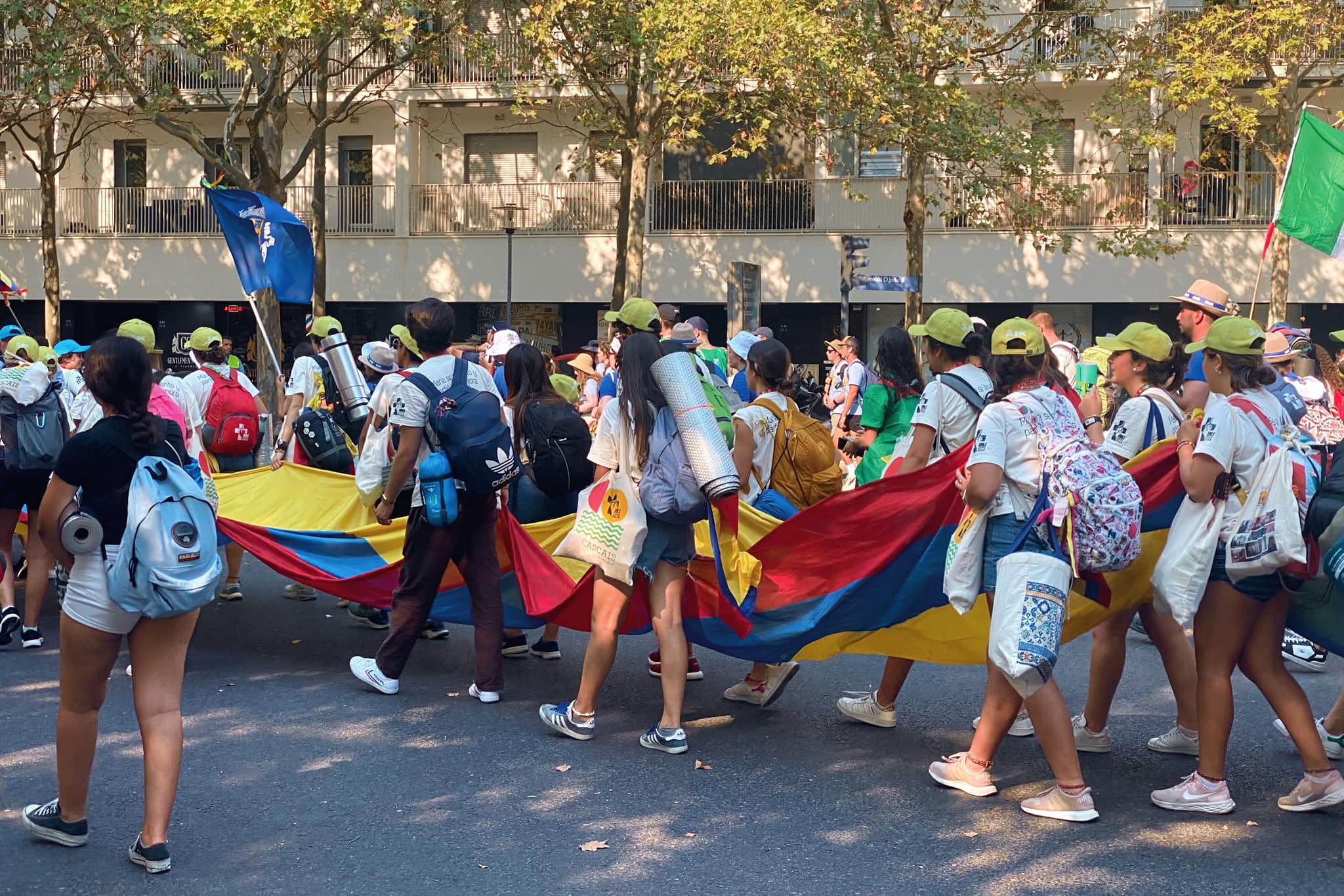
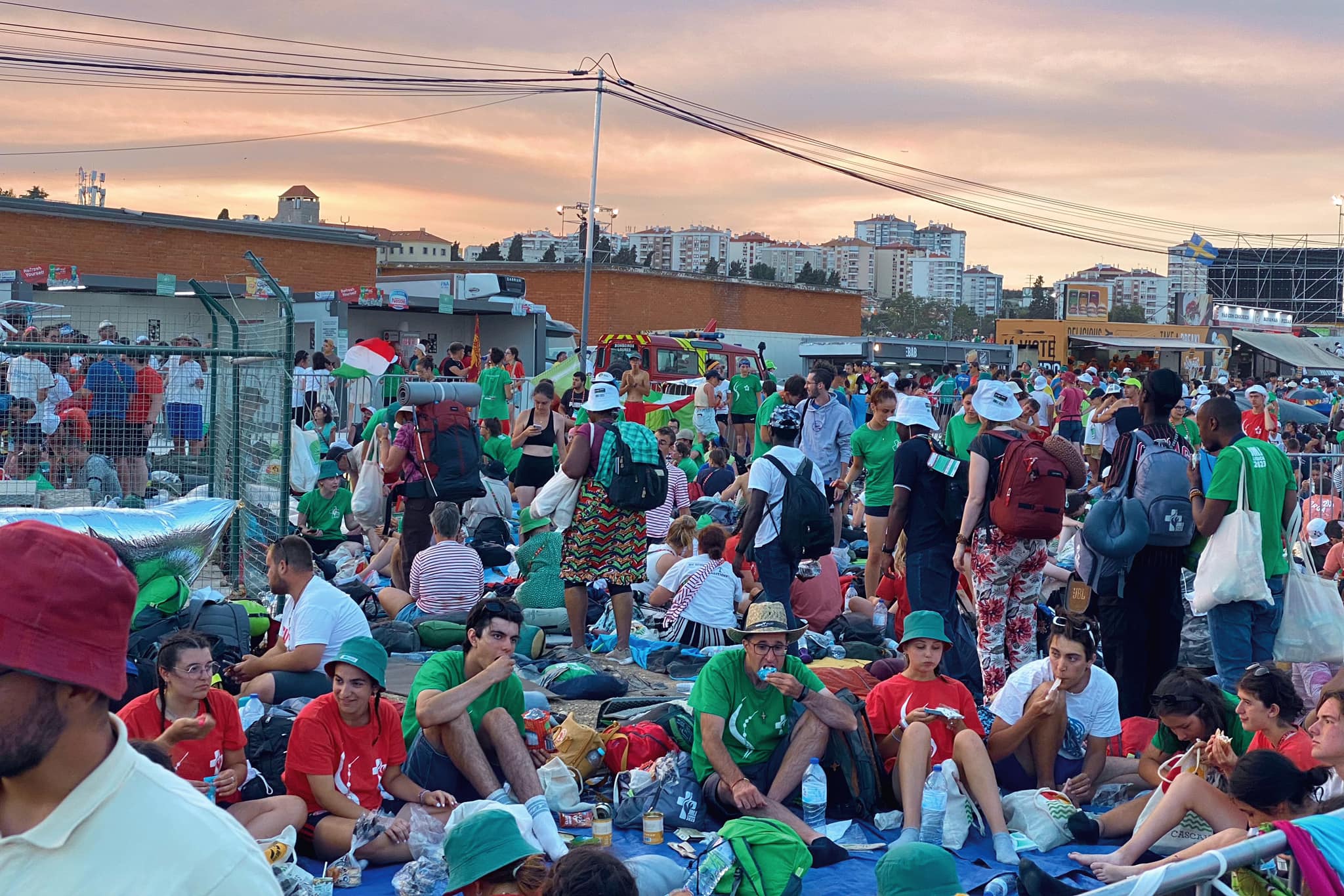
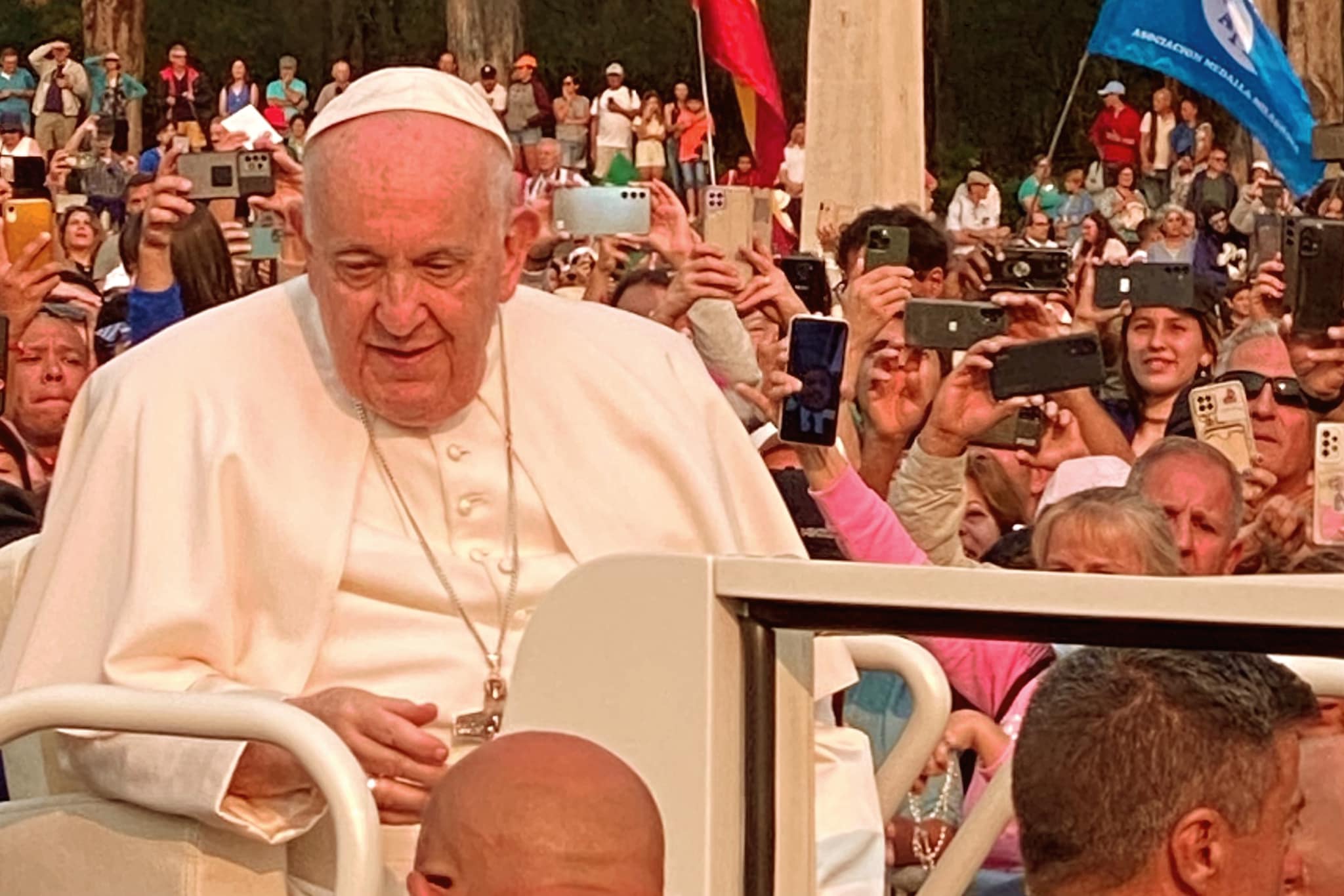
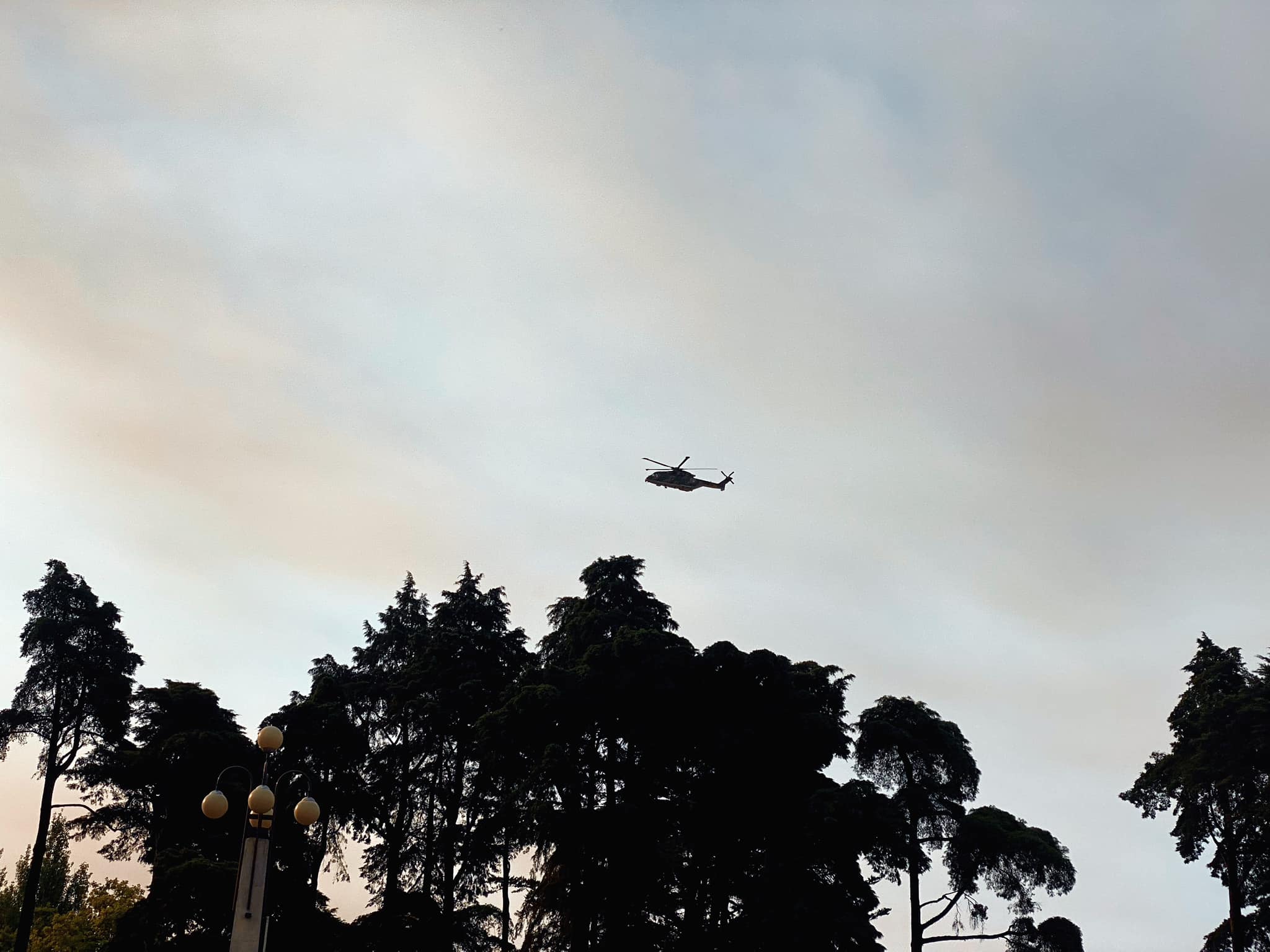
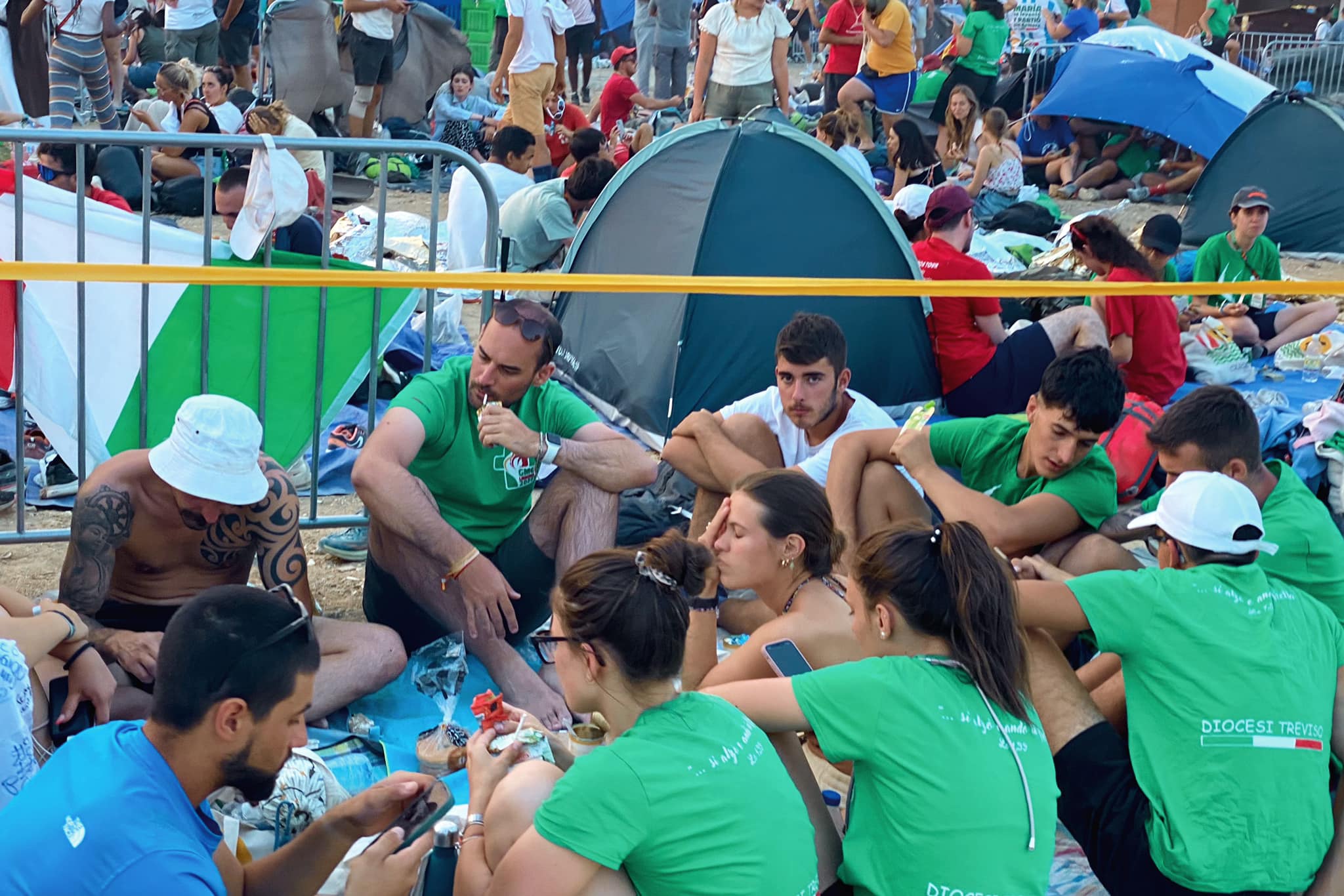




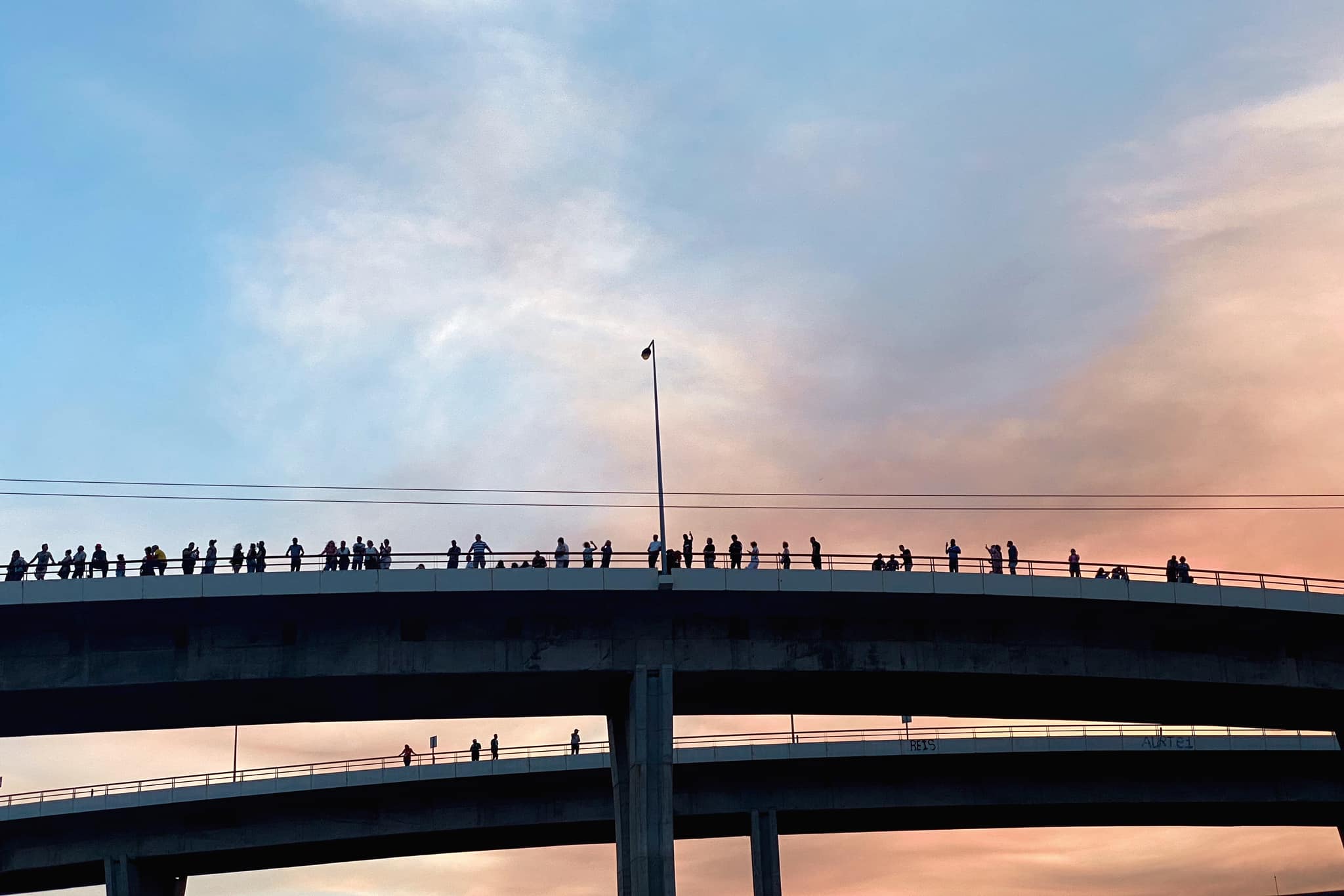
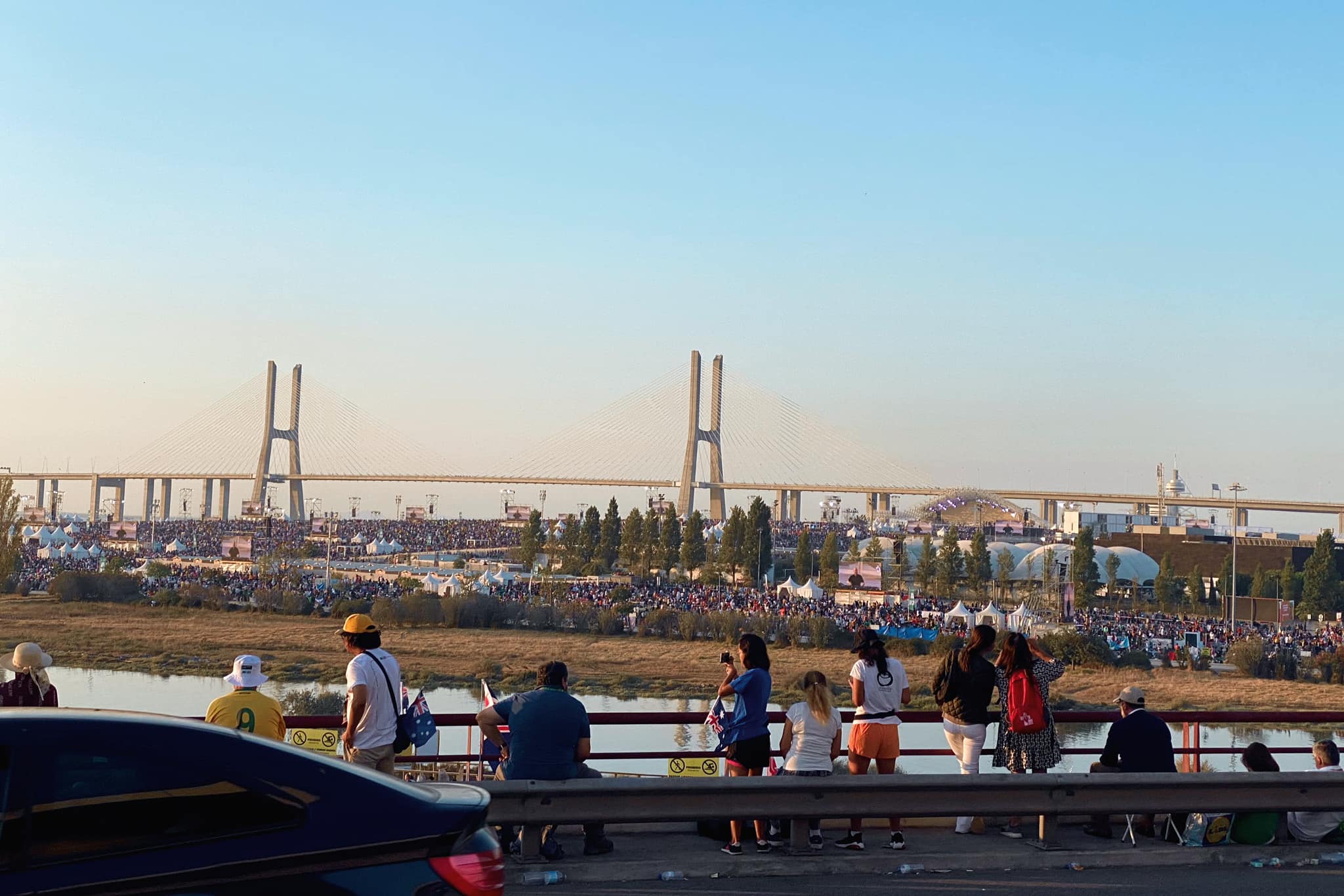

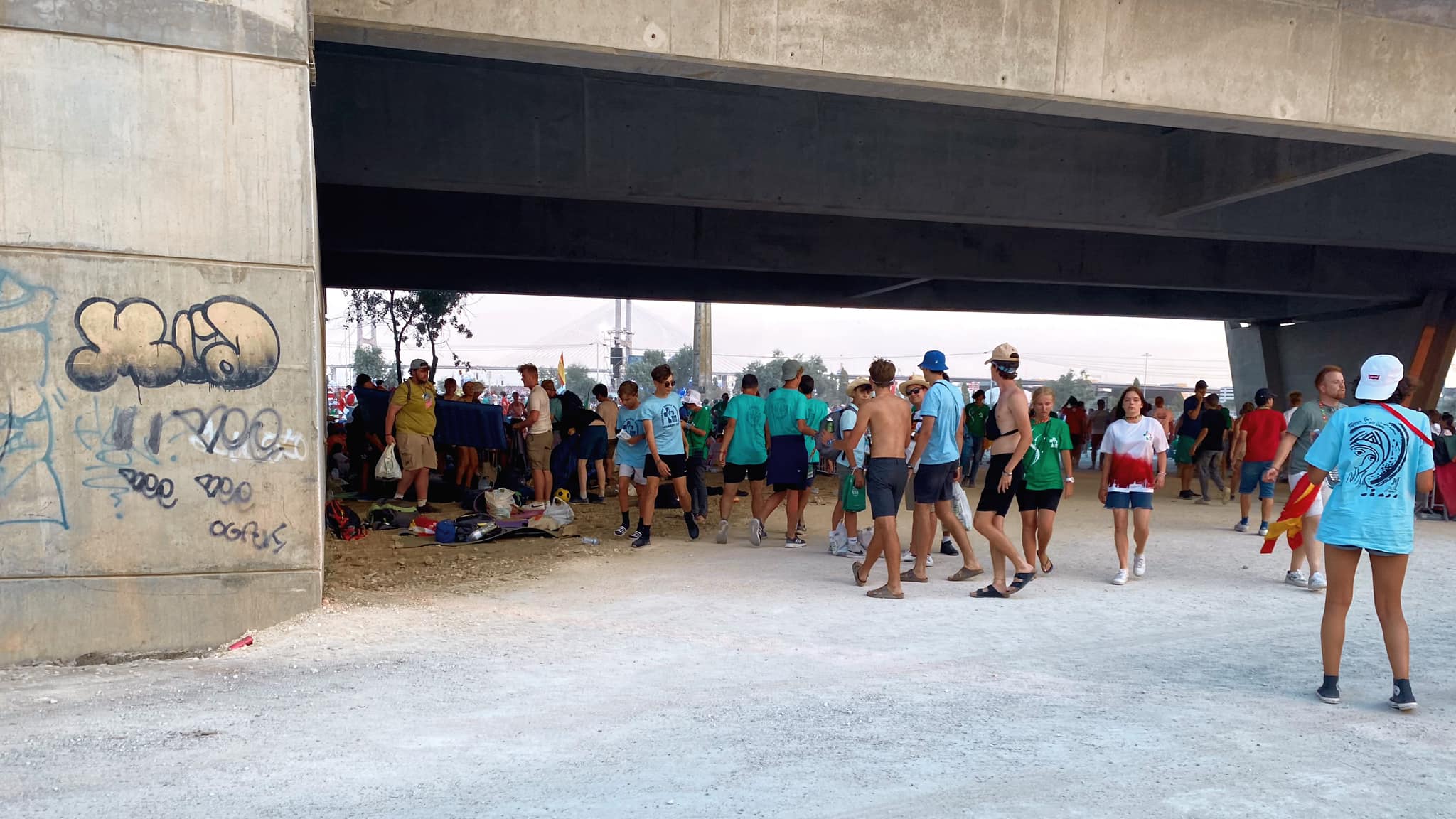
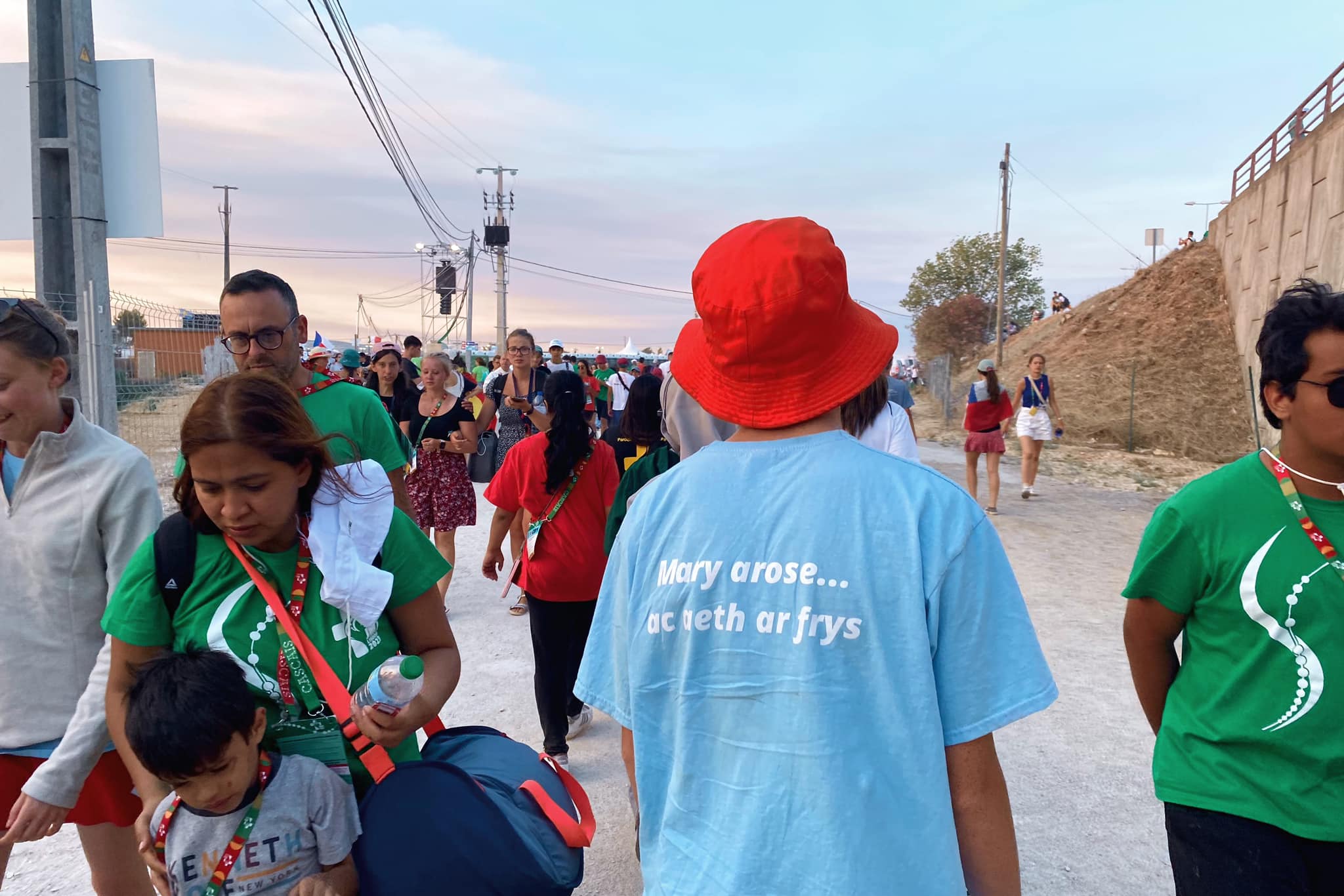

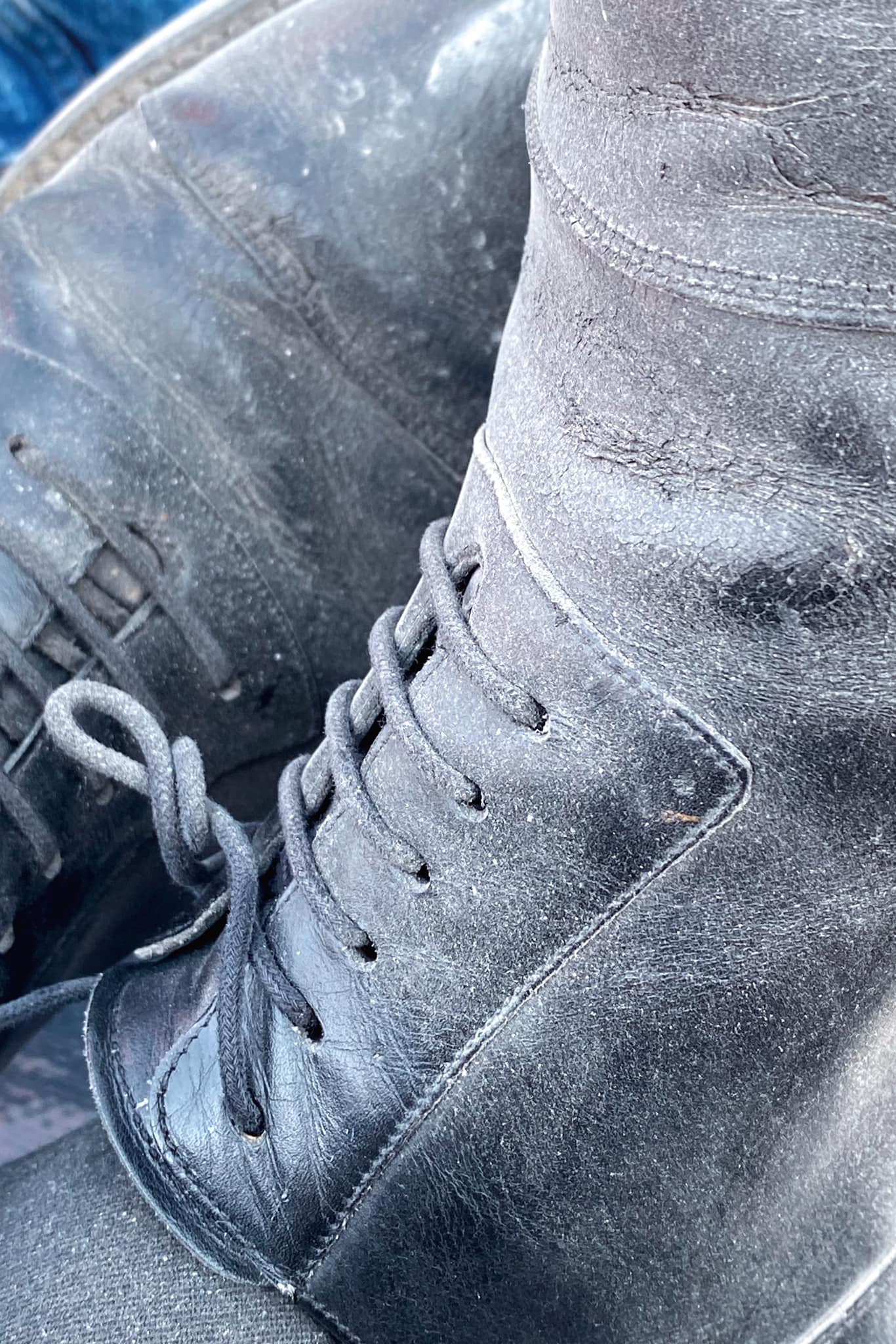

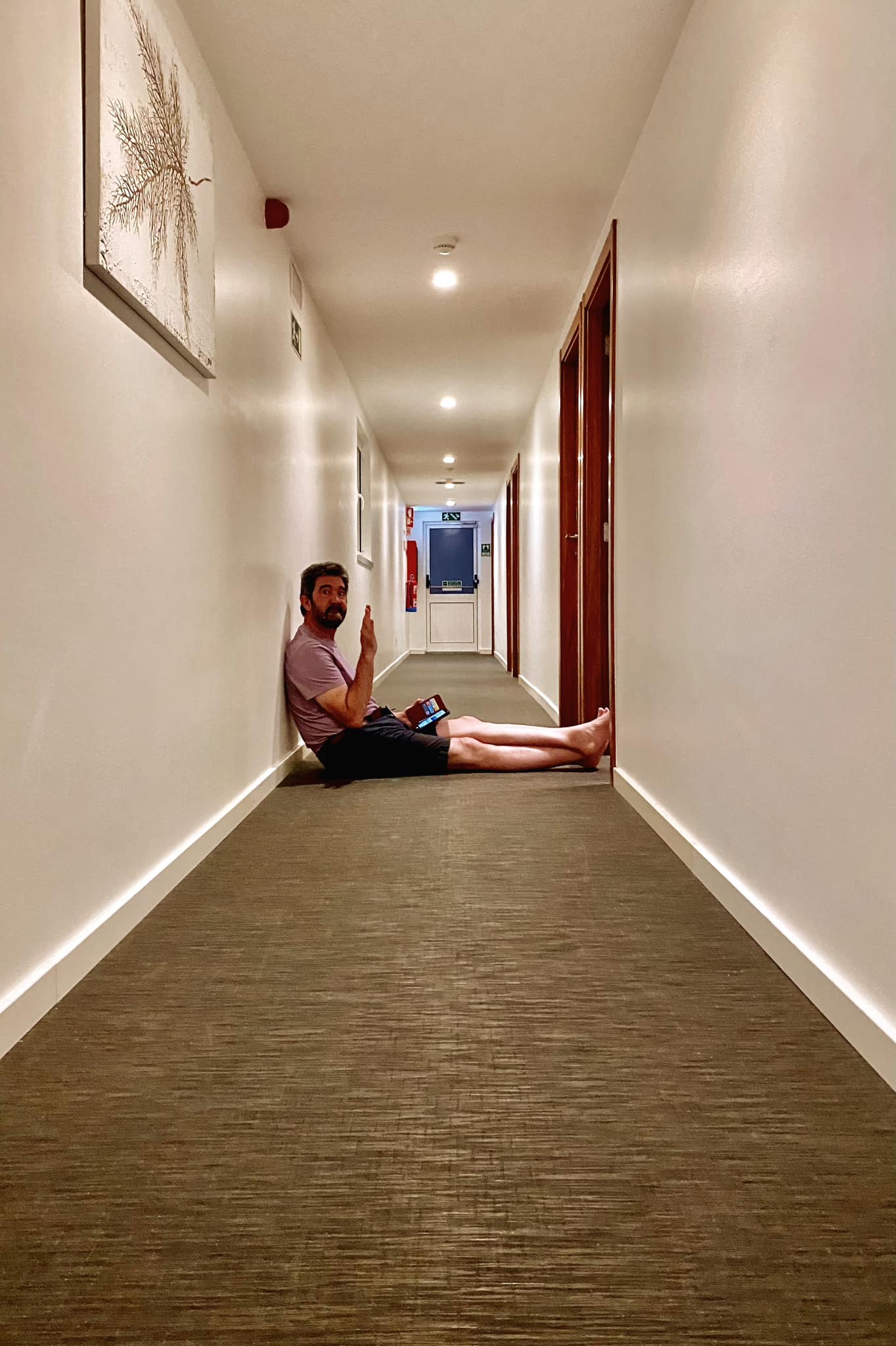

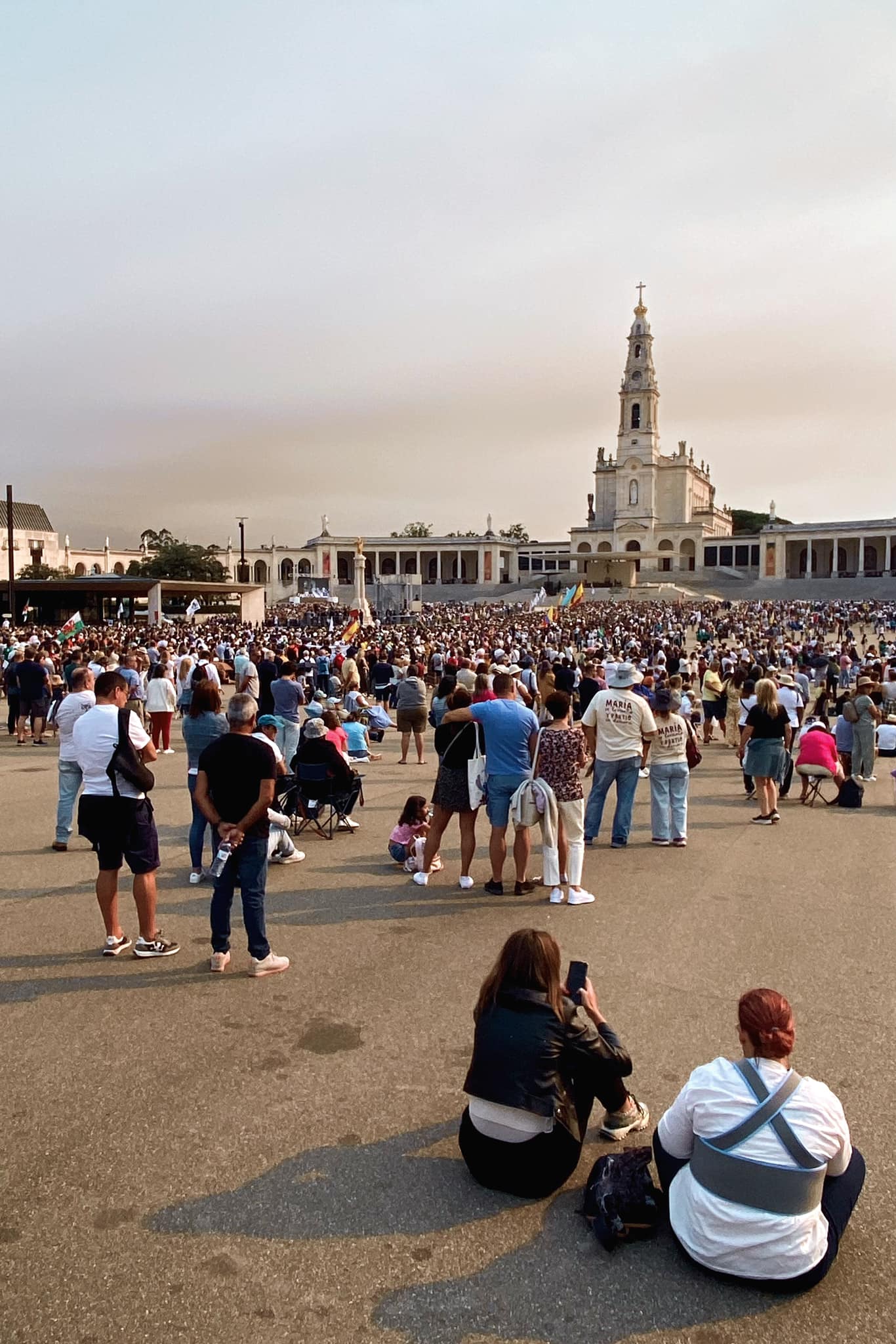

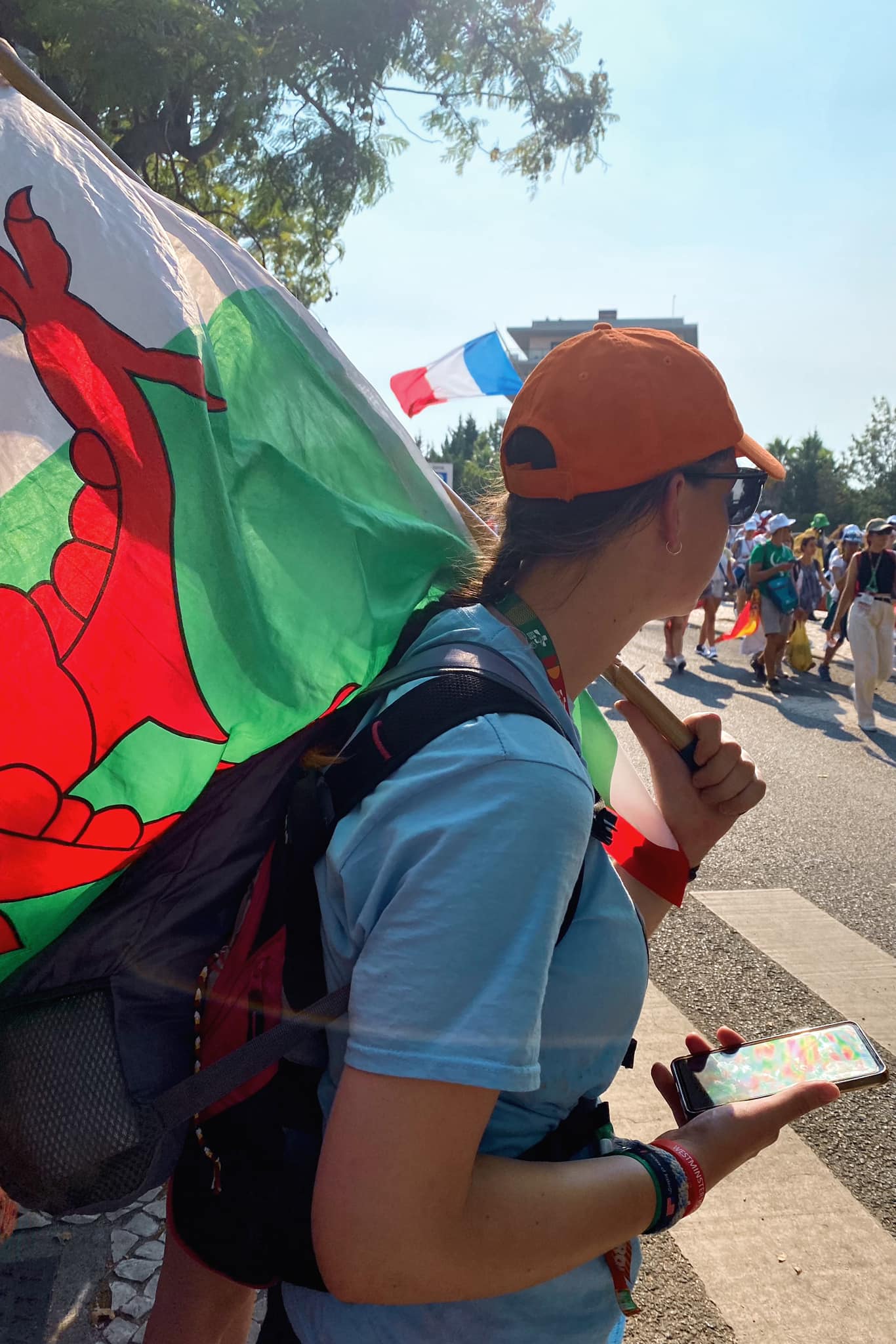
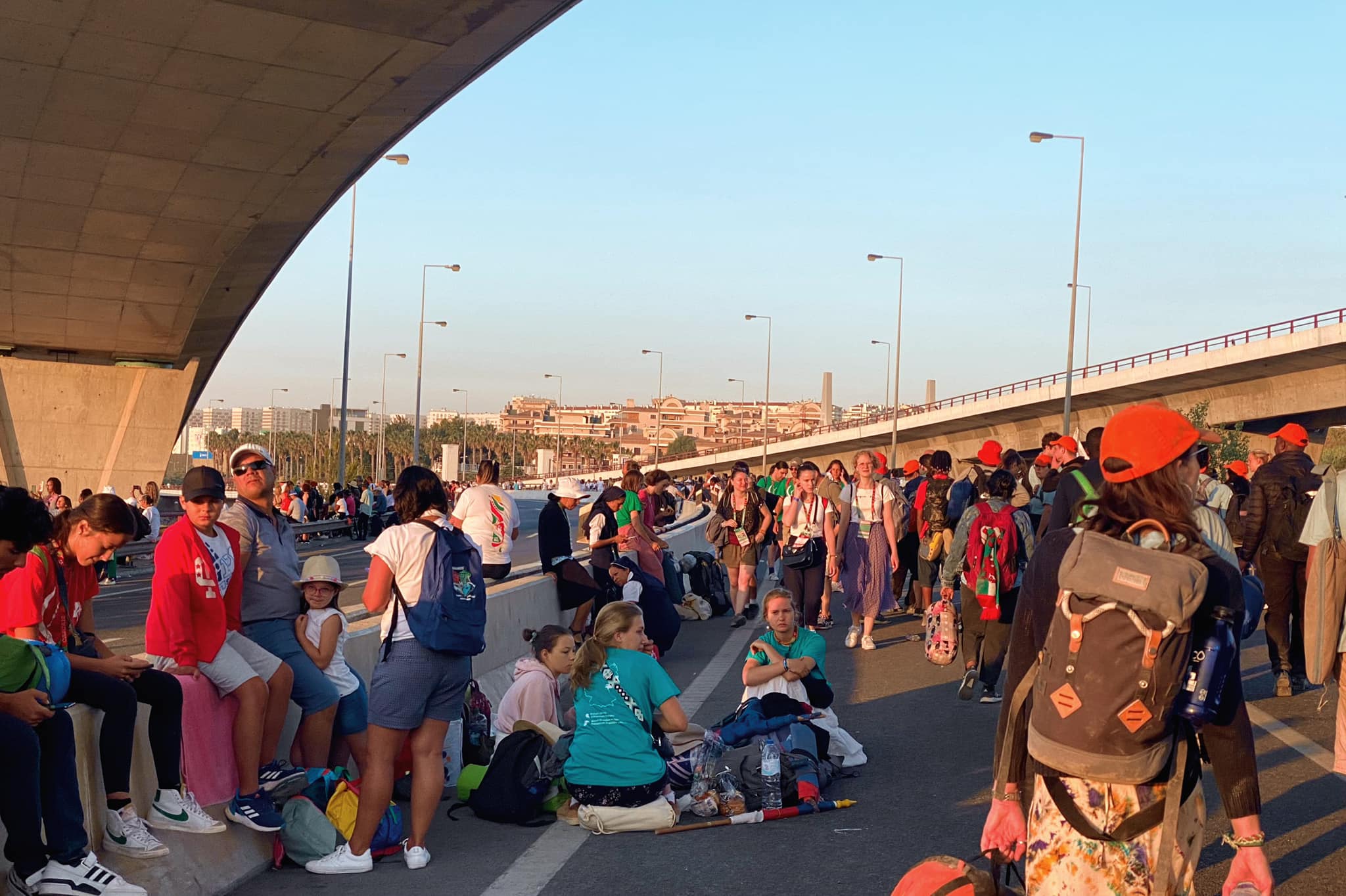


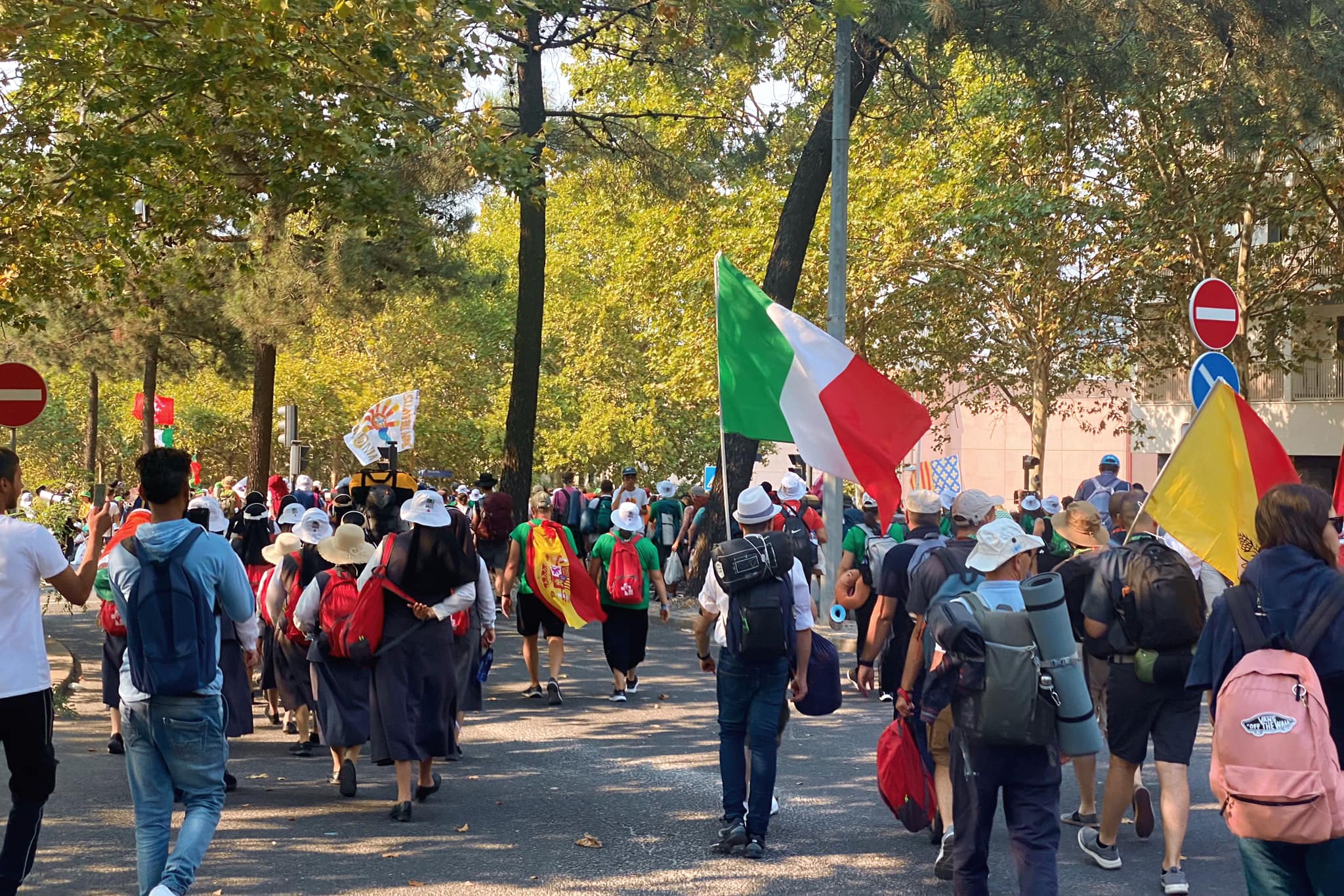

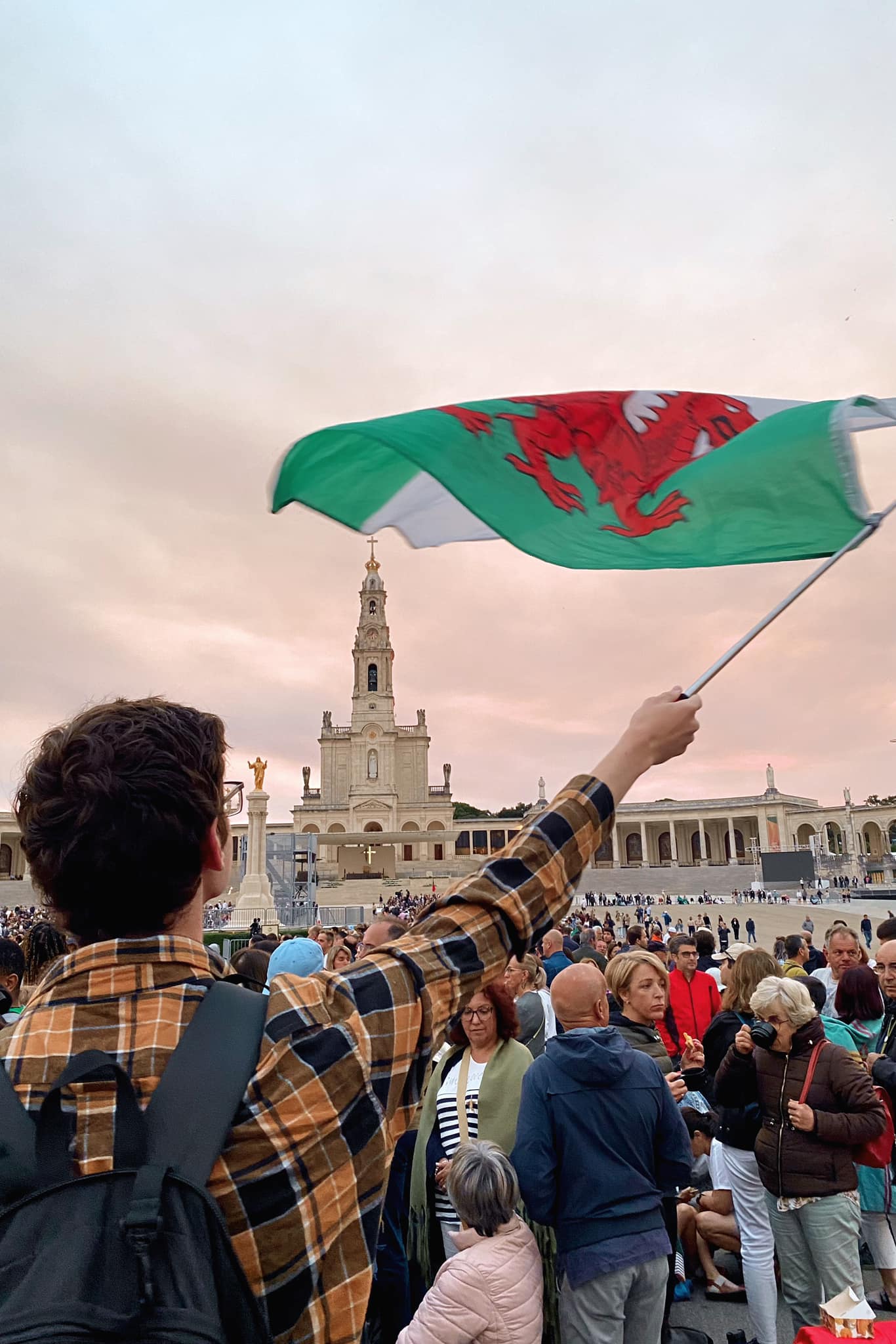
Day Thirteen





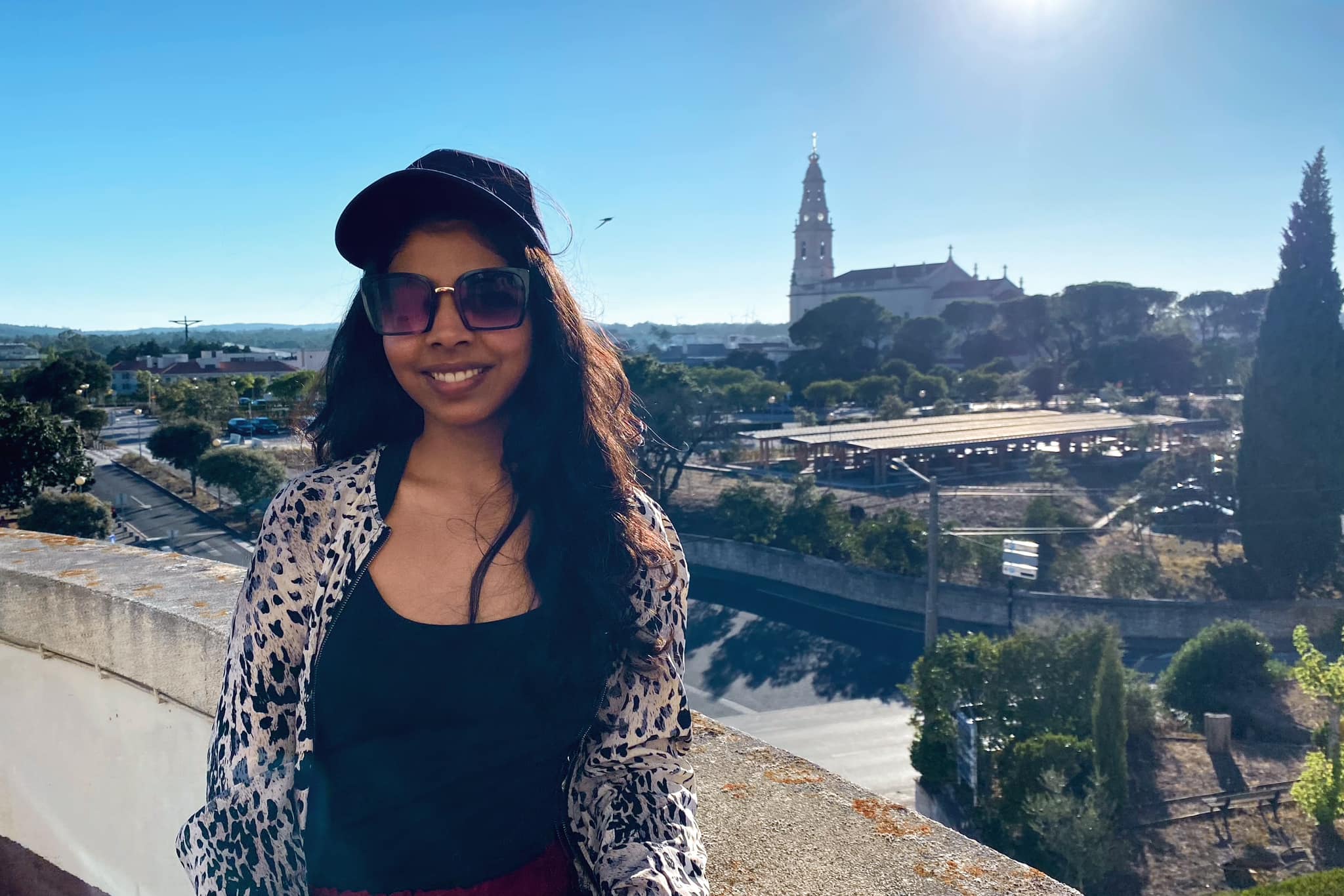
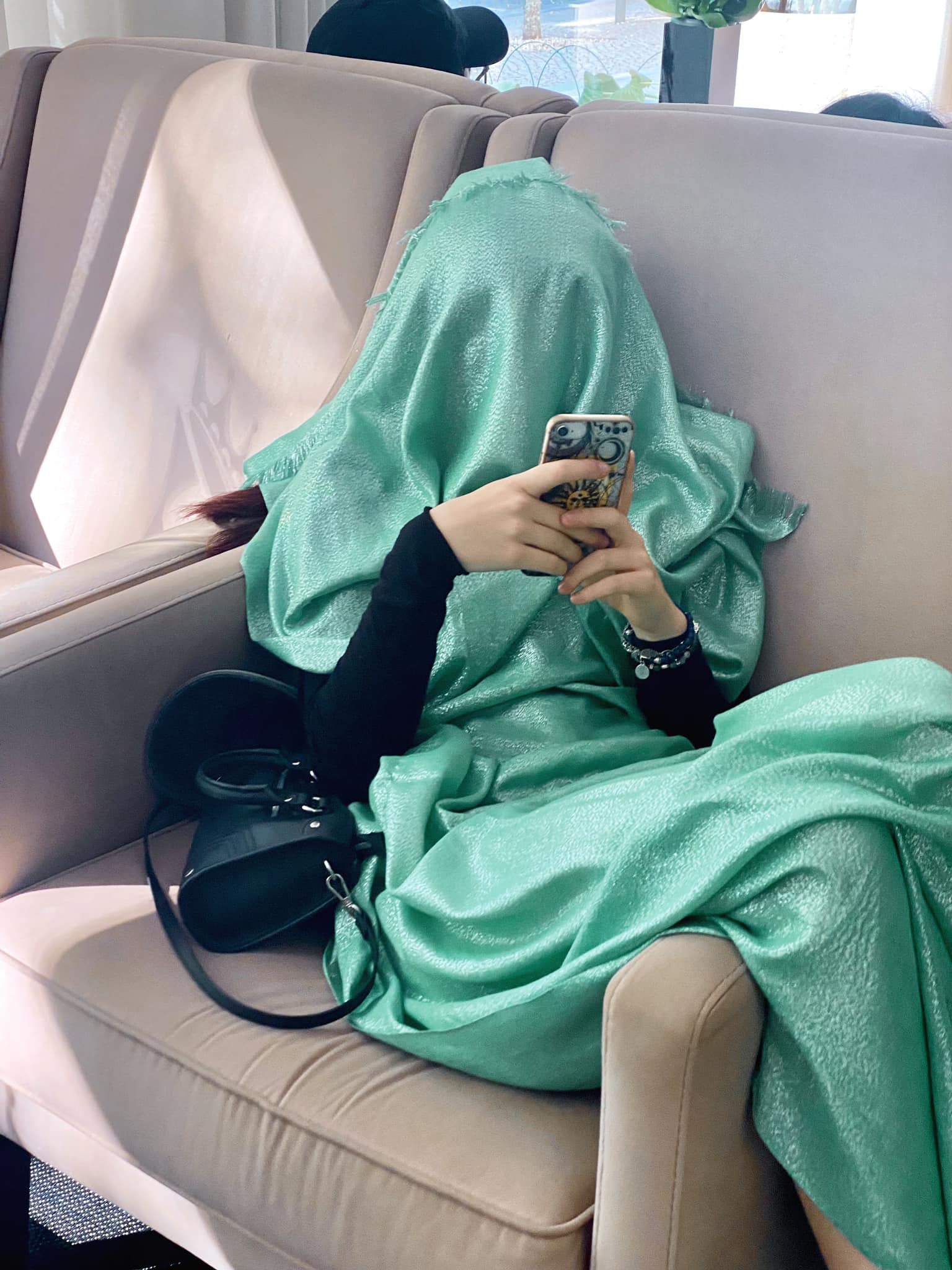
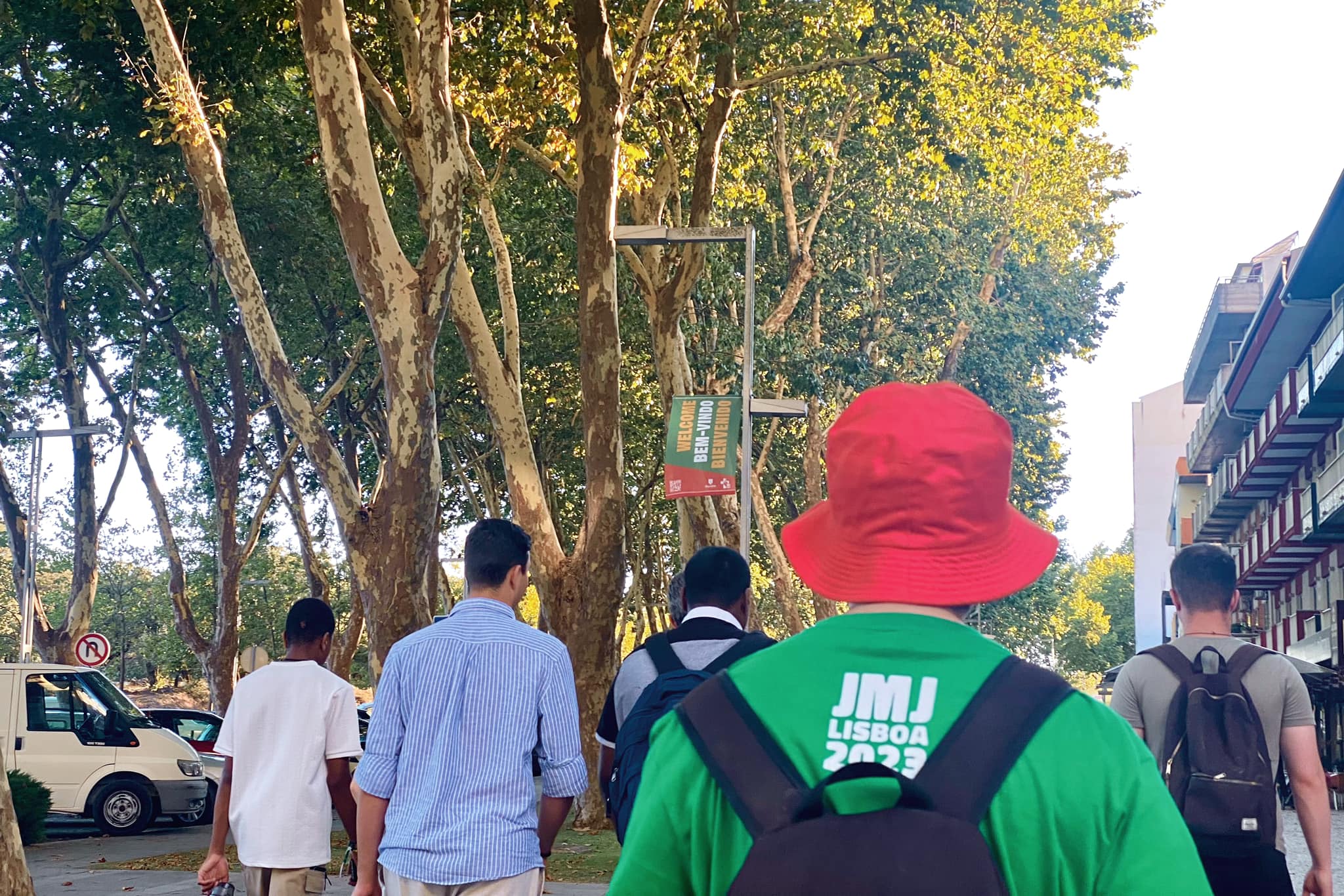

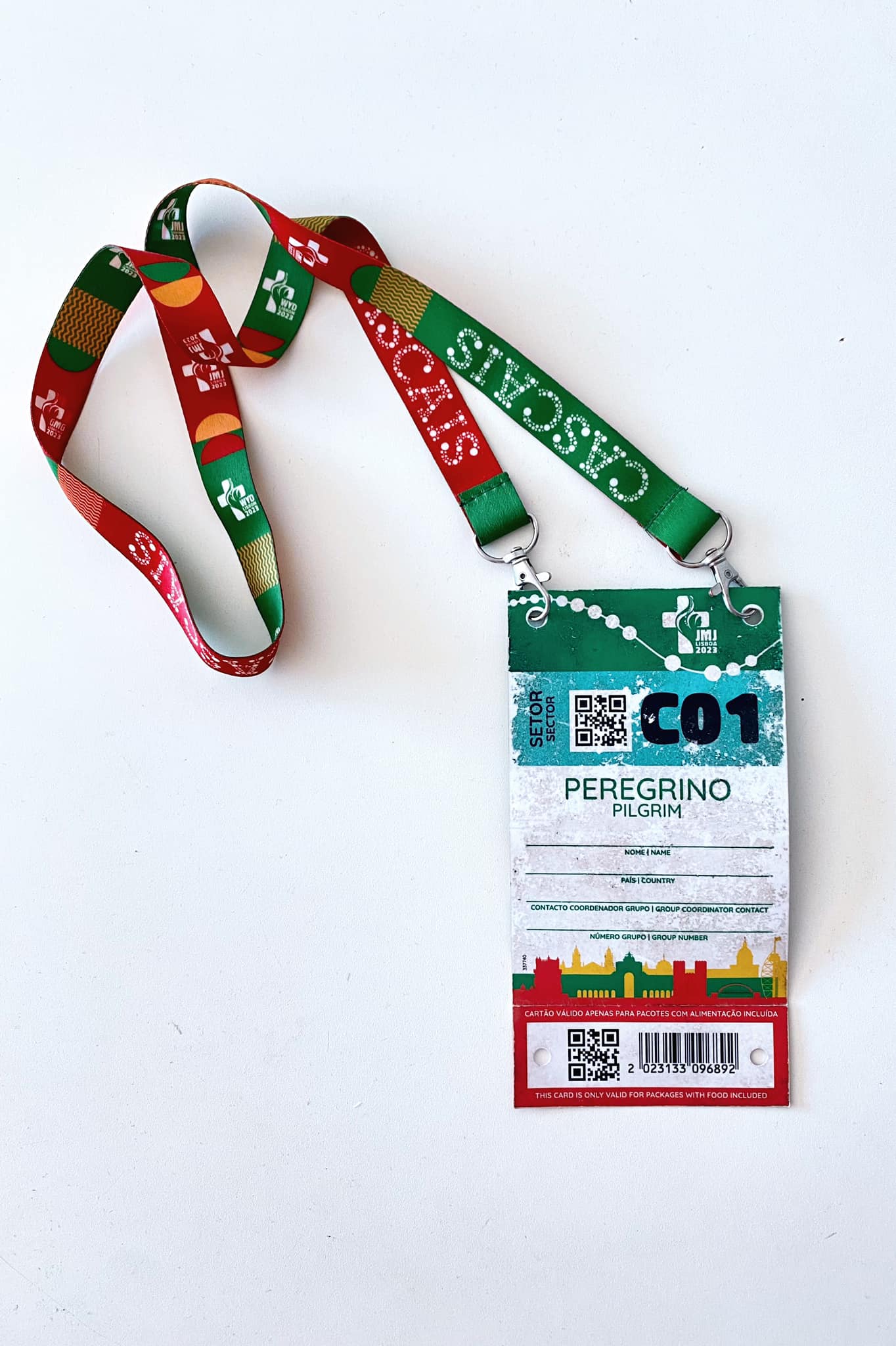
Visit to the Arvo Pärt Centre in Estonia
“All important things in life are simple.” (Arvo Pärt)
—
In July, Jenn and I travelled to Estonia to visit the Arvo Pärt Centre in Laulasmaa. Pärt is the most-performed living composer in the world, and his life and work played a key role in the development of my faith. We even saw Arvo Pärt and his wife Nora shopping at their local village supermarket! Included here are some images from our day, although we did not take any photographs of or approach the Pärts out of respect for their privacy.





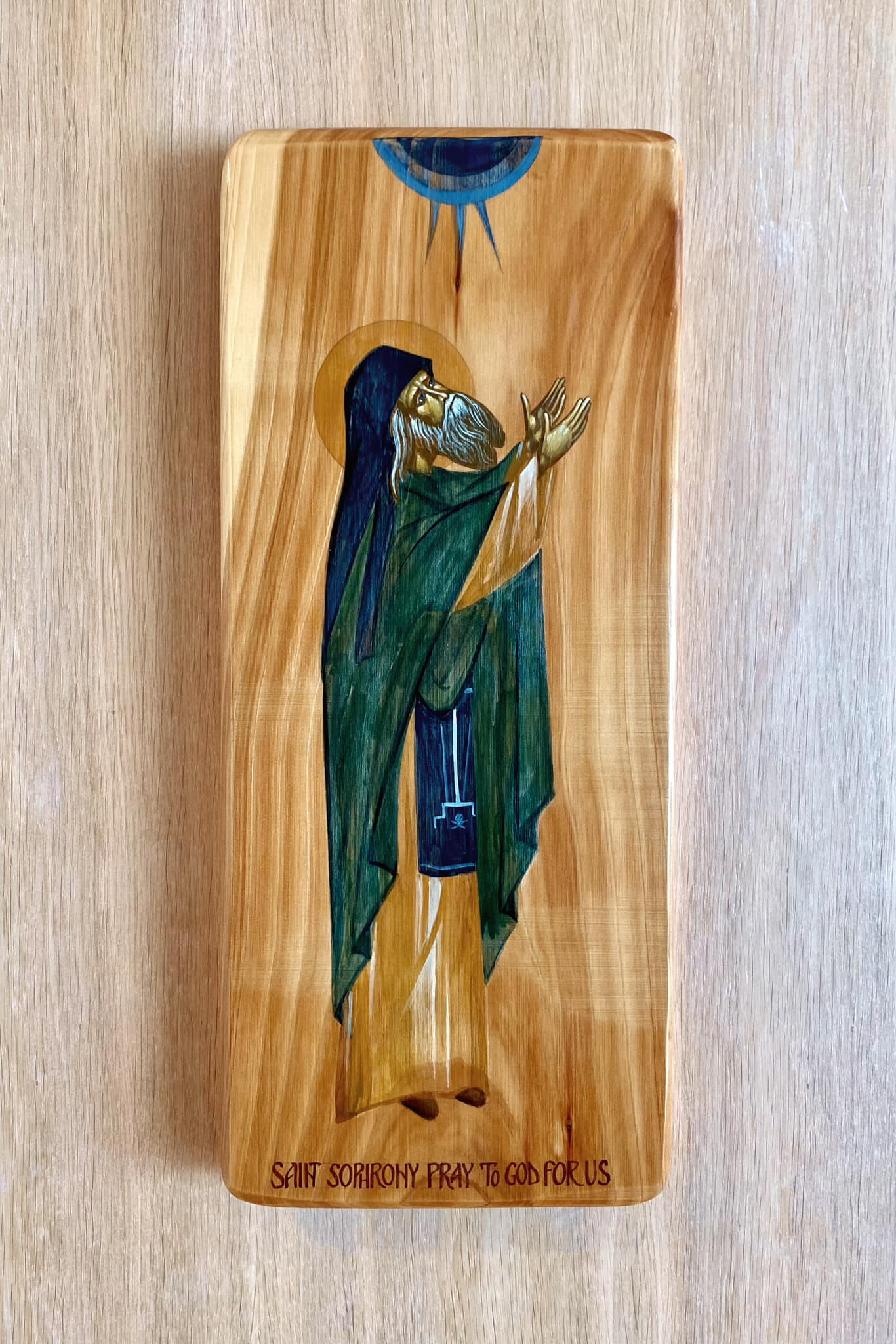


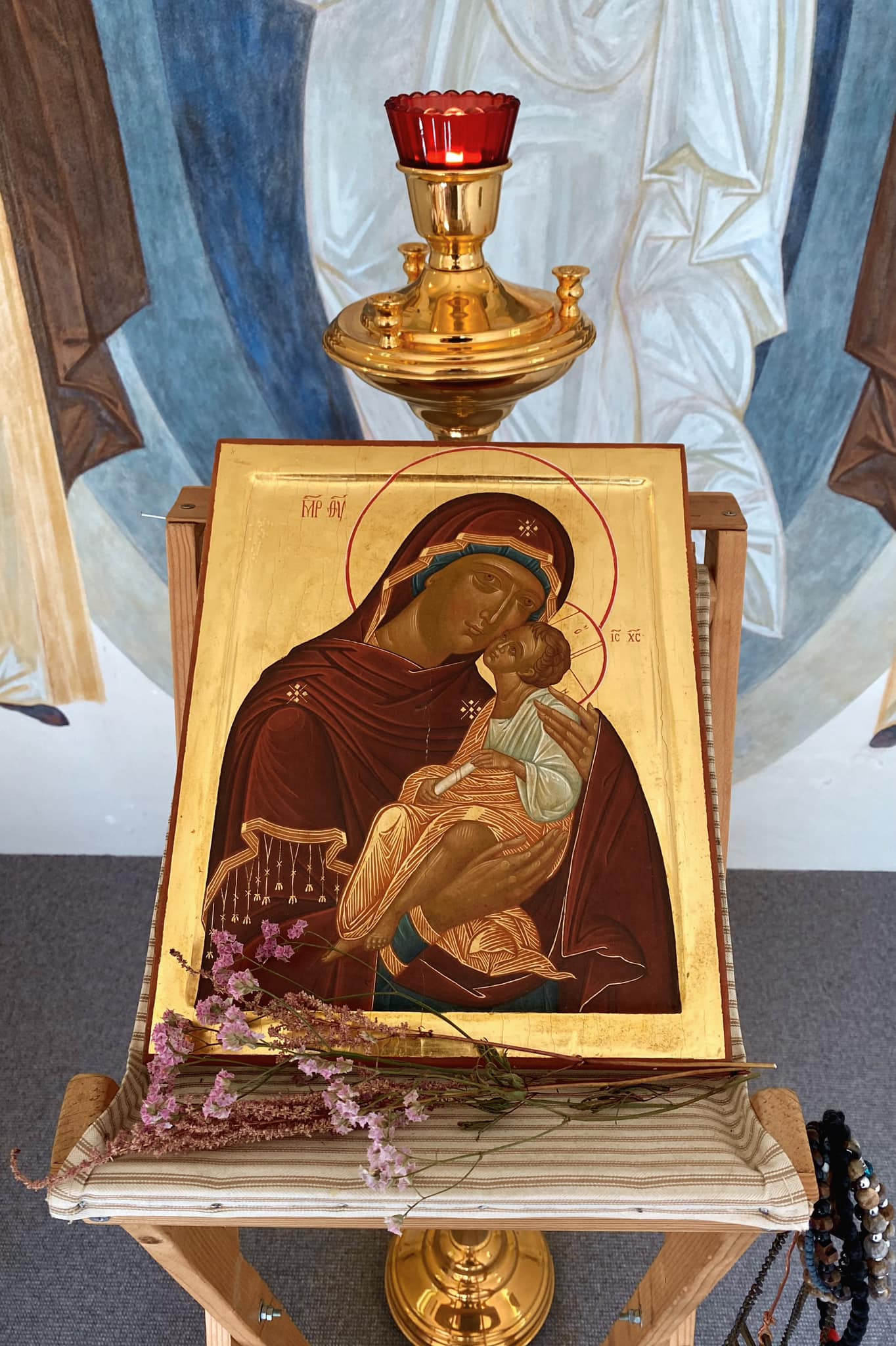


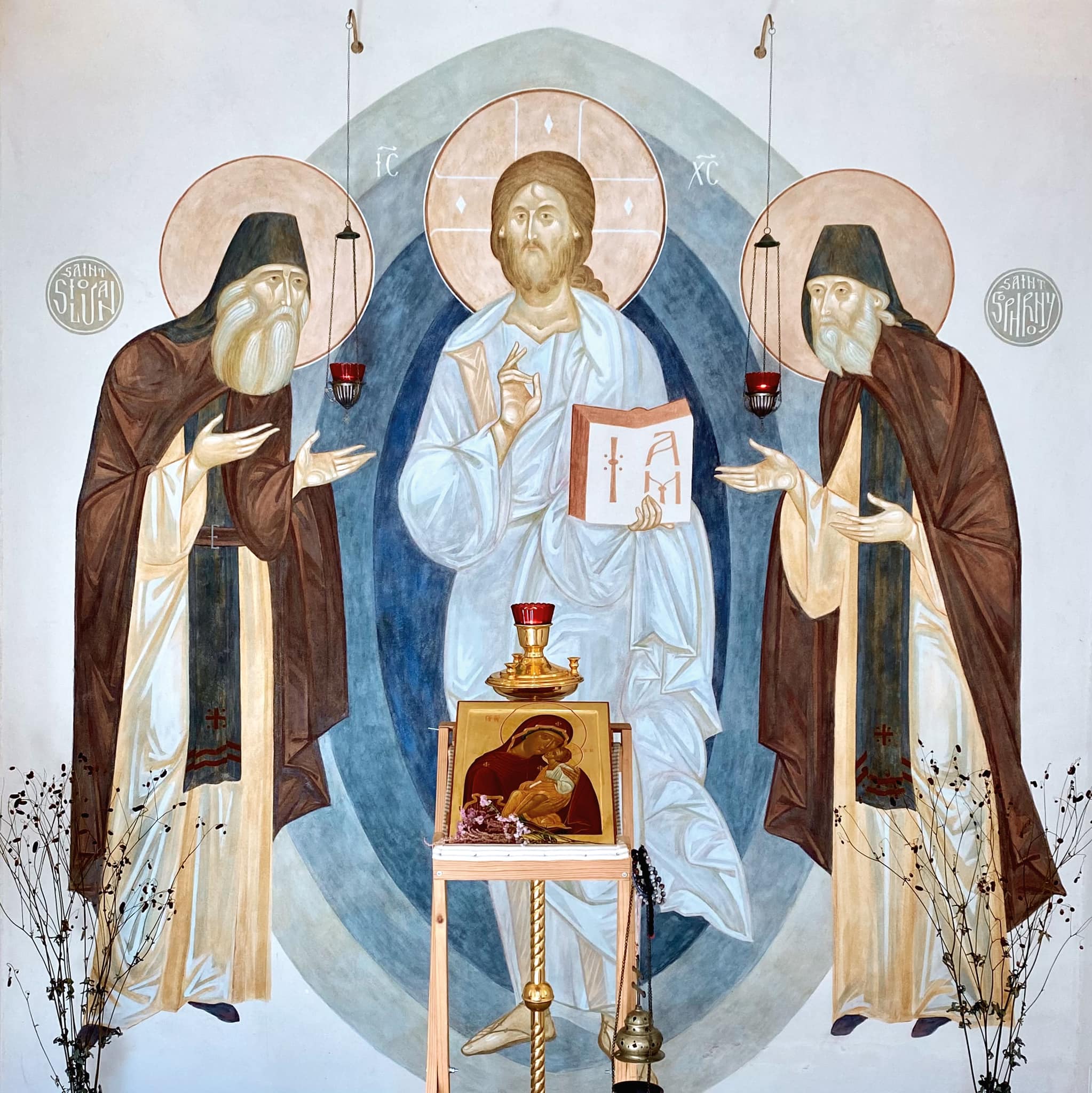




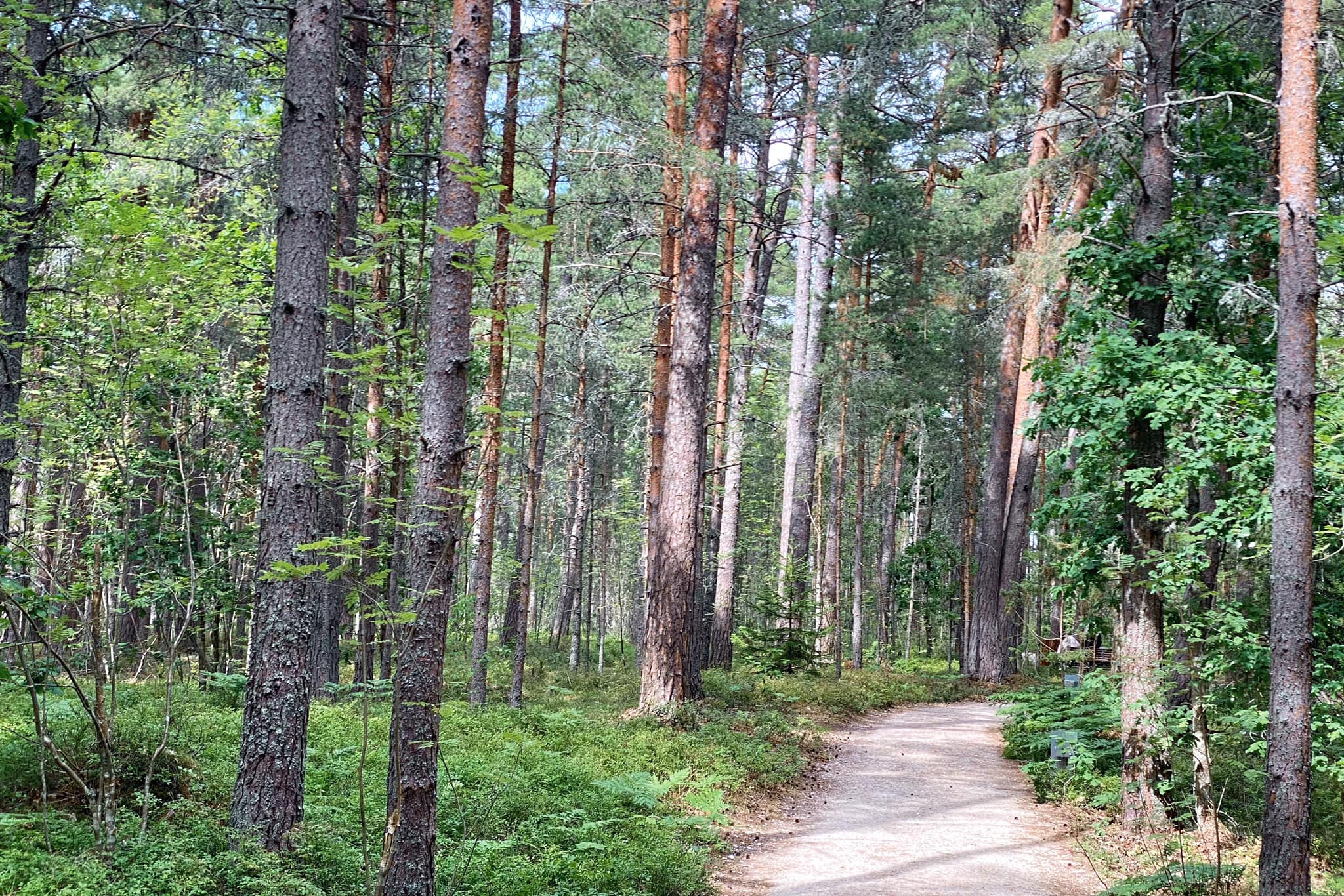





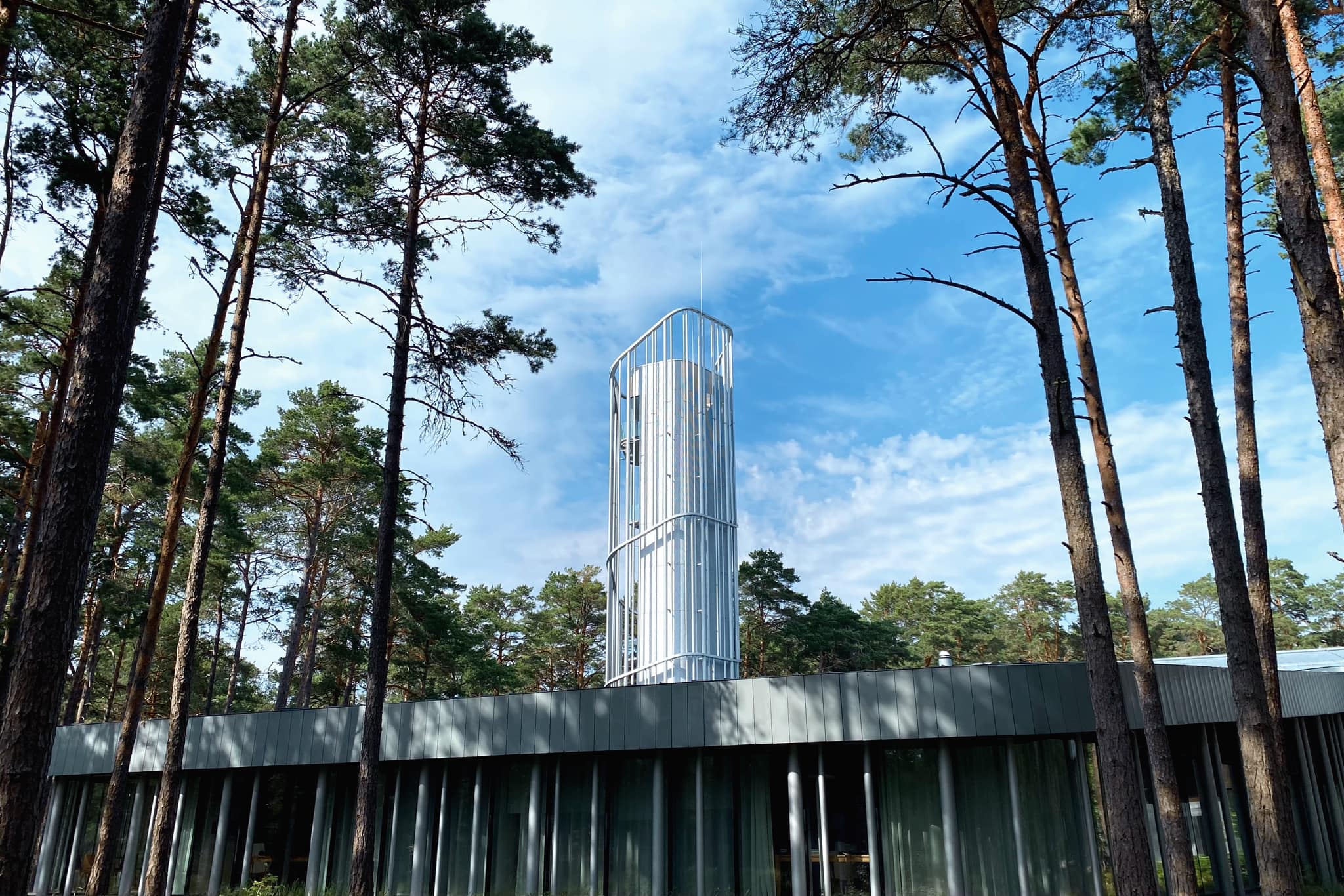


Easter 2022: A Roman Pilgrimage
This Easter my wife and I travelled to Rome. What follows is a simple journal that records some of the things that we did, with a selection of photographs from each day.
Good Friday
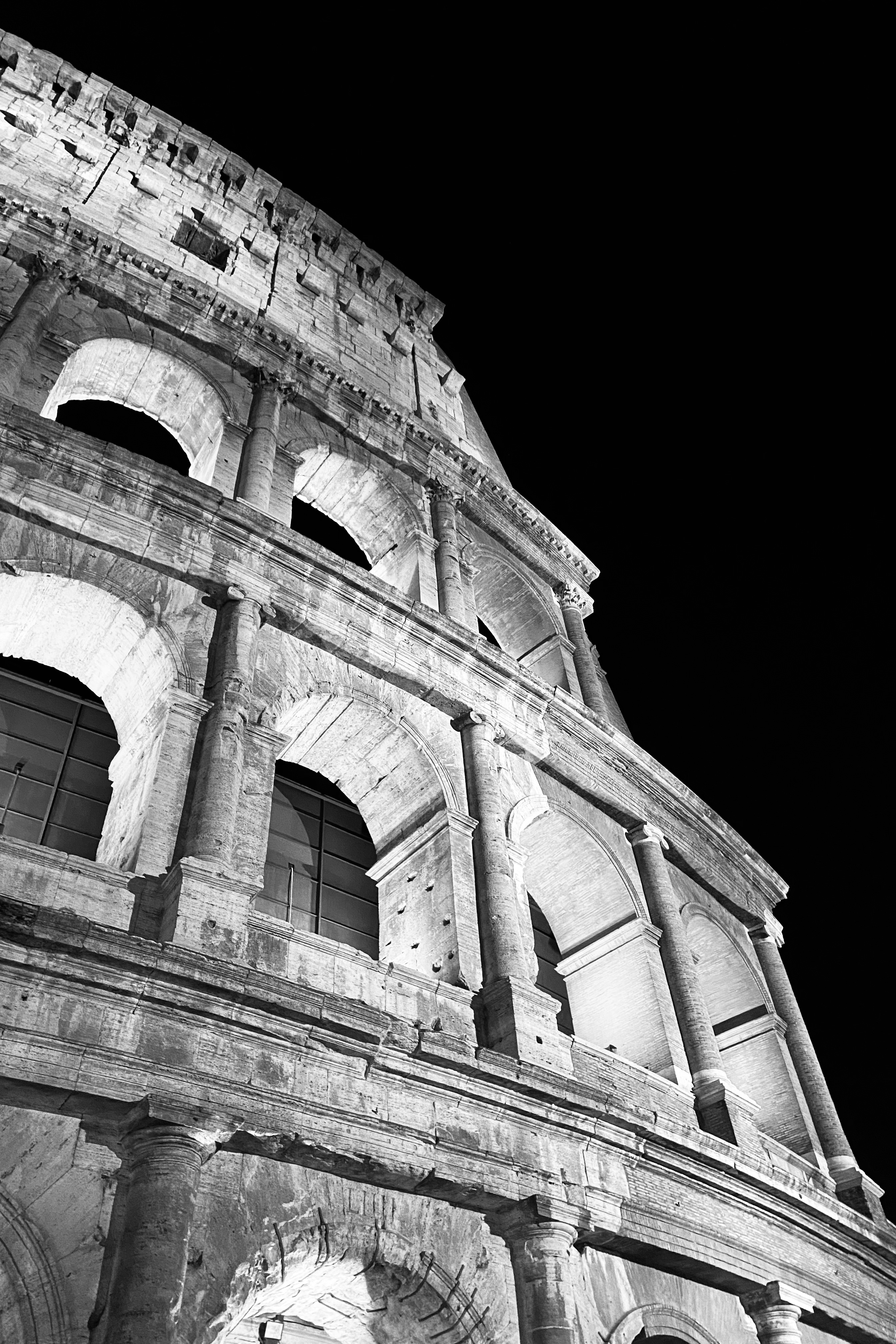


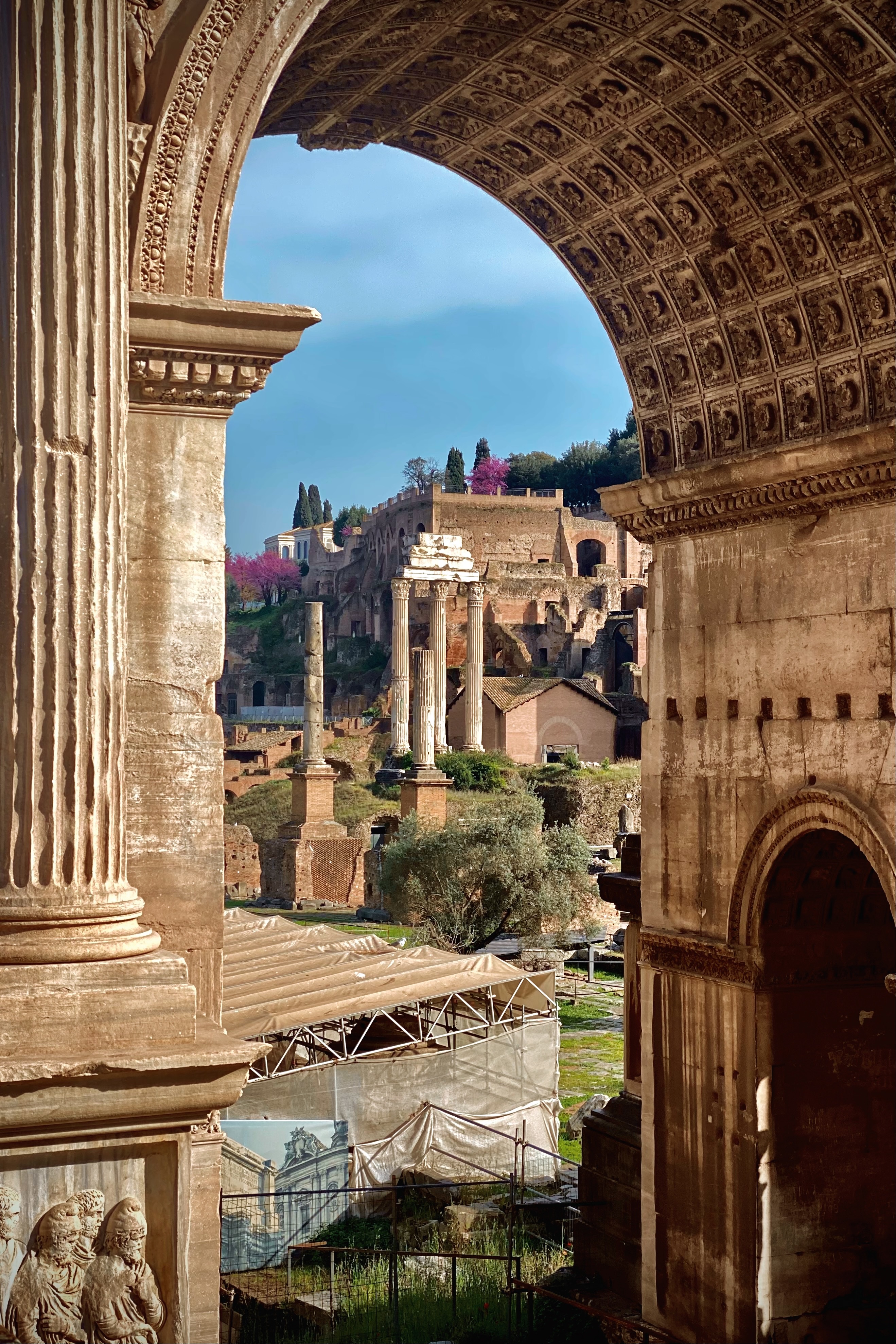
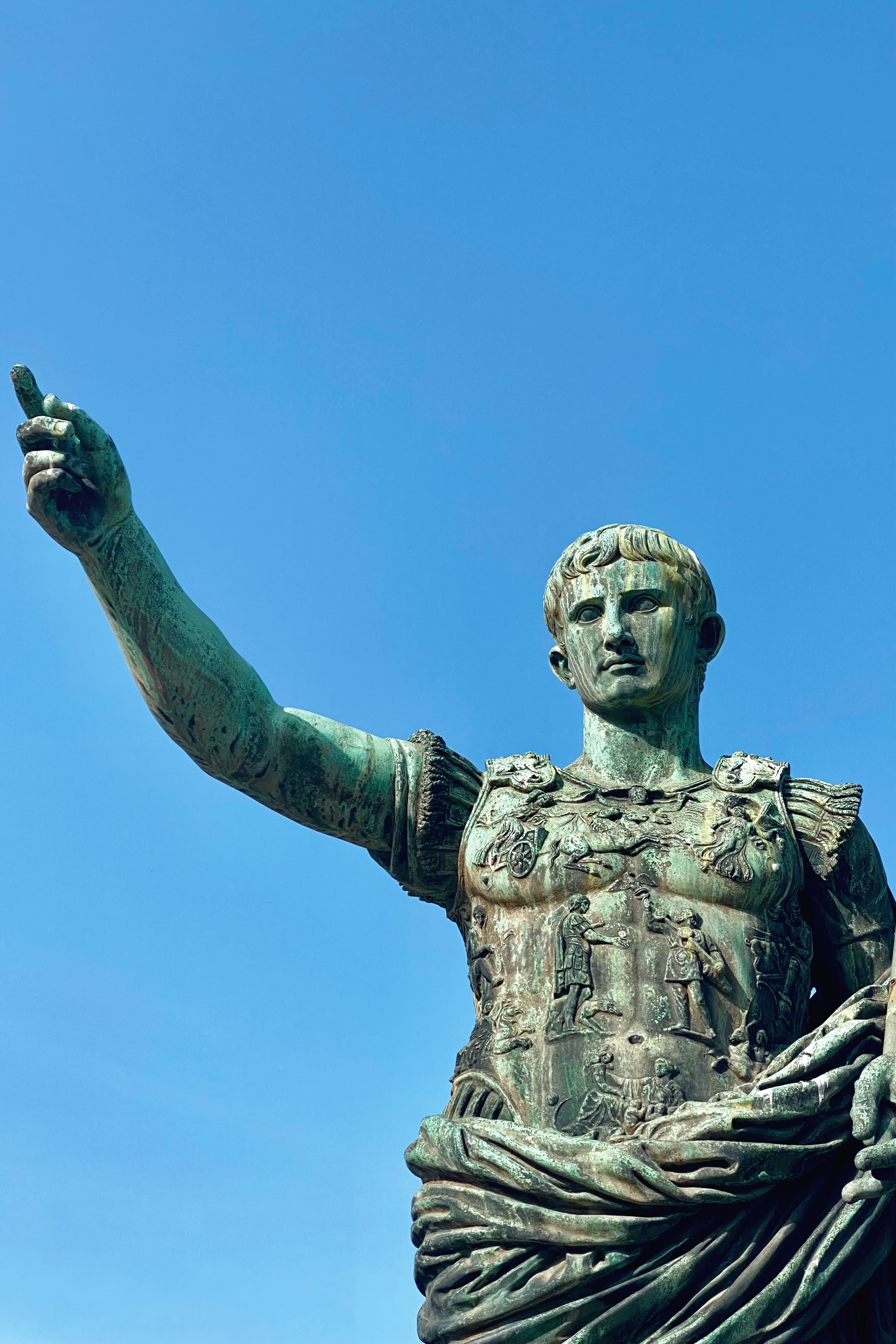
After sunset on Good Friday, we attend the Way of the Cross (Via Crucis) at the Roman Colosseum, which comprises prayers from fifteen families who have encountered suffering and loss in profound ways. We see Pope Francis seated above the procession, and at the end of the traditional fourteen stations he bestows an Apostolic Blessing on the gathering. An incredibly moving experience.
(more…)“When you seek from almost nothing”: Arvo Pärt’s Musical Diaries
In a 30-minute documentary produced in collaboration with the Arvo Pärt Centre, the composer discusses the significance of his personal diaries to the formation and development of his music.
